Photo
It was after a still photography class in university and a life-changing trip to Australia that I discovered a passion for photography. I have found that photography and travel are made for each other. I enjoy processing photos with HDR and believe that post-production is now a vital step of the artistic process. Every now and then, I'll exhibit in museums or at art shows or local markets.
Travel
All around the world.
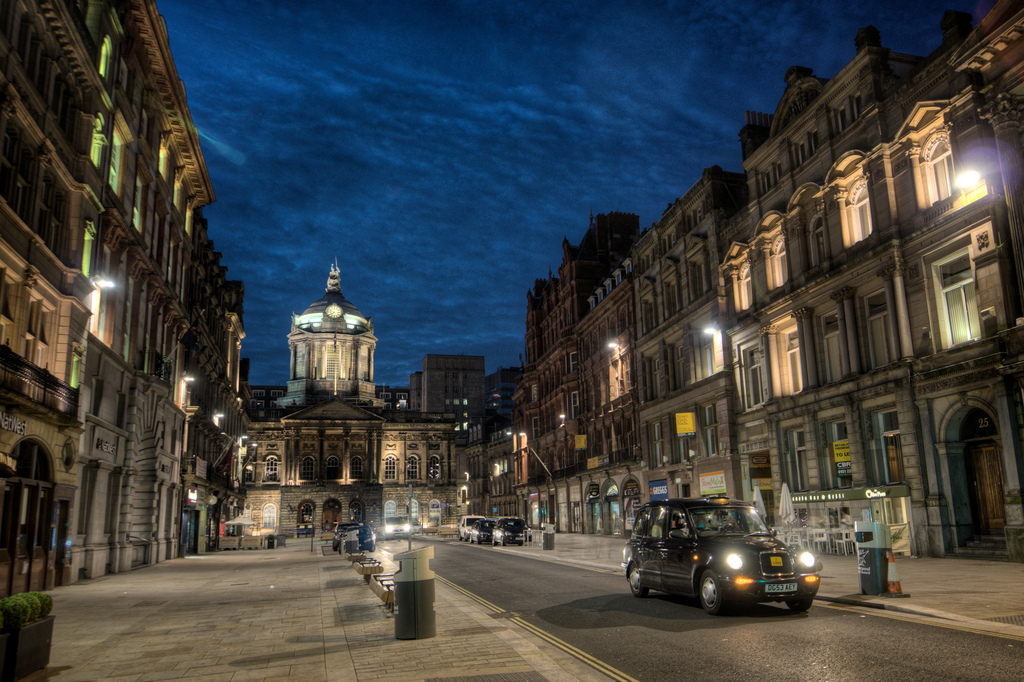
Castle Street at Night
Liverpool, England
This street in Liverpool is a bustling food quarter near the center of town. Liverpool Town Hall sites at the north end of the street.

Windmill Towers on Amorgos
Chora, Amorgos, Greece
These empty windmill structures bravely face the fierce winds near the village of Chora. Most of them were built by the Venetians in the 16th century and were primarily used to mill wheat.
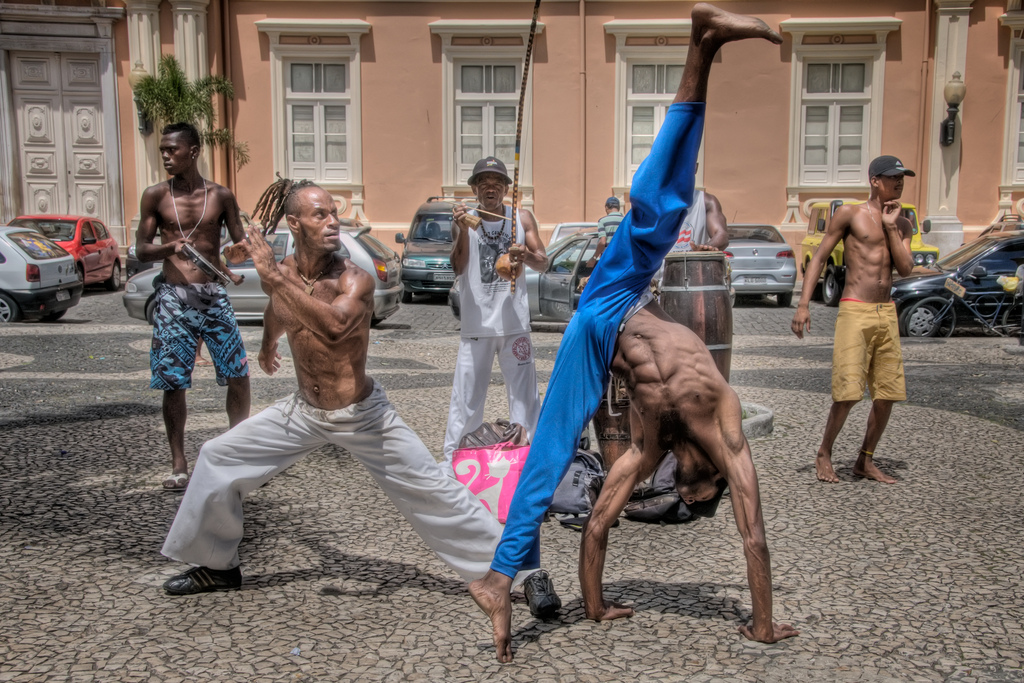
Capoeira in Pelourinho
Salvador, Brazil
These guys put on a little show for us. Capoeira is an Afro-Brazilian art form that combines elements of martial arts, music, and dance. It was created in Brazil by slaves brought from Africa, especially from present day Angola some time after the 16th century.

Green Door in Kotor
Kotor, Montenegro
Kotor has one of the best preserved medieval old towns in the Adriatic and is a UNESCO world heritage site.
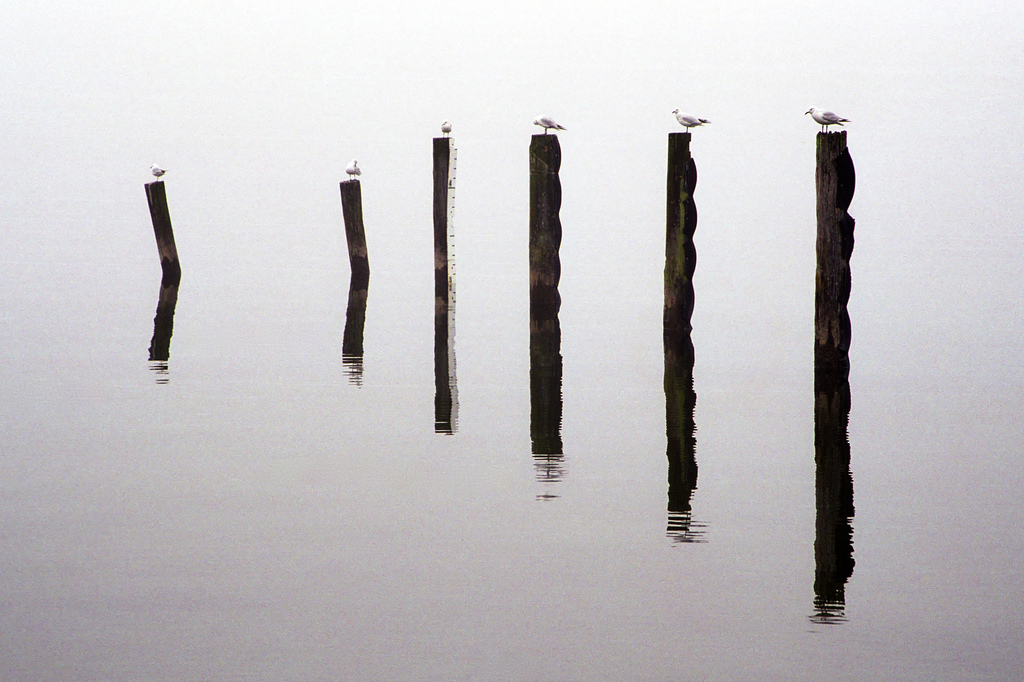
Birds on Sticks
Milford Sound, New Zealand
Was waiting to board a boat to tour around Milford Sound when I turned around and saw this scene. Wooden pillars rising out of the water provide a perfect perch. The fog was quickly rolling out so I snapped it real quick. A moment later, the fog and all of the magic was gone.

Doonagore Castle
County Clare, Ireland
Doonagore Castle is a round 16th-century tower house with a small walled enclosure located about 1 km above the coastal village of Doolin in County Clare, Ireland. Its name may mean "the fort of the rounded hills" or the "fort of the goats"; it sits on a hill overlooking Doolin Point and, along with a nearby higher radio mast, is used as a navigational point by boats approaching Doolin Pier.

Fira at Sunset
Santorini, Greece
Firá is the modern capital of Santorini. A traditional settlement, it derives its name from an alternative pronunciation of "Thíra", the ancient name of the island itself. The cliff is covered with restaurants and bars reaching outward to offer the best possible views of the setting sun every evening.

Wine Cellar at Bled Castle
Bled, Slovenia
Bled Castle is a medieval castle built on a precipice overlooking Lake Bled. The castle was first mentioned in a 22 May 1011 deed of donation issued by Emperor Henry II. In the servant building is a rustic-looking wine cellar.

Eiffel Tower
Paris, France
On a cool, misty evening in Paris. To make the tower look the same color to an observer on the ground, it is painted three different colors changing from dark to light from top to bottom.
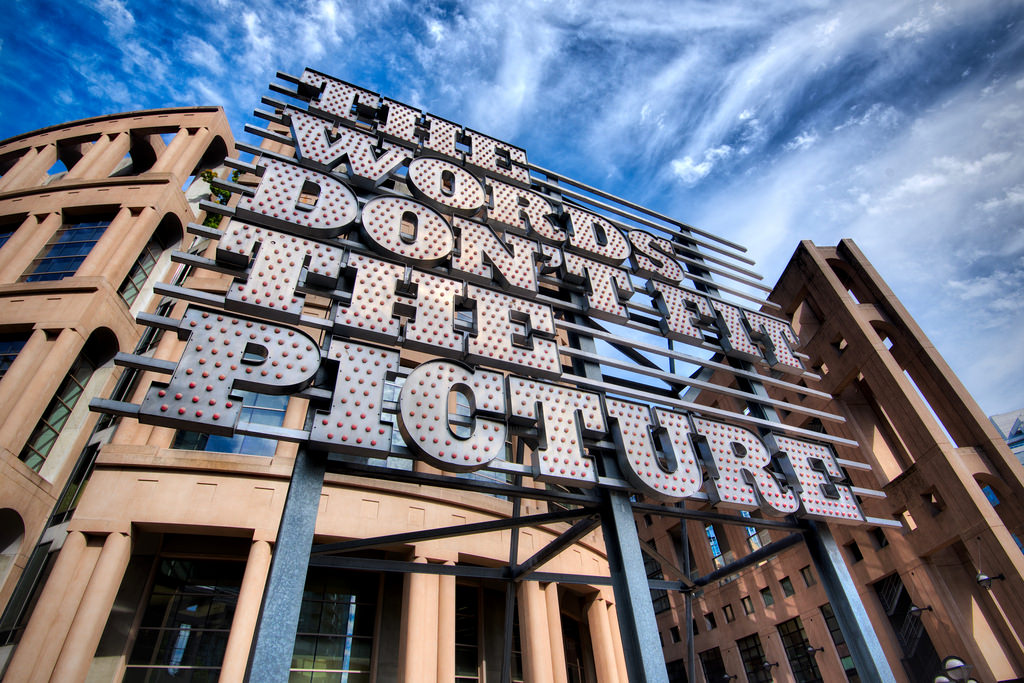
The Words Don't Fit the Picture
Vancouver, British Columbia, Canada
Art piece in front of Vancouver Public Library. The free-standing sign comprised of glowing bulbs was installed by Vancouver-based artist Ron Terada in 2010. Terada wanted to remember an era when the city was filled with striking, iconic neon signs. "The Words Don't Fit the Picture" is a 1972 album by country singer Willie Nelson.
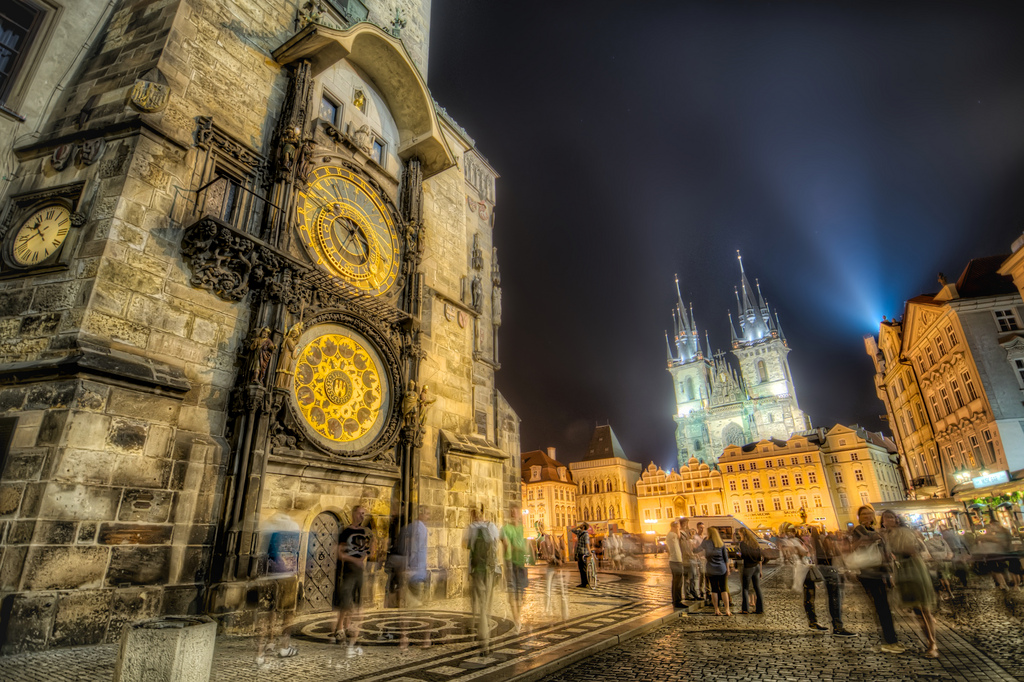
Astronomical Clock in Old Town Square
Prague, Czech Republic
The Astronomical Clock, or Orloj, is mounted on the southern wall of Old Town City Hall in the Old Town Square. The clock was first installed in 1410, making it the third-oldest astronomical clock in the world and the oldest one still operating.

Clouds Over Gamla Stan
Stockholm, Sweden
These clouds were fluttering by moments after a heavy downpour. Gamla stan is the old town of Stockholm. The town dates back to the 13th century, and consists of medieval alleyways, cobbled streets, and archaic architecture.
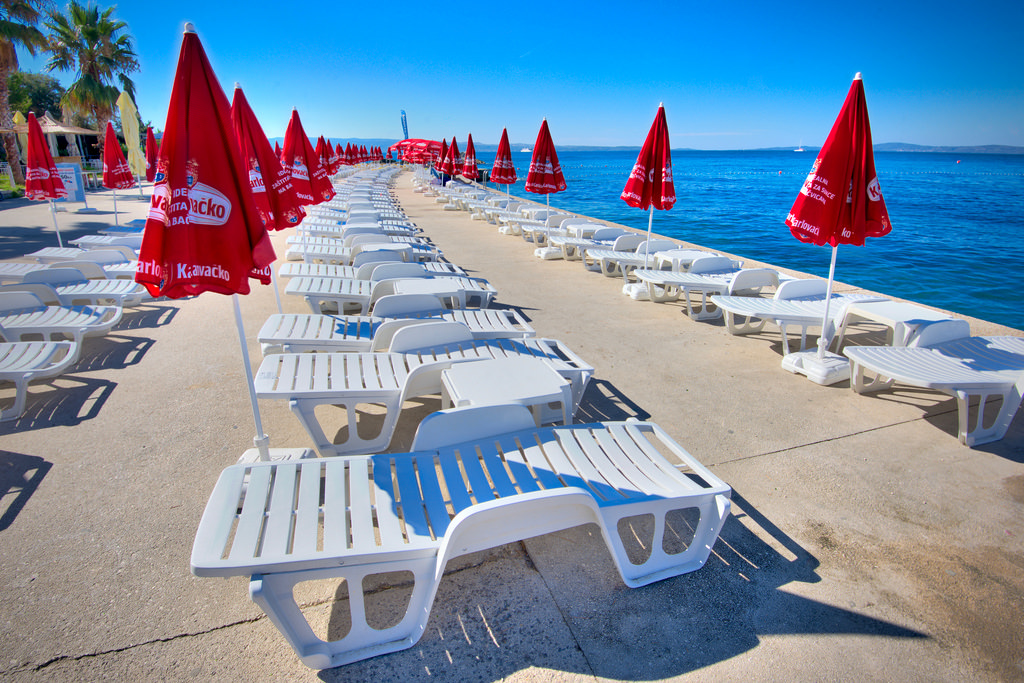
Bačvice Beach
Split, Croatia
Sandy Bačvice is Split's most popular beach. Locals come here during the day to swim, sunbathe, drink coffee and play picigin. But in the morning, you'll have no problem finding a deck chair.
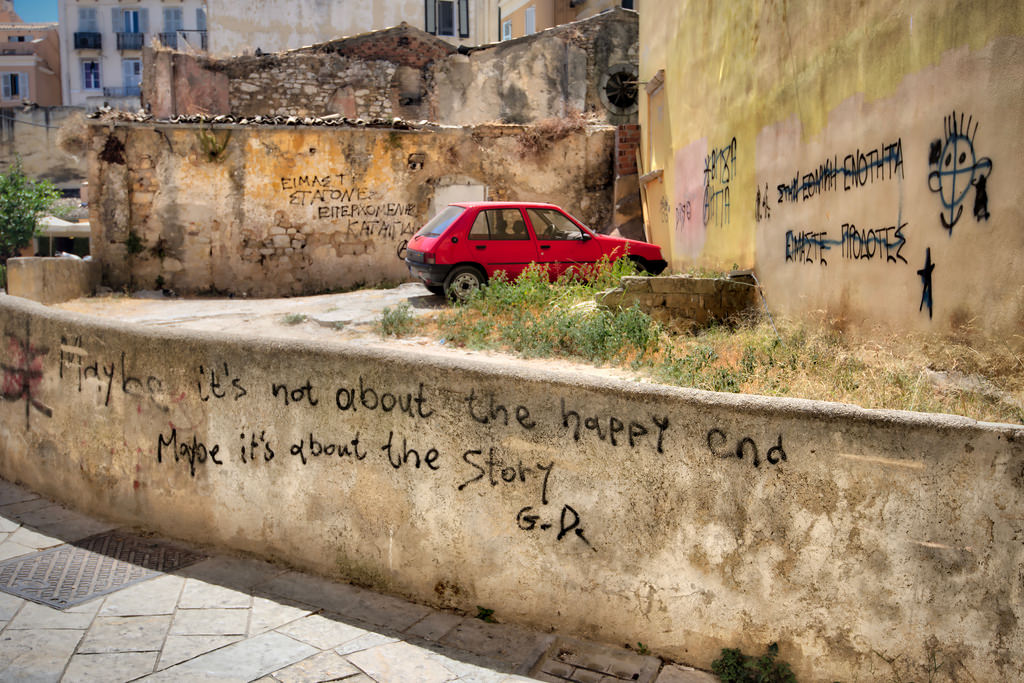
Maybe It's About the Story
Corfu, Greece
Graffiti on a wall in Corfu. Not random, this is a real quote from someone wise and anonymous.

United States Air Force Memorial
Arlington, Virginia
The three memorial spires range from 201 feet to 270 feet high and appear to be soaring. The array of stainless steel arcs against the sky evoke the image of contrails of the Air Force Thunderbirds as they peel back in a precision 'bomb burst' maneuver.

Blue Waters of Cancún
Cancún, Mexico
A short ferry ride from Cancún to Isla Mujeres (Spanish for “island of women”) took me through the bluest water I have ever seen.
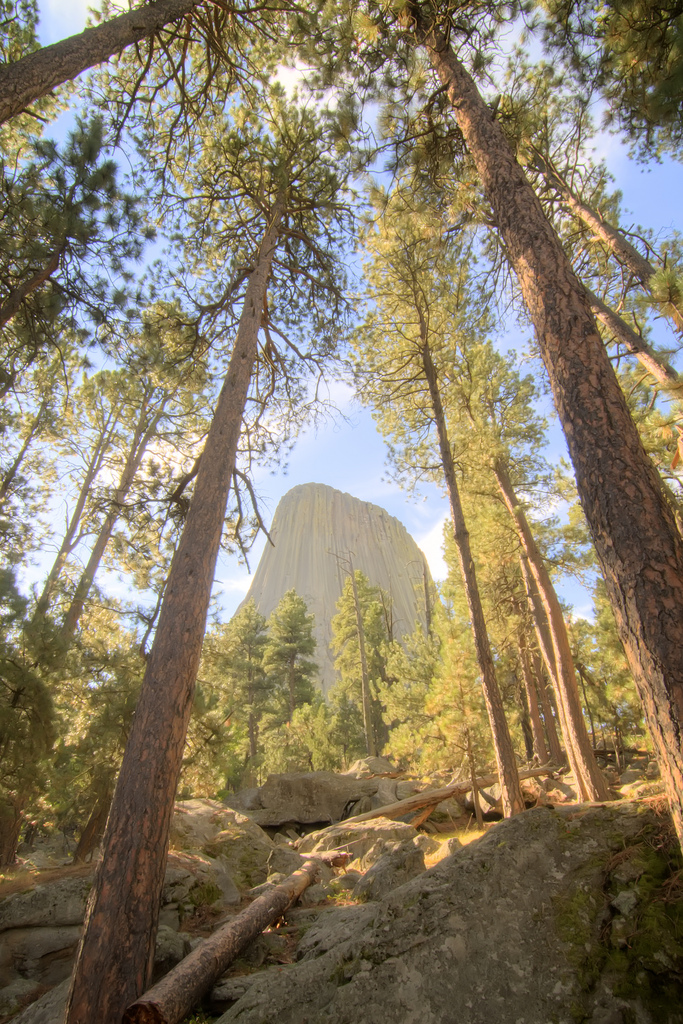
Devils Tower
Devils Tower National Monument, Wyoming
A golden look through the trees at the laccolithic butte. How can you visit this place and not think of Close Encounters?
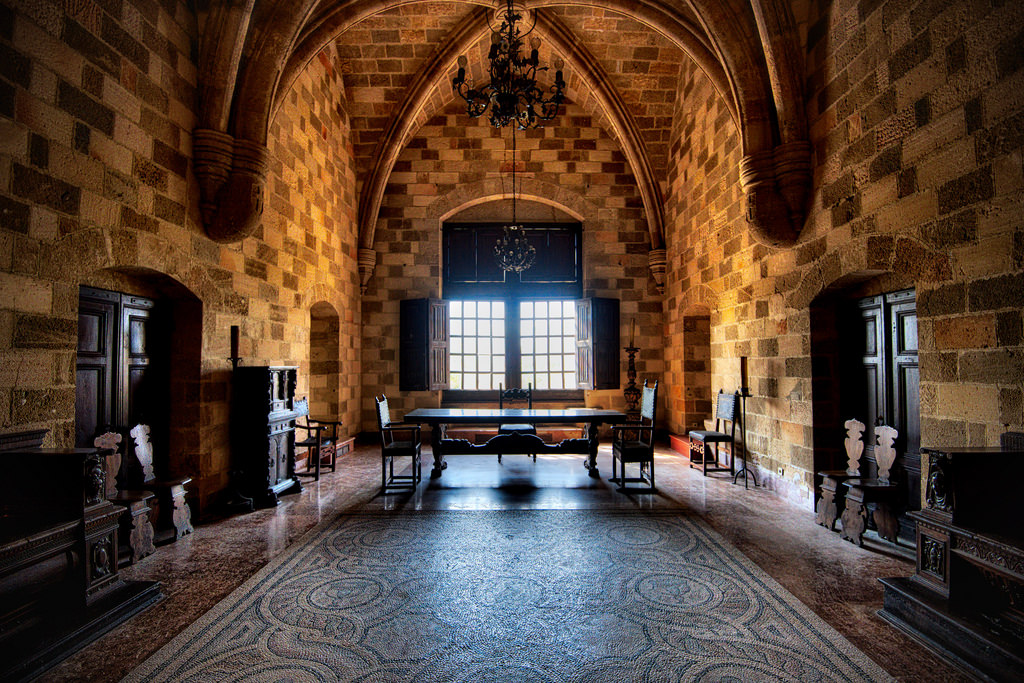
Palace of the Grand Master of the Knights of Rhodes
Rhodes, Greece
Built in the late 7th century as a Byzantine citadel, it is one of the few examples of Gothic architecture in Greece. The site was previously a citadel of the Knights Hospitaller that functioned as a palace, headquarters and fortress.
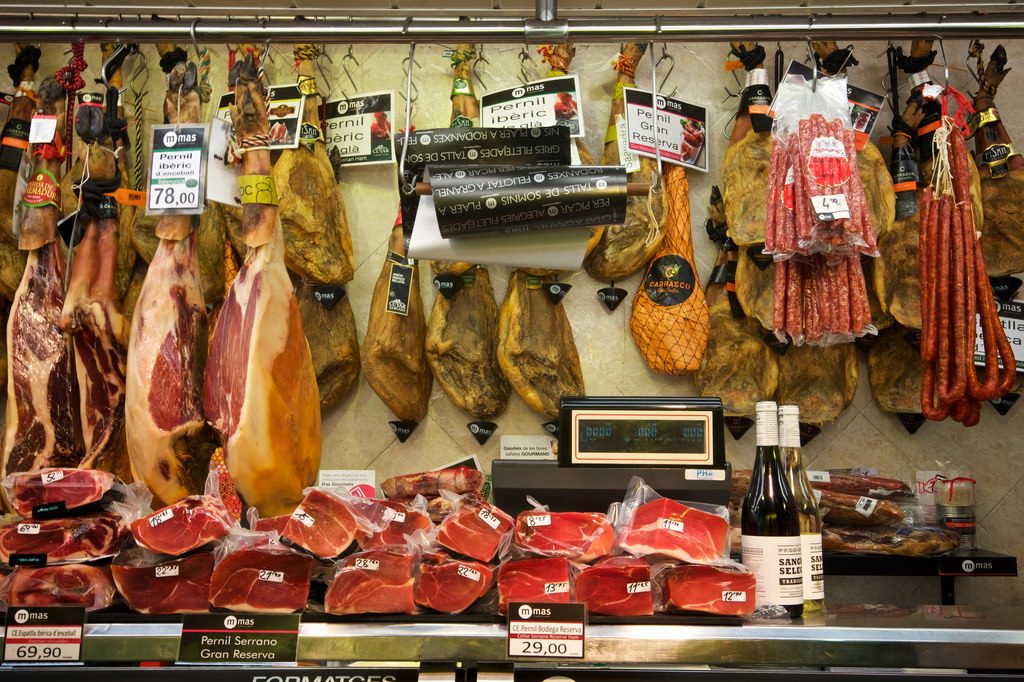
Jamón at La Boqueria
Barcelona, Spain
The Mercat de Sant Josep de la Boqueria is a large public market and one of the city's foremost tourist landmarks. The first mention of the Boqueria market in Barcelona dates from 1217, when tables were installed near the old city gate to sell meat.

From the Jefferson Memorial
Washington, District of Columbia
The memorial is constructed of white Imperial Danby marble from Vermont, which rests upon a series of granite and marble-stepped terraces. A flight of granite and marble stairs and platforms, flanked by granite buttresses, lead up from the Tidal Basin.

St. John the Baptist in Jupiter's Temple
Split, Croatia
The Temple of Jupiter was constructed from 295 to 305 AD. Inside is a large bronze statue of St. John the Baptist made by Ivan Meštrović.

Deli Restaurant
Chora, Schinoussa, Greece
This restaurant on the tiny Greek island of Schinoussa is pretty delicious. And probably the only thing to do on the island.

The Treasury at Night
Petra, Jordan
Al Khazneh (popularly known as “the Treasury”) in the archaeological city of Petra was carved out of a sandstone rock face by the Nabataean people. It is unknown as to why or exactly when it was originally built, but it was probably between 100 BCE and 200 CE.
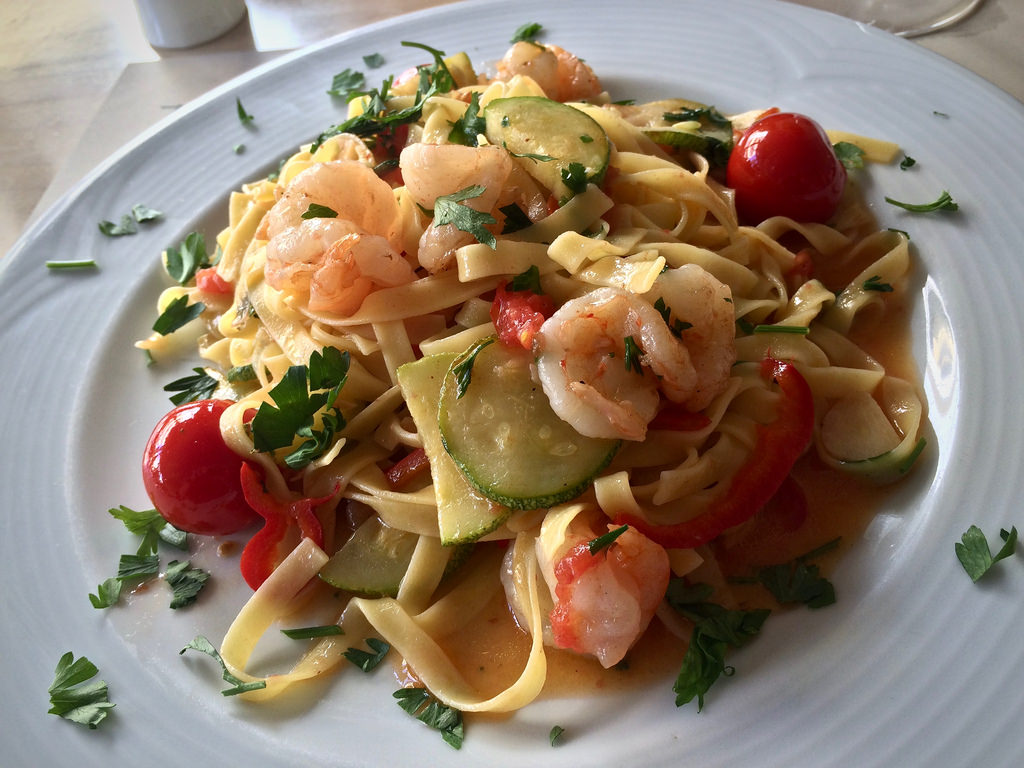
Shrimp & Zucchini Tagliatelle in a Garlic Butter Sauce
Rhodes, Greece
An absolutely fantastic lunch at Tamam, one of the greatest restaurants in Rhodes.
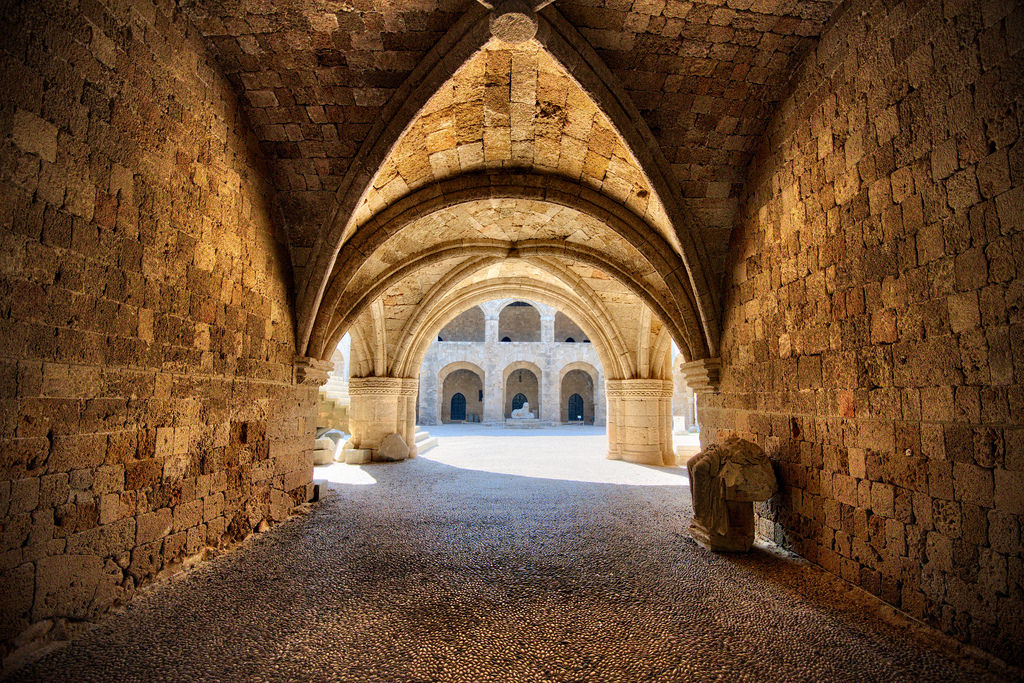
Archaeological Museum of Rhodes
Rhodes, Greece
The Archaeological Museum of Rhodes is housed in the medieval building of the Hospital of the Knights. Grand Master de Lastic began construction of the building in 1440.
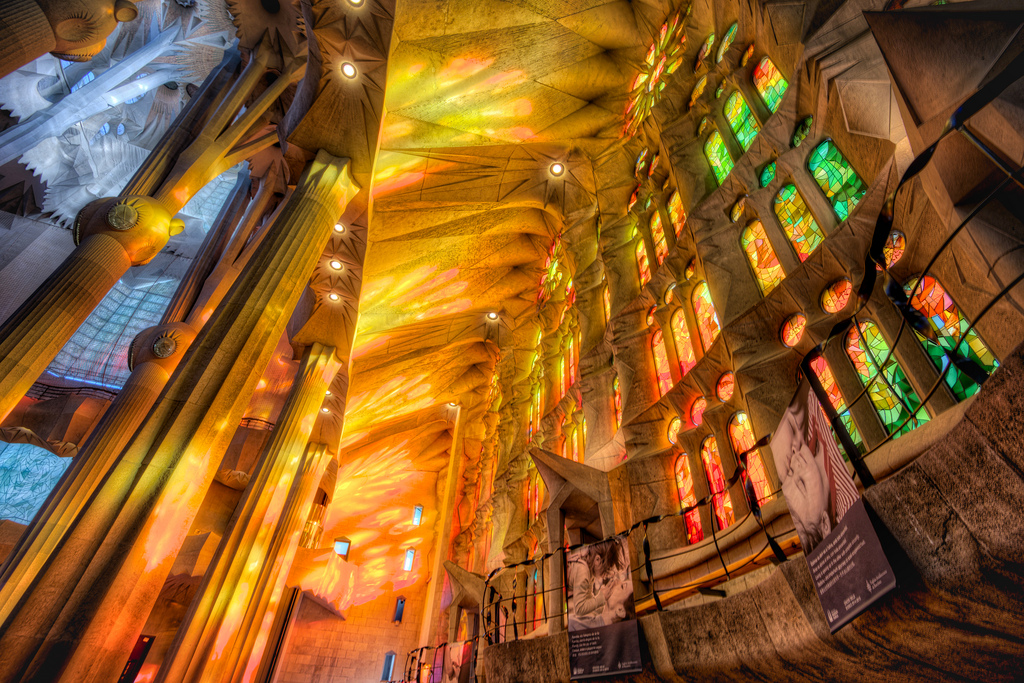
Sagrada Família
Barcelona, Spain
The columns of the interior are a unique Gaudí design. Besides branching to support their load, their ever-changing surfaces are the result of the intersection of various geometric forms. Essentially none of the interior surfaces are flat; the ornamentation is comprehensive and rich, consisting in large part of abstract shapes which combine smooth curves and jagged points.

Mount Rushmore
Mount Rushmore National Memorial, South Dakota
An unconventional perspective from the drive in. Looks like Teddy and Abe are getting fresh.
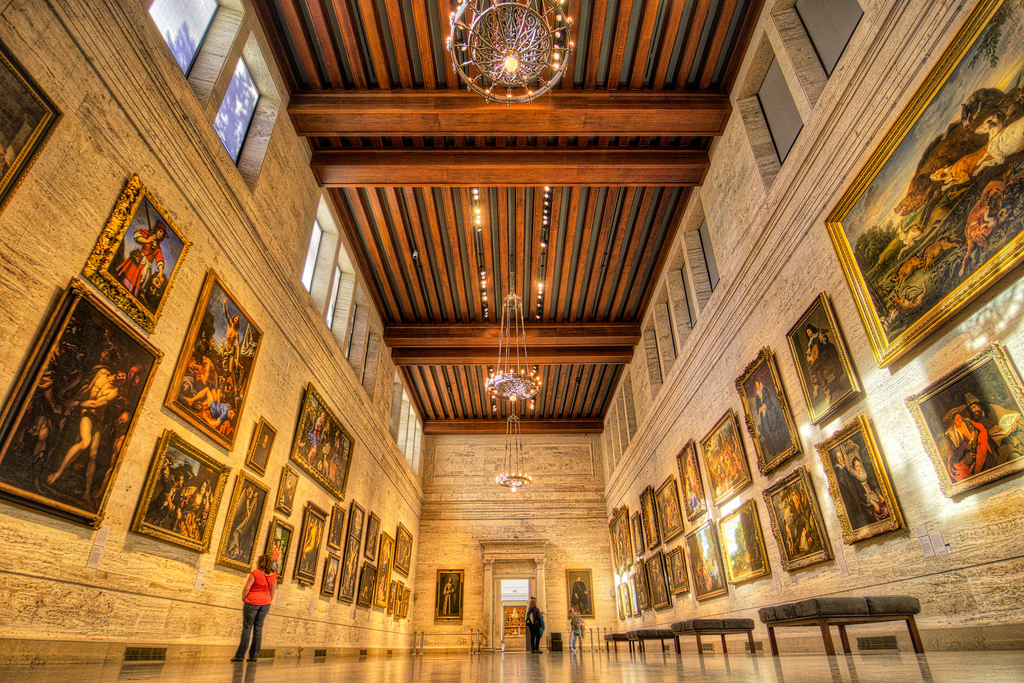
European Old Master Paintings Room
Boston, Massachusetts
At Boston's Museum of Fine Arts. I'm surprised they let the sun stream in through those windows and shine on those paintings like that.

Eilean Donan
Western Highlands, Scotland
Eilean Donan is a small tidal island where three sea lochs meet, Loch Duich, Loch Long and Loch Alsh, in the western Highlands of Scotland. Dominating the small island is a picturesque castle founded in the thirteenth century.

Golden Room in Stockholm City Hall
Stockholm, Sweden
This is the hall used for the ball after Nobel Prize banquet every year. A location for festivities in the central building of Stockholm City Hall was ordered in 1908 by the city councillor. Initially, the Golden Hall was not golden but built with stone and granite. Thanks to a hefty donation by a someone who wished to remain anonymous, the Golden Hall was reworked with golden mosaics of events and persons from Swedish history.
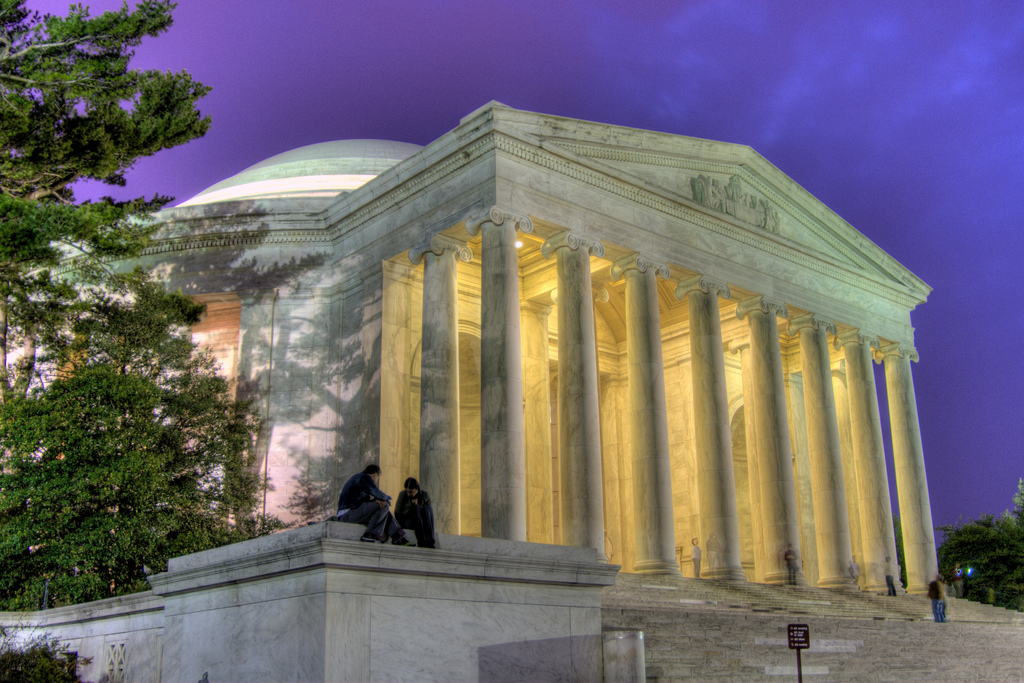
Jefferson Memorial
Washington, District of Columbia
The Thomas Jefferson Memorial is dedicated to the third president of the United States. The neoclassical building was designed by John Russell Pope and completed in 1943.

The Scary Staircase Up to Brian's Apartment
New York, New York
In his Upper West Side apartment building.
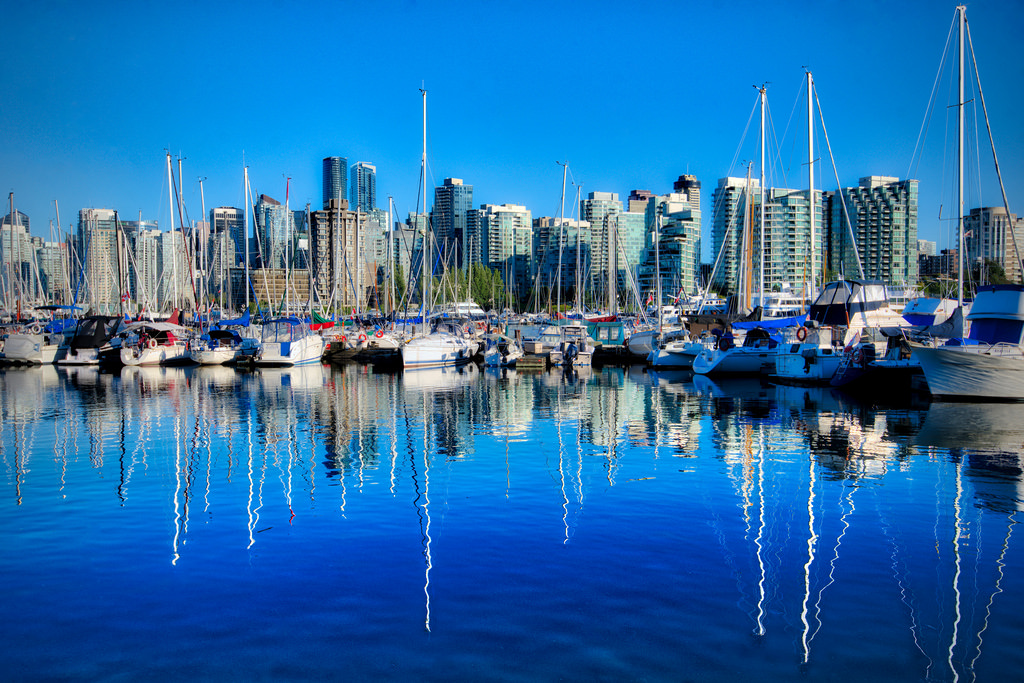
Vancouver from Stanley Park
Vancouver, British Columbia, Canada
Stanley Park is a 405-hectare public park that borders the downtown of Vancouver in British Columbia, Canada and is almost entirely surrounded by waters of Vancouver Harbour and English Bay.
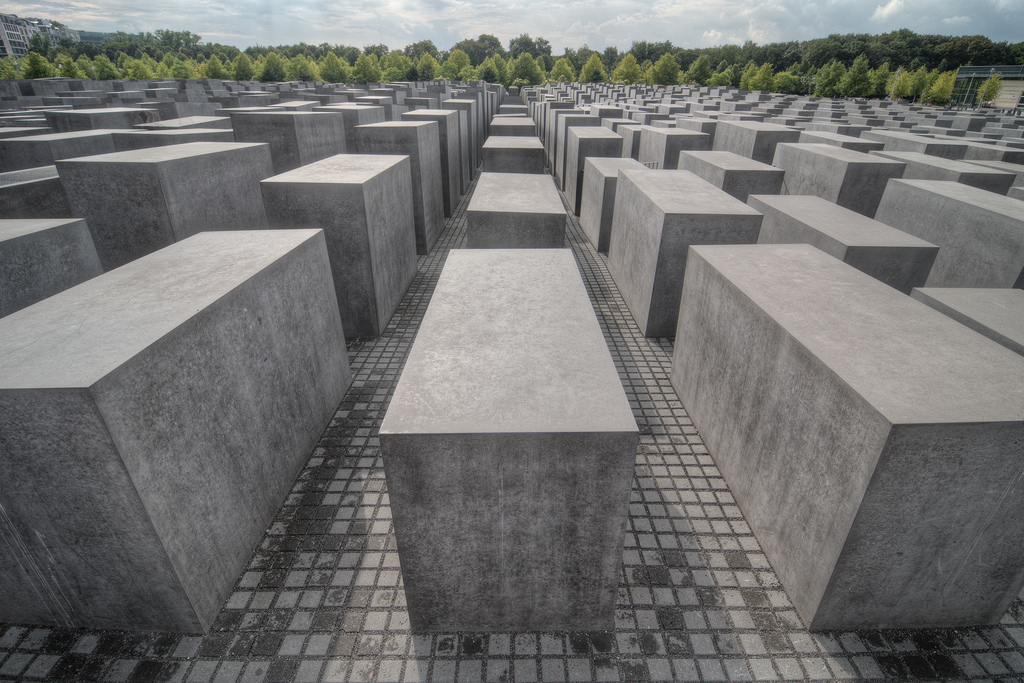
Memorial to the Murdered Jews of Europe
Berlin, Germany
The 2,711 concrete slabs arranged in a grid pattern on a sloping field are designed to produce an uneasy, confusing atmosphere, and the whole sculpture aims to represent a supposedly ordered system that has lost touch with human reason.
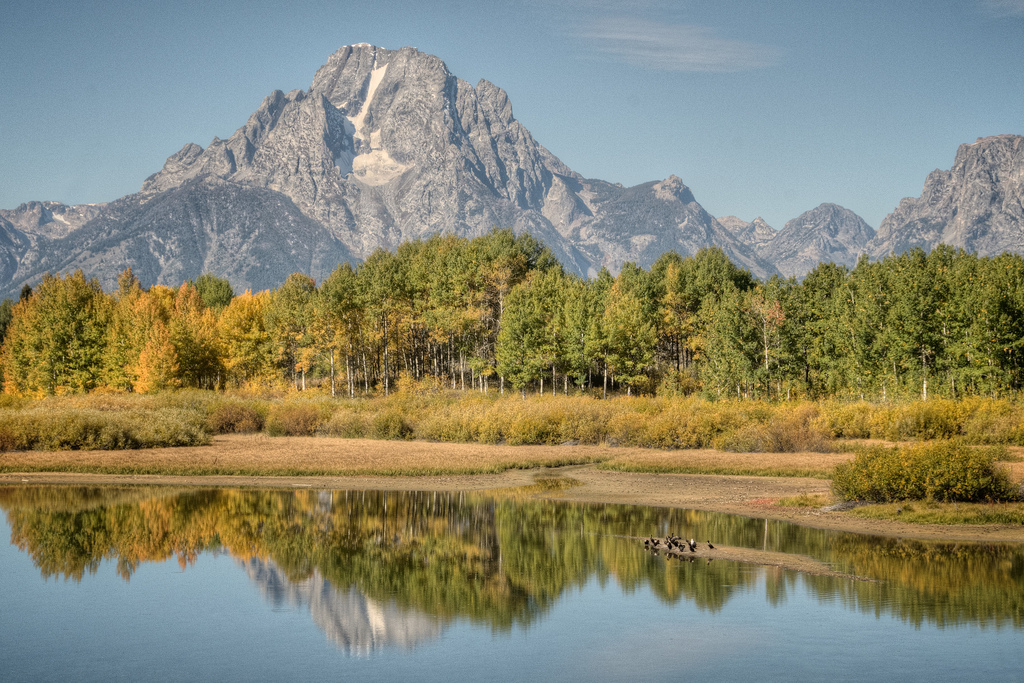
Mount Moran
Grand Teton National Park, Wyoming
As seen from Horseshoe Bend.
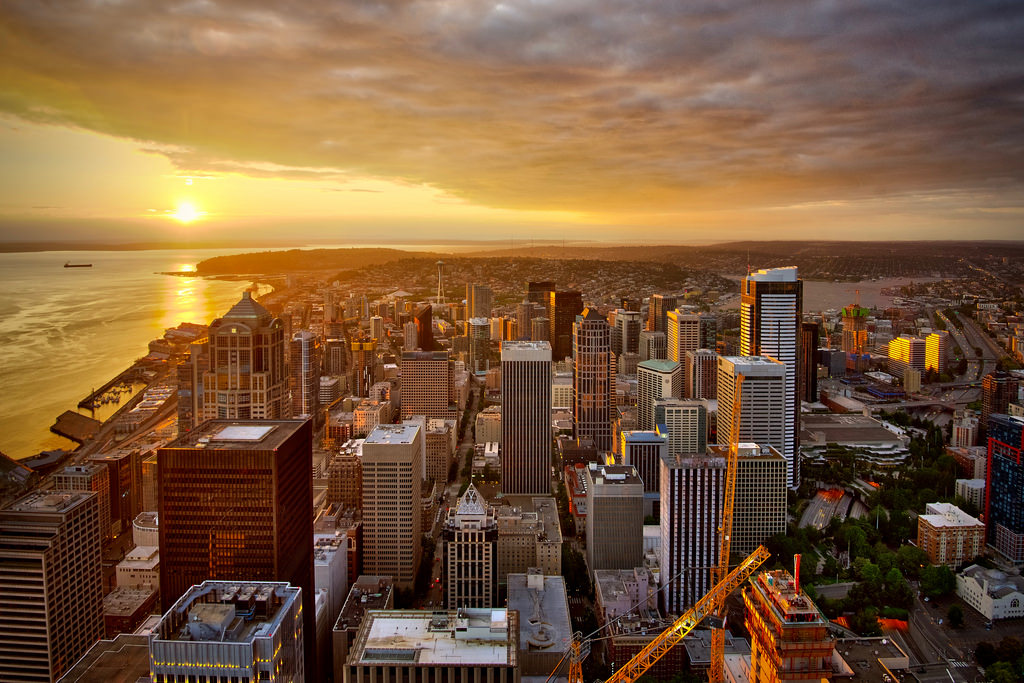
Seattle Sunset
Seattle, Washington
As seen from the Columbia Center, the tallest building in the state of Washington. From this height and distance, the Sky Needle looks tiny.
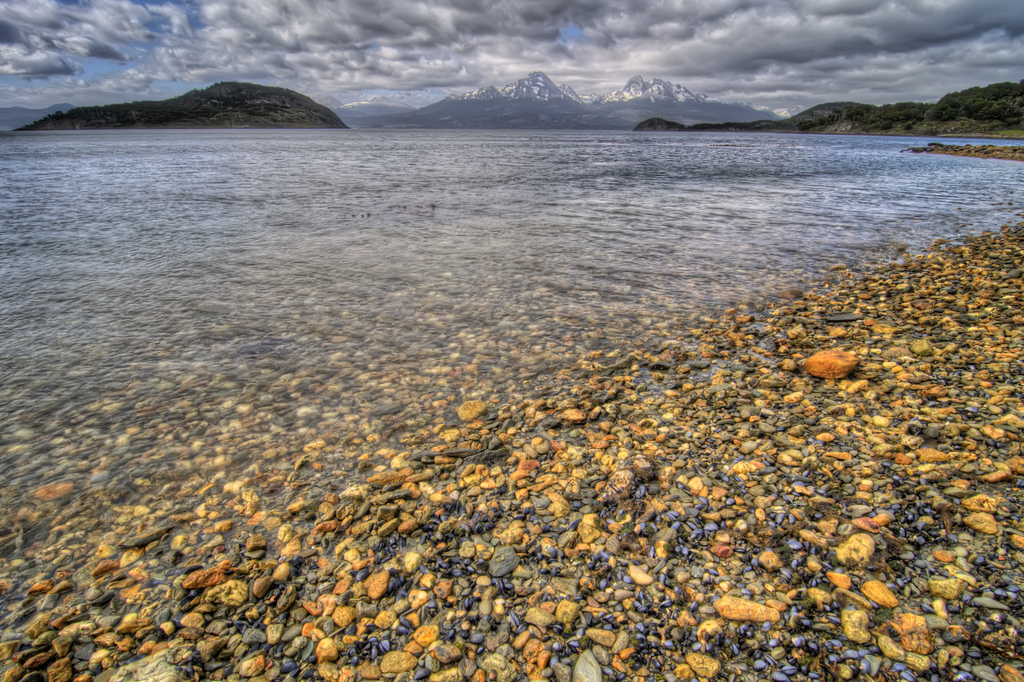
Purple Shells & Orange Rocks
Ushuaia, Argentina
Near South America's southern tip, looking towards Antarctica. Beagle Channel forms part of the border between Chile and Argentina and is one of the three navigable passages around South America between the Pacific and Atlantic Oceans.

Boat on the Floating Island
Lake Titicaca, Peru
There are 42 self-fashioned floating islands in Lake Titicaca near Puno. The purpose of the island settlements was originally defensive, and if a threat arose they could be moved. The reeds at the bottoms of the islands rot away fairly quickly, so new reeds are added to the top constantly, about every three months.

Four Men in Halki
Halki, Naxos, Greece
These four guys were relaxing and chatting in the midday heat. I was pretty close and didn't want to disrupt the scene with my giant camera, so I shot from the hip on this one.

The Hypostyle Room
Barcelona, Spain
The Hypostyle Room was designed to be the market for Barcelona's famous Park Güell. It is made up of 86 striated columns inspired in the Doric order. The ceiling is formed of small domes constructed using the traditional technique of clay bricks decorated with original tile-shard mosaics made by Josep M. Jujol, one of Gaudí's assistants.

A Message from Above
Jerusalem, Israel
The Old City as viewed from the Mount of Olives, named for the olive groves that once covered its slopes. The mount has been used as a Jewish cemetery for over 3,000 years and holds approximately 150,000 graves.

Eiffel Tower
Paris, France
Looking up inside of it. The puddled iron of the Eiffel Tower weighs 7,300 tons, and the addition of lifts, shops, and antennae have brought the total weight to approximately 10,100 tons.
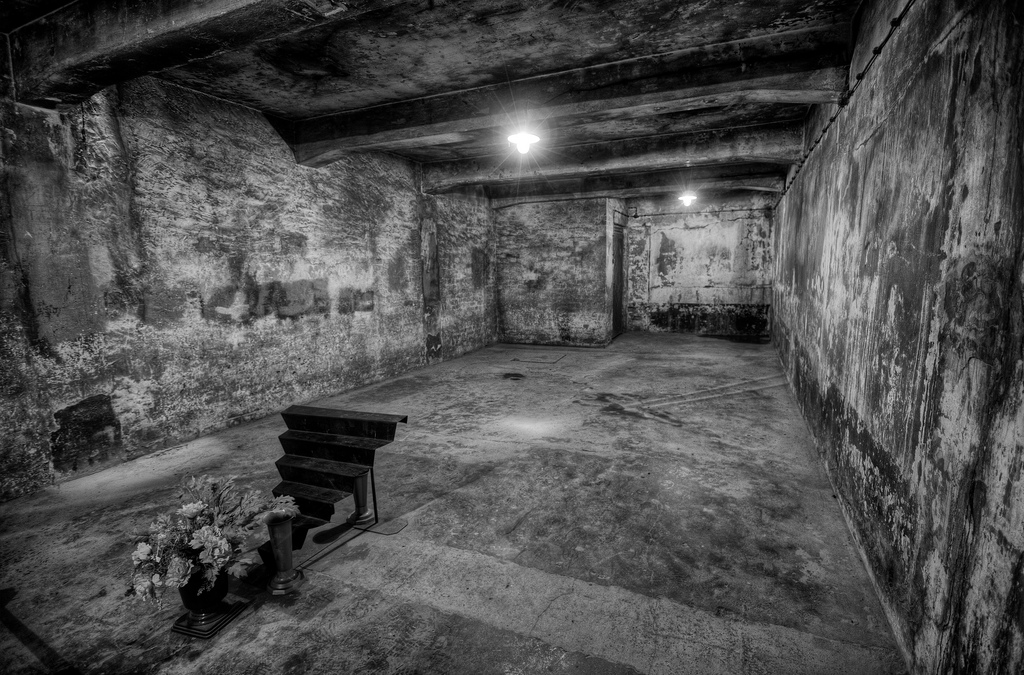
Gas Chamber Memorial
Oświęcim, Poland
A morgue was converted into this gas chamber at Auschwitz in September 1941. It was first tested on Soviet POWs before coming into regular usage with prisoners. The gas chamber operated from 1941 to 1942, during which time some 60,000 people were killed. It was transformed into a bomb shelter by the Germans in 1944 but reconstructed after the war as a memorial.
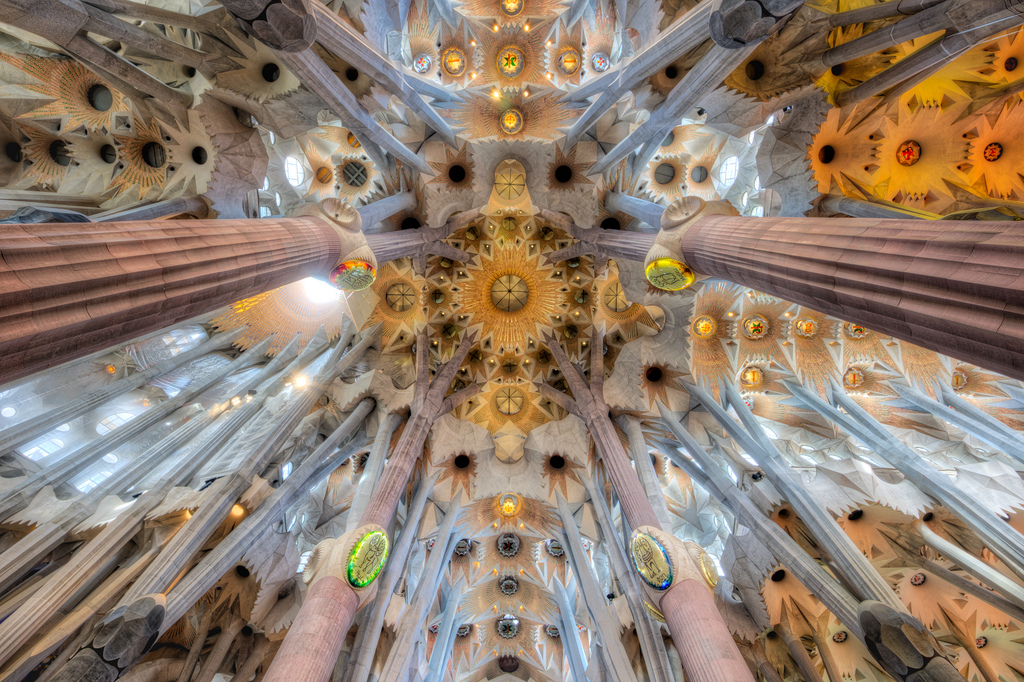
Sagrada Família
Barcelona, Spain
The columns of the interior are a unique Gaudí design. Besides branching to support their load, their ever-changing surfaces are the result of the intersection of various geometric forms. Essentially none of the interior surfaces are flat; the ornamentation is comprehensive and rich, consisting in large part of abstract shapes which combine smooth curves and jagged points.
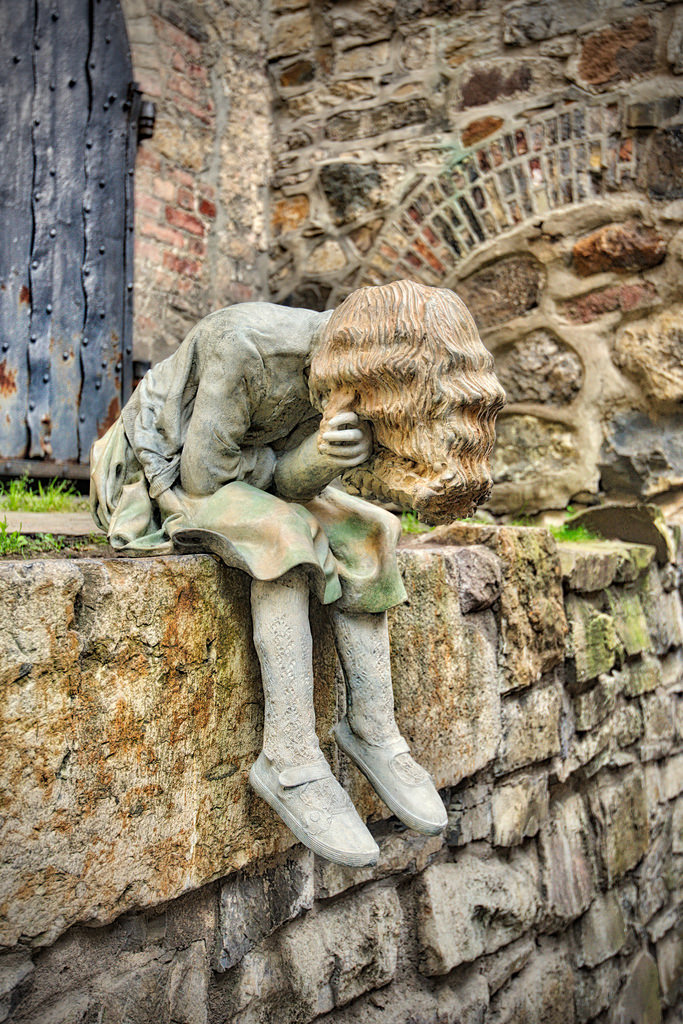
Sculpture at Akershus Fortress
Oslo, Norway
The Akershus Fortress, built as a castle and prison in the 13th century, had creepy little girl sculptures all over it.

Conifers and a Mountain
Glacier National Park, Montana

Virginia Square Metro Station
Arlington, Virginia
A Washington Metro station on the Orange Line. If you look closely, you can see a woman wearing a green sweater smearing her way down the right side of the platform.

Octopi on a Stick
Naxos, Greece
These guys were hanging out right in front of a restaurant. The Greeks love to eat octopus.
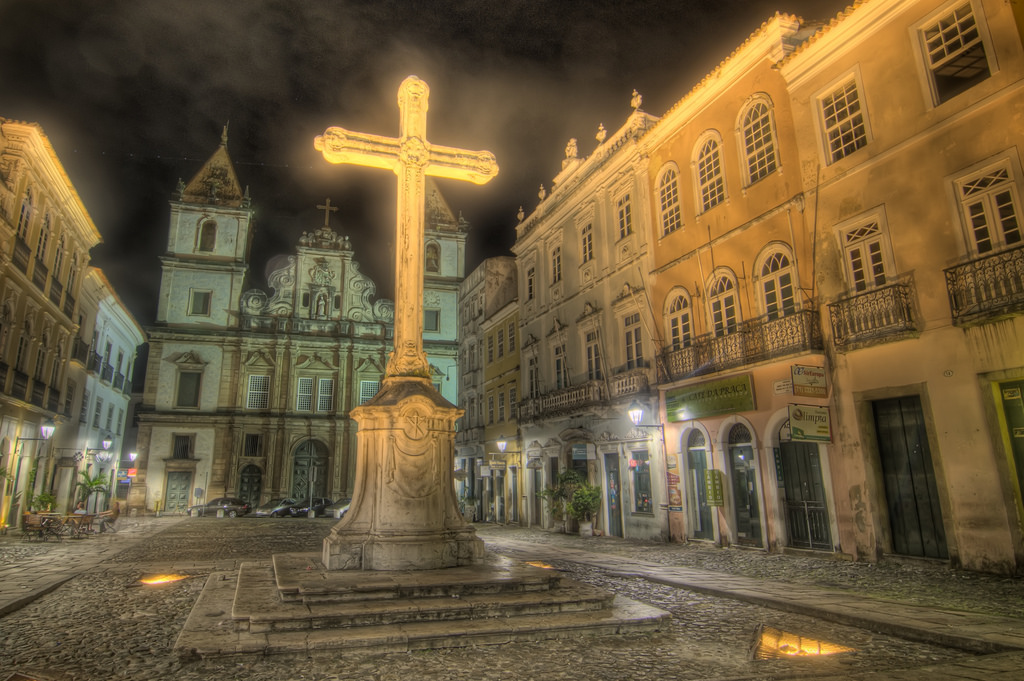
Cross in Pelourinho Square
Salvador, Brazil
Pelourinho is the historic center of Salvador, getting it name from the whipping post in its central plaza where African slaves were disciplined and punished during the Portuguese Colonial Period in the 16th and 17th centuries.

Beckholmssundet
Stockholm, Sweden
Beckholmssundet is a narrow sound between Grona Lund and Beckholmen in Stockholm. The island of Beckholmen has several dry docks for the repair and cleaning of ships. This view is from the Beckholmsbron bridge looking west.
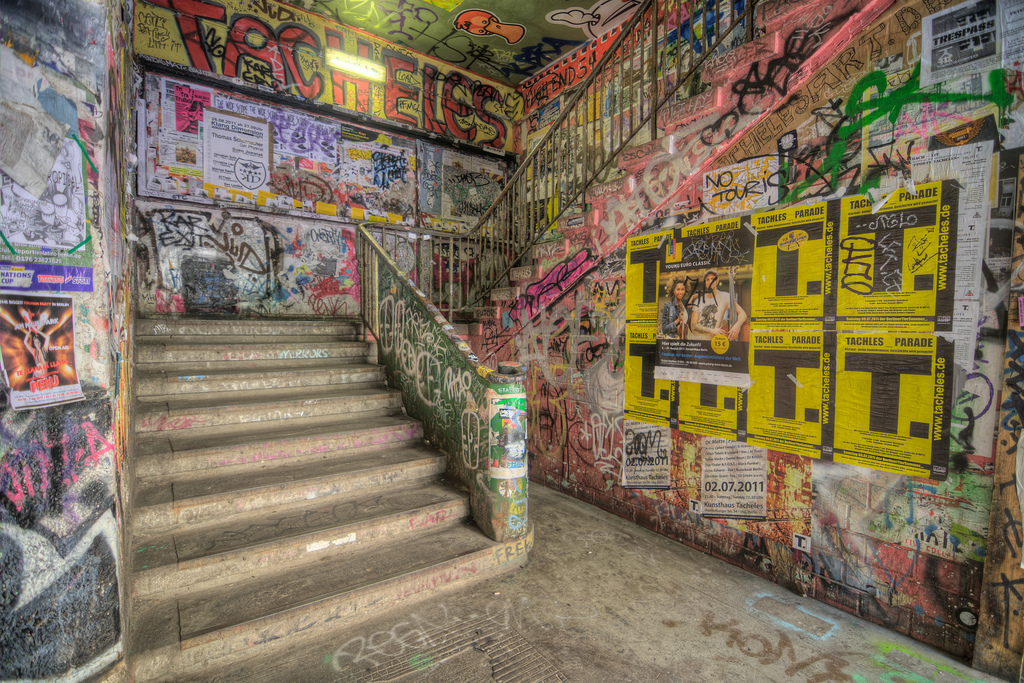
Stairs of Tacheles
Berlin, Germany
The Kunsthaus Tacheles (Art House Tacheles) was originally built as a department store in the Jewish quarter of Berlin. After serving as a Nazi prison in WWII, it was partially demolished in the 1980’s and then taken over by artists.
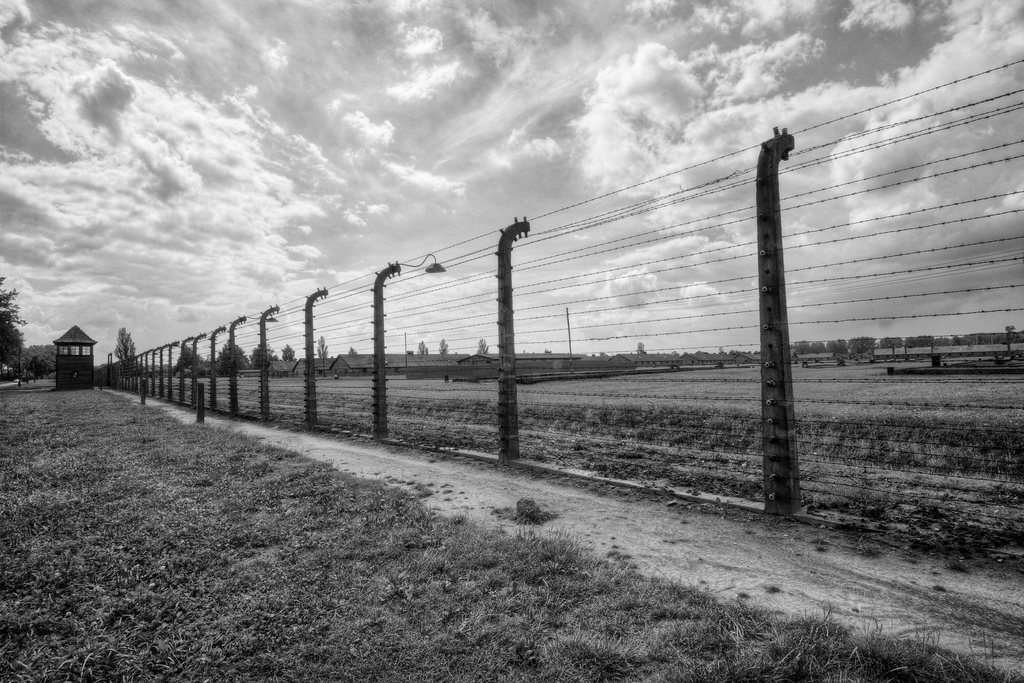
Outside Birkenau
Oświęcim, Poland
Birkenau was the site of imprisonment of hundreds of thousands and of the killing of over one million people, mainly Jews, but also large numbers of Poles, and Gypsies.

Sunset in Amorgos
Amorgos, Greece
One of countless amazing sunsets I was able to witness in the Greek Islands.
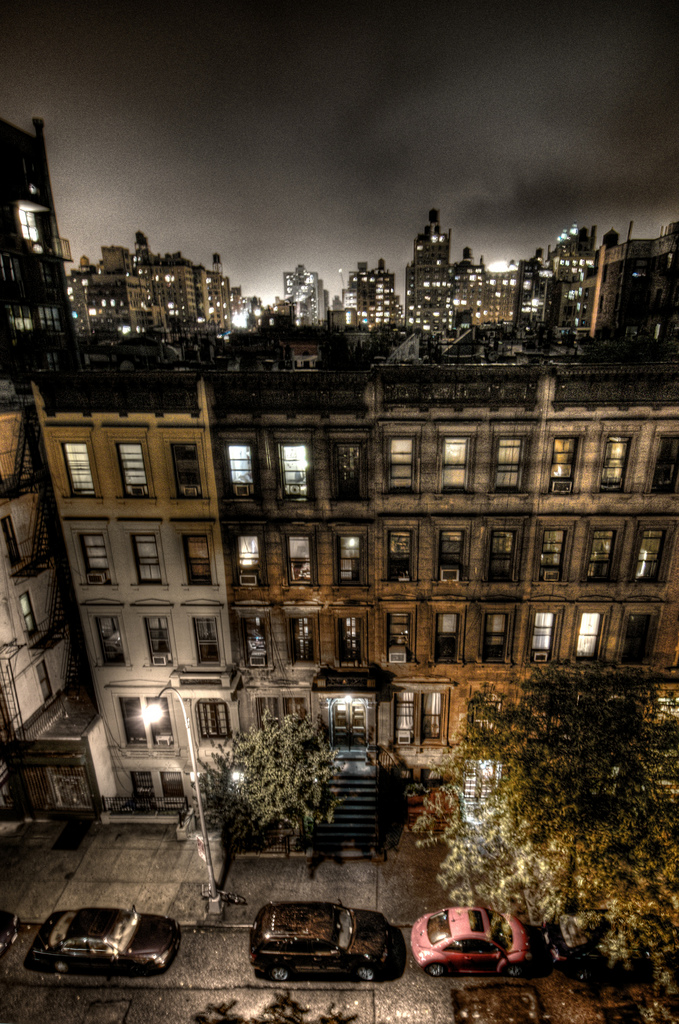
The View from Brian's Apartment
New York, New York
A Gotham-inspired view of the Upper West Side, looking north.
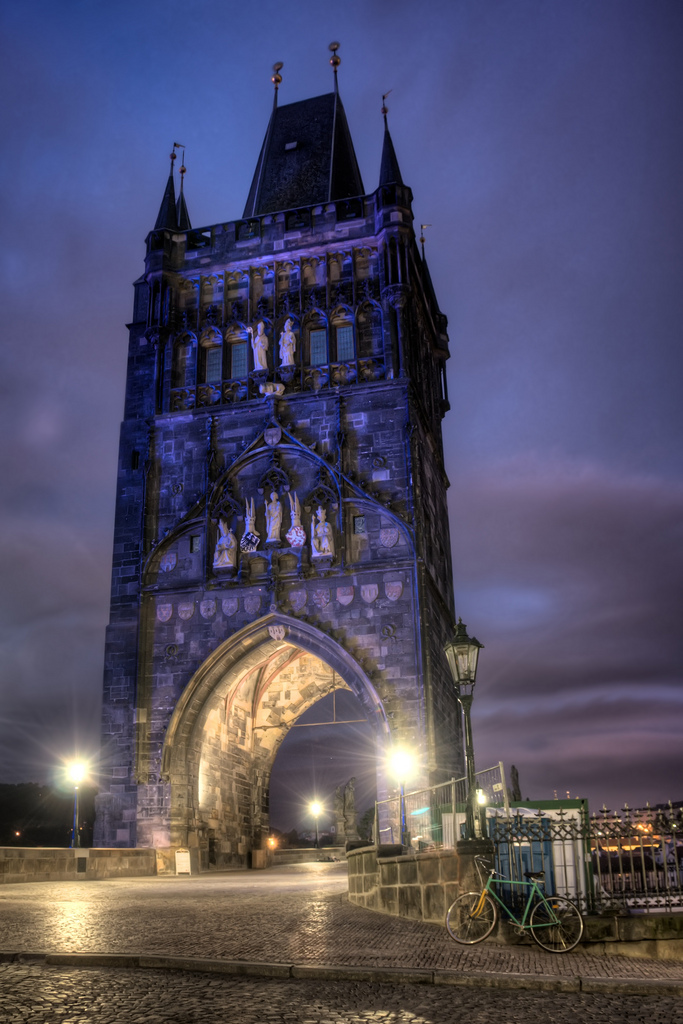
Old Town Bridge Tower at Dawn
Prague, Czech Republic
At the eastern end of Charles Bridge.
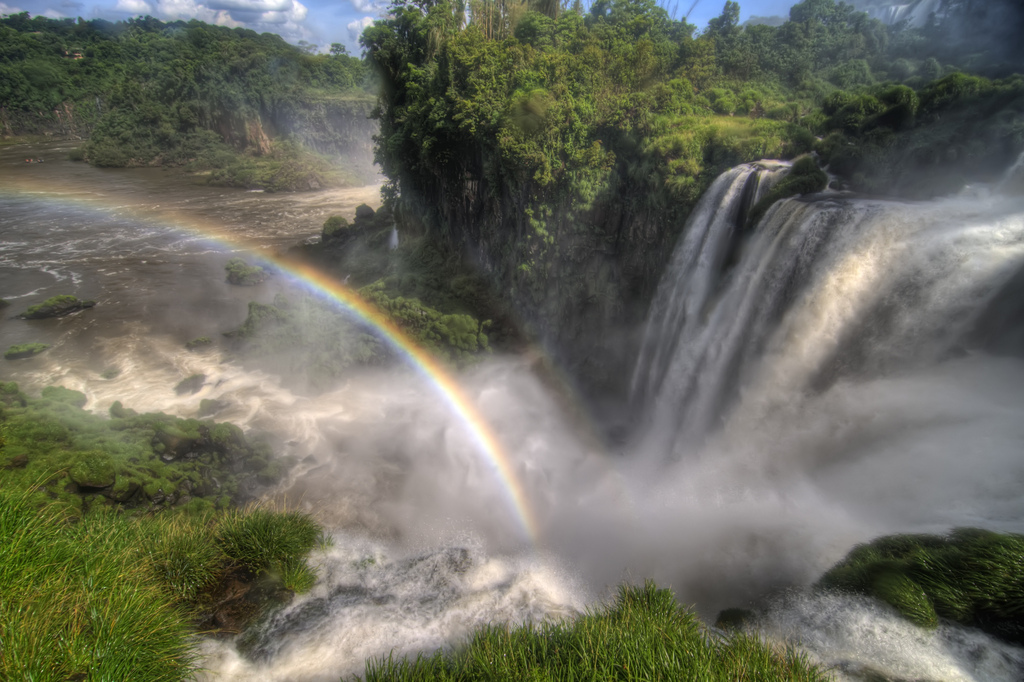
Rainbow at Salto Bossetti
Iguazu National Park, Argentina
Iguazu Falls are located on the border of Brazil and Argentina. Here, at Salto Bossetti, the waters of the Iguazu River tumble over the lush, green cliffs into the maelstrom below.

Basilique Notre-Dame de Montréal
Montréal, Québec, Canada
Located in the historic district of Old Montreal, the church is built in the Gothic Revival style. Construction work took place between 1824 and 1829. On its completion, the church was the largest in North America. Definitely worth the $4 to go inside!
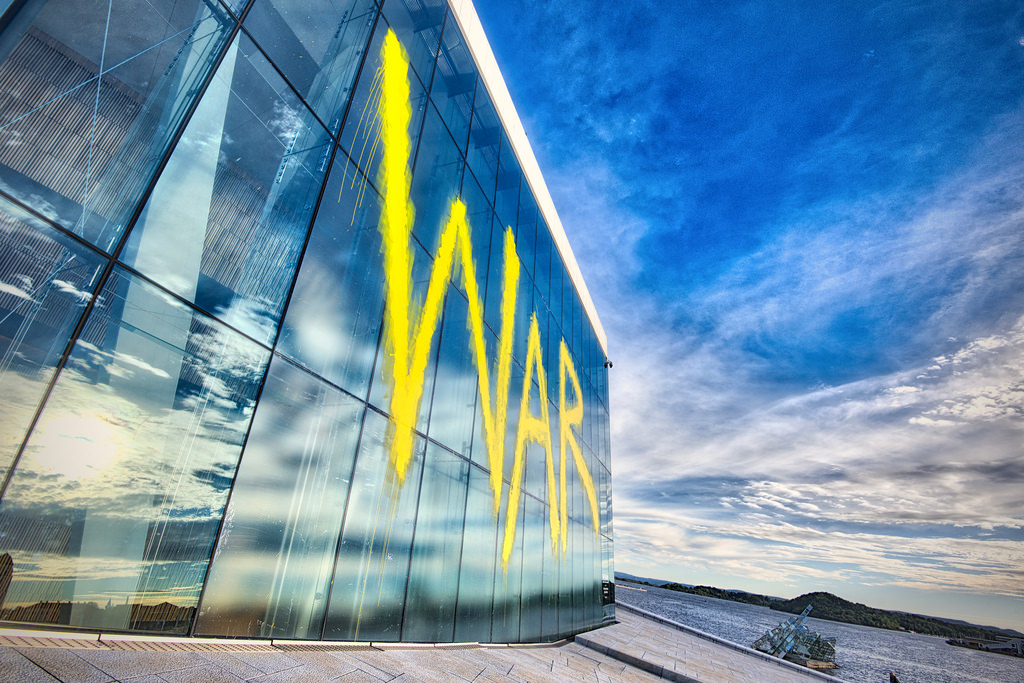
War Requiem at Oslo Opera House
Oslo, Norway
War Requiem is a staged opera about a congregation trapped inside a church during a bomb attack on their village. To mark the occasion, the word "WAR" was tagged in huge yellow letters on the glass exterior of the Oslo Opera House. The angled exterior surfaces of the building are covered with marble from Carrara, Italy and white granite and make it appear to rise from the water.

Arch at Night
St. Louis, Missouri
The Gateway Arch is a 630-foot monument in St. Louis. Construction was completed in 1965. It's covered in stainless steel and is the world's tallest arch. Since November 2001, the arch has been bathed in white light between 10 p.m. and 1 a.m. via a system of 44 floodlights situated in four pits just below ground level.

National Building Museum
Washington, District of Columbia
The National Building Museum is a museum of "architecture, design, engineering, construction, and urban planning". It was created by an act of Congress in 1980 in the former Pension Bureau building, a brick structure completed in 1887.
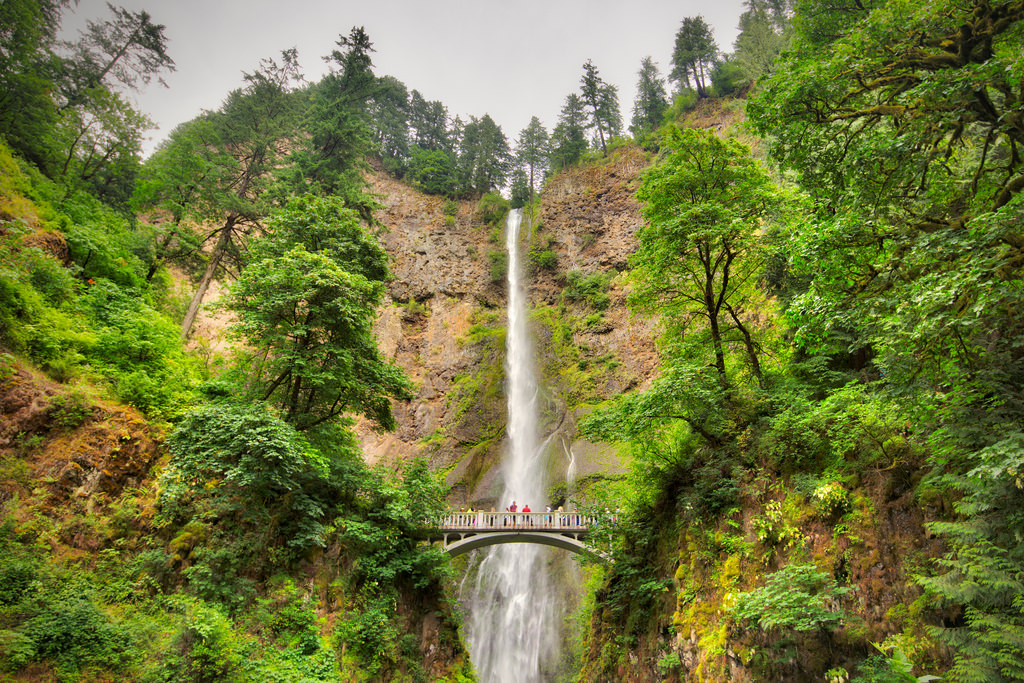
Multnomah Falls
Columbia River Gorge, Oregon
The waterfall formed at the end of a hanging valley created by the Missoula Floods, the cataclysmic event that swept periodically across eastern Washington and down the Columbia River Gorge at the end of the last ice age. Multnomah Falls is the tallest waterfall in the state of Oregon.
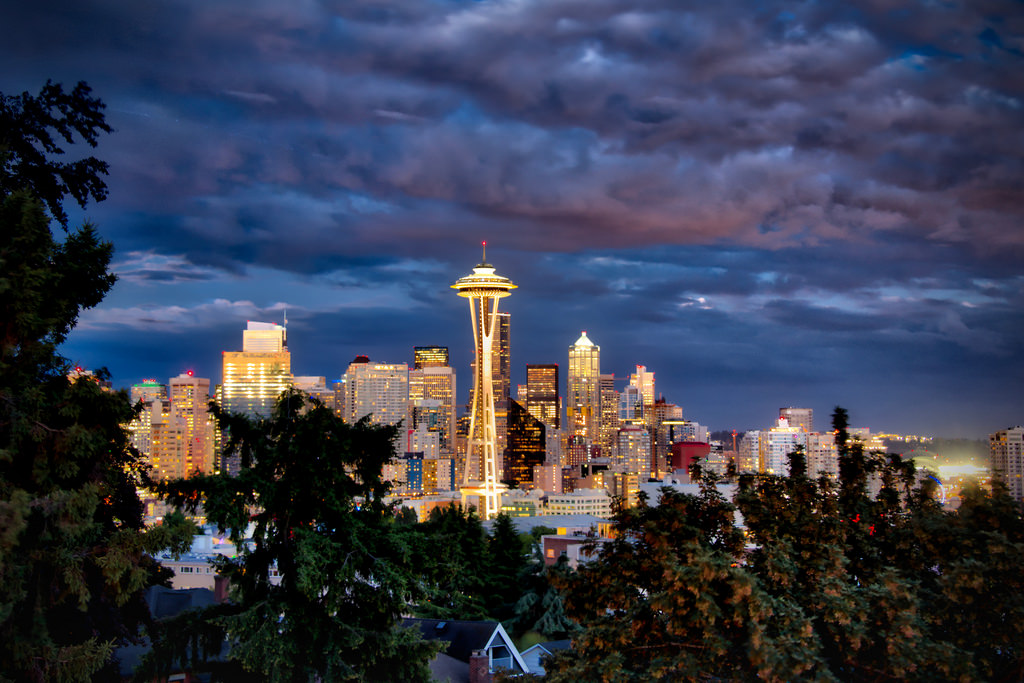
Seattle from Kerry Park
Seattle, Washington
Here's the classic view of Seattle that everyone knows. Trick is to get here a bit early and grab one of the spots along the railing where the city isn't obscured by the overgrown trees just ahead.
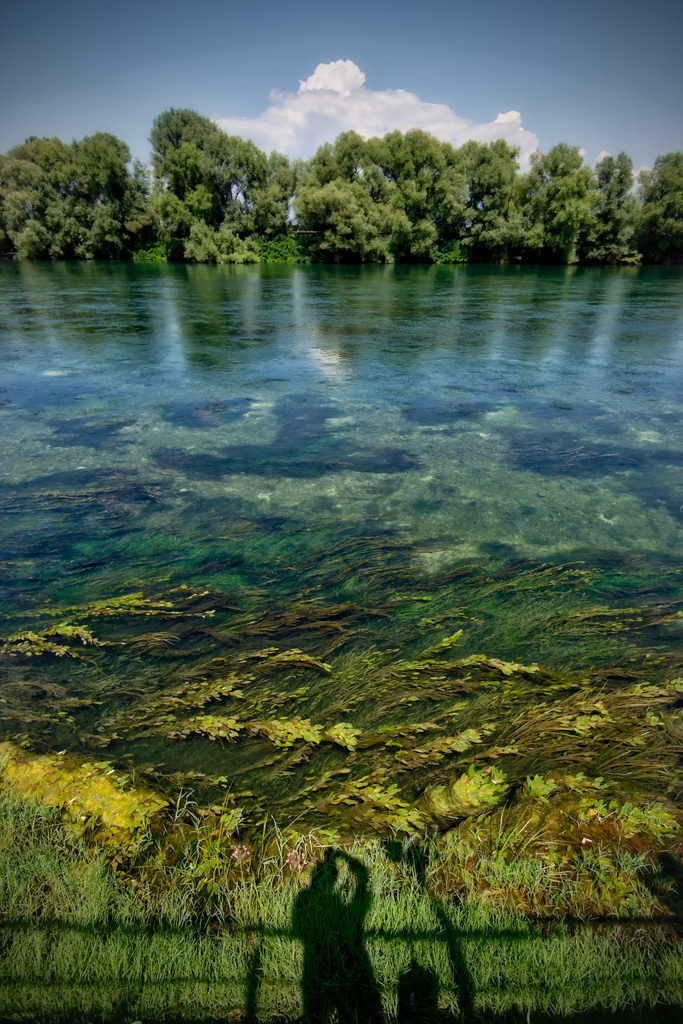
On the Drin River
Drin, Albania
Stopped at a little cafe for one of the most awful lunches I've had in a while. The scene across the river was nice, with underwater grasses and mosses swaying gently in the current. But don't get chicken in Albania.

Dome of the Dr. Karl Lueger-Gedächtniskirche
Vienna, Austria
The Dr. Karl Lueger-Gedächtniskirche was built in 1908 in Vienna's Central Cemetery. Karl Lueger was an Austrian politician, mayor of Vienna, and leader and founder of the Austrian Christian Social Party. He is credited with the transformation of the city of Vienna into a modern city.
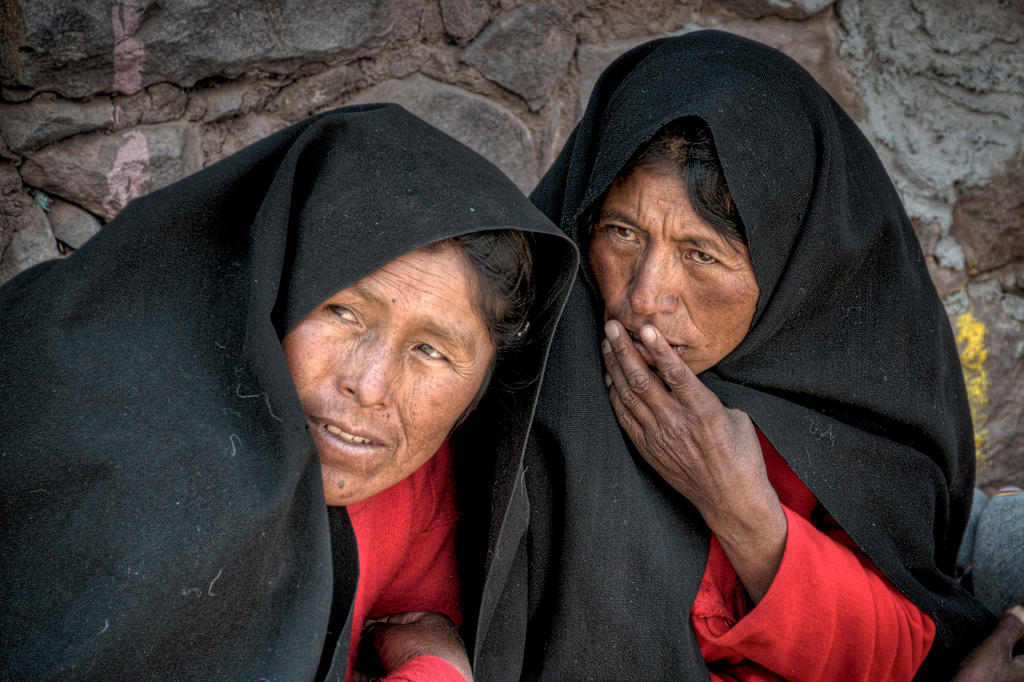
Whispers
Lake Titicaca, Peru
These women saw that I had a big camera and shied away as I walked past. I turned around to sneak a photo, and the one on the right started laughing when she realized what I was doing.

Inside Gol Stave Church
Oslo, Norway
The church used to sit in the town of Gol and is dendrochronologically dated to 1212. In 1880, it was decided to demolish the old stave church, but it was saved by conservationists who transported the raw materials to a location in Oslo so that it could be reconstructed. It is now part of the Norsk Folkemuseum.
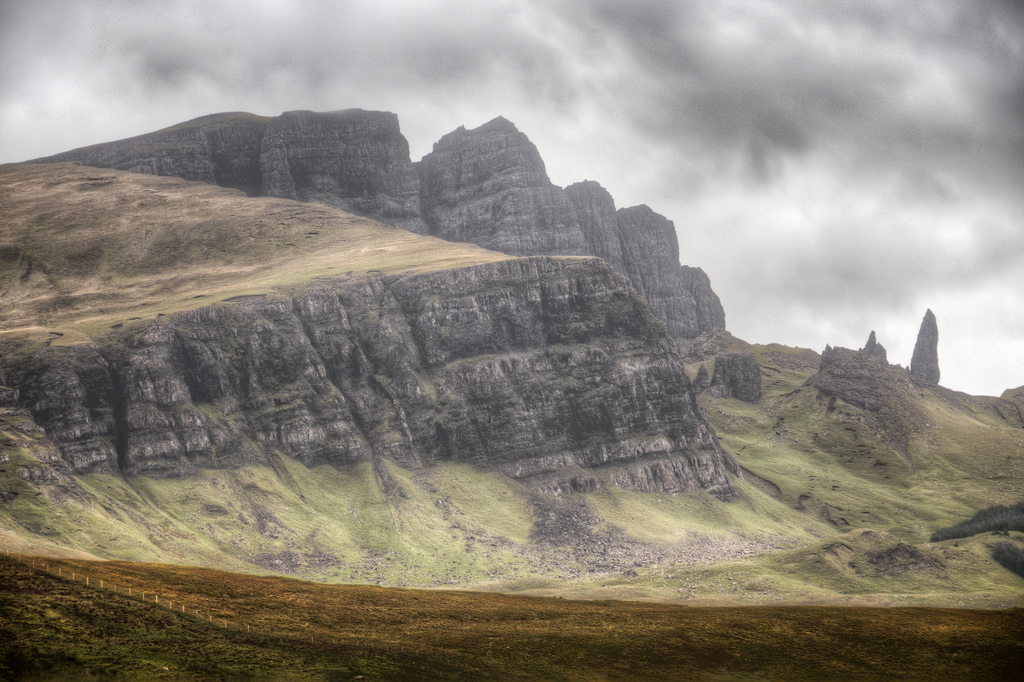
McLeod's Table
North Skye, Scotland
Rock formations on the Isle of Skye in the Scottish Highlands. A scene from the film "Prometheus" was filmed here.

Colored Houses on the Canal
Burano, Italy
Burano rose in importance only in the 16th century, when women on the island began making lace with needles, being introduced to such a trade via Venetian-ruled Cyprus.
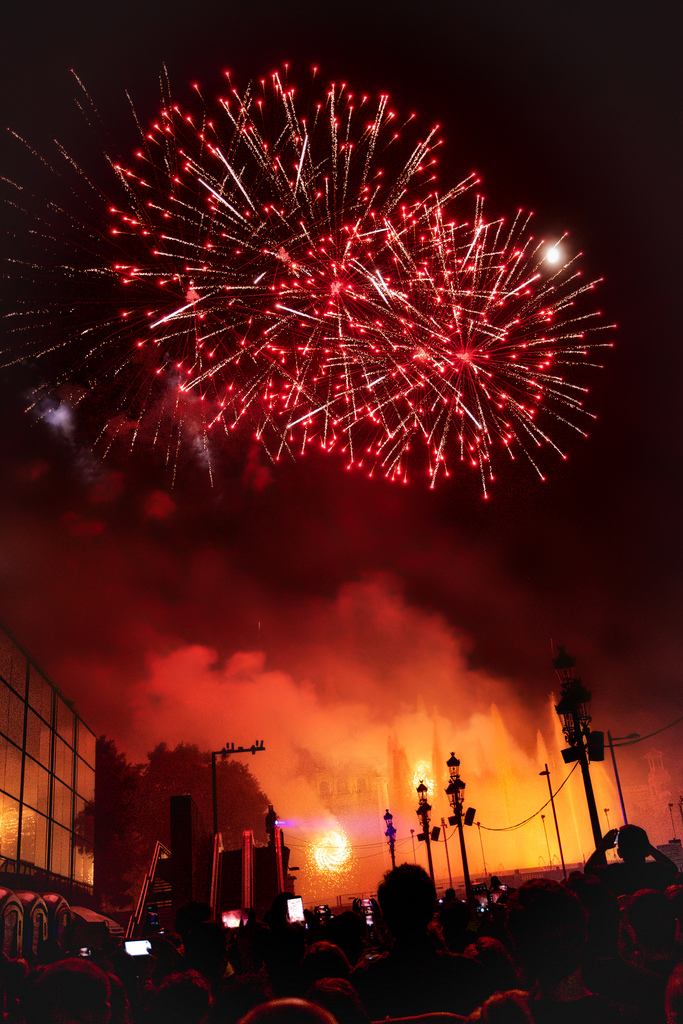
Fireworks at Plaça d'Espanya
Barcelona, Spain
Apparently, they have these huge fireworks shows every Friday night. The crowd gathered early and surged to get close. What a show!

Night Sky in the Outback
Bea Creek, Western Australia, Australia
A 4-hour nighttime exposure of the southern sky at Bea Creek camp, just east of the mining town of Tom Price. Set the camera up, clicked the button, and went to bed. You can see the Southern Cross low and center in the sky.
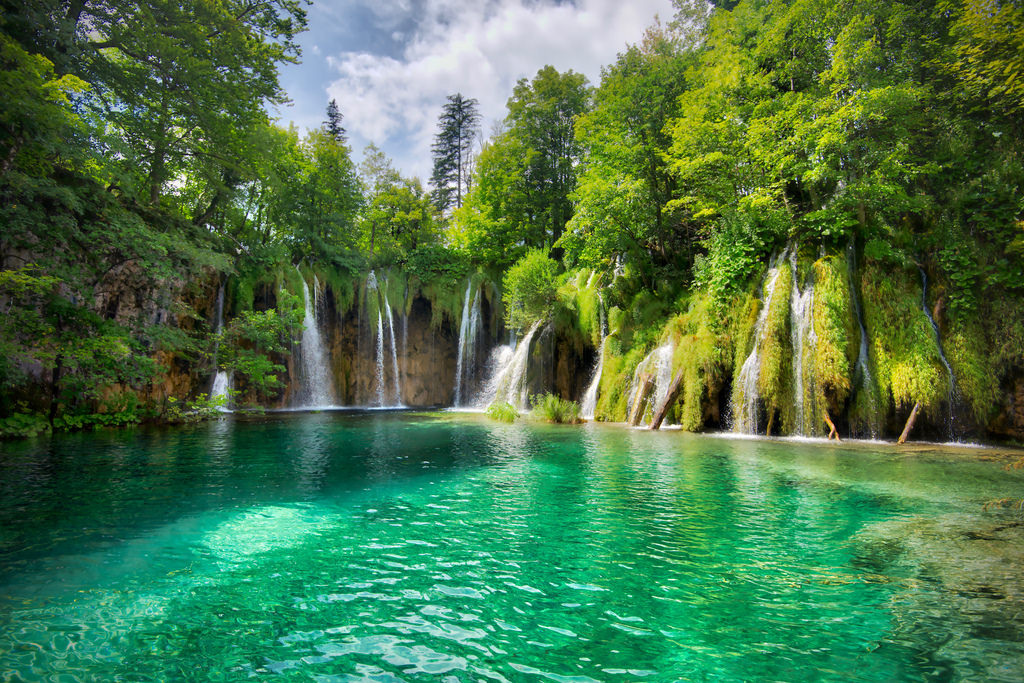
Green Waterfalls of Plitviče
Plitviče Lakes National Park, Croatia
Plitviče Lakes National Park is known for a chain of 16 terraced lakes, joined by waterfalls, that extend into a limestone canyon.

Parthenon
Athens, Greece
The Parthenon is a former temple on the Acropolis in Athens, dedicated to the goddess Athena. Construction began in 447 BC when the Athenian Empire was at the peak of its power.

Kuang Si Falls
Luang Prabang, Laos
A three tier waterfall about 29 kilometers south of Luang Prabang.
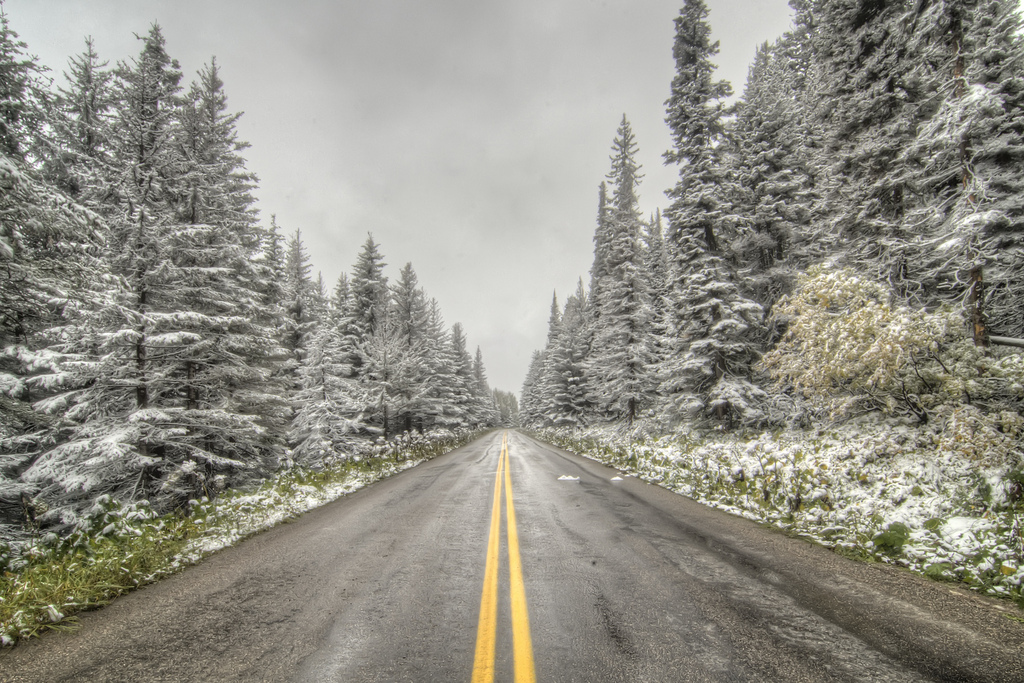
The Road Beyond
Glacier National Park, Montana
A drive through Glacier National Park led me along Going-to-the-Sun Road until I came to a gate blocking vehicles from going any further during the winter season. Just beyond the gate, the road looked beautiful.

Mount Rushmore
Mount Rushmore National Memorial, South Dakota
A wider look showing which part of the mountain it was carved out of as well as the pile of debris left from its construction.
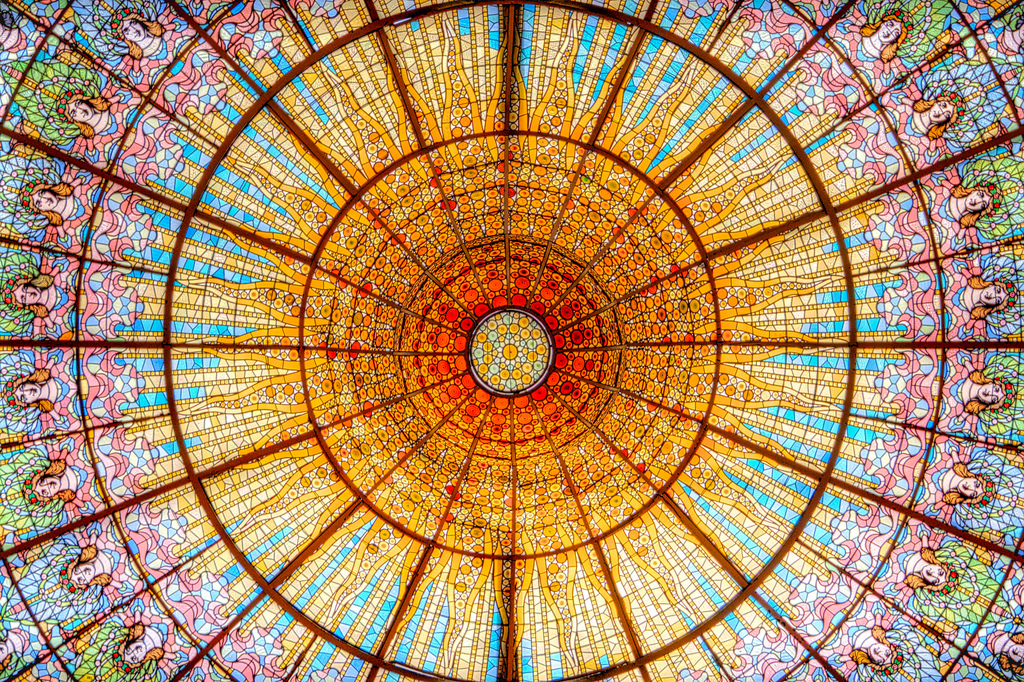
Palau de la Música Catalana
Barcelona, Spain
The concert hall is the only auditorium in Europe that is illuminated during daylight hours entirely by natural light. Overhead is an enormous skylight of stained glass designed by Antoni Rigalt whose centerpiece is an inverted dome in shades of gold surrounded by blue that suggests the sun and the sky.
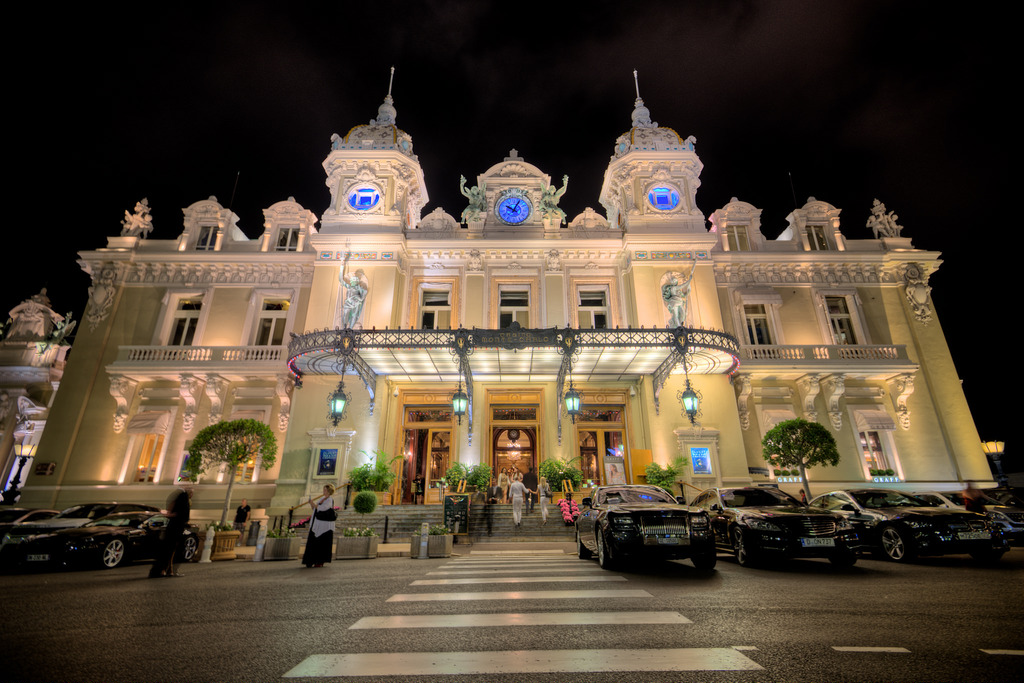
Monte Carlo Casino
Monte Carlo, Monaco
The most famous example of the gambler's fallacy occurred in a game of roulette at the Casino de Monte-Carlo in the summer of 1913, when the ball fell in black 26 times in a row. This was an extremely uncommon occurrence, although no more nor less common than any of the other 67,108,863 sequences of 26 red or black. Gamblers lost millions of francs betting against black, reasoning incorrectly that the streak was causing an "imbalance" in the randomness of the wheel, and that it had to be followed by a long streak of red.

Colosseum
Rome, Italy
Built of concrete and sand, it's the largest amphitheater ever built. Construction began under the emperor Vespasian in AD 72 and was completed in AD 80 under his successor and heir Titus.

Halt!
Oświęcim, Poland
The electrified fence around Auschwitz concentration camp deterred prisoners from trying to escape.

Sunset Over Katapola
Katapola, Amorgos, Greece
Was treated to this scene after cresting a mountain range on Amorgos on a scooter. Katapola is the largest port village on the island.
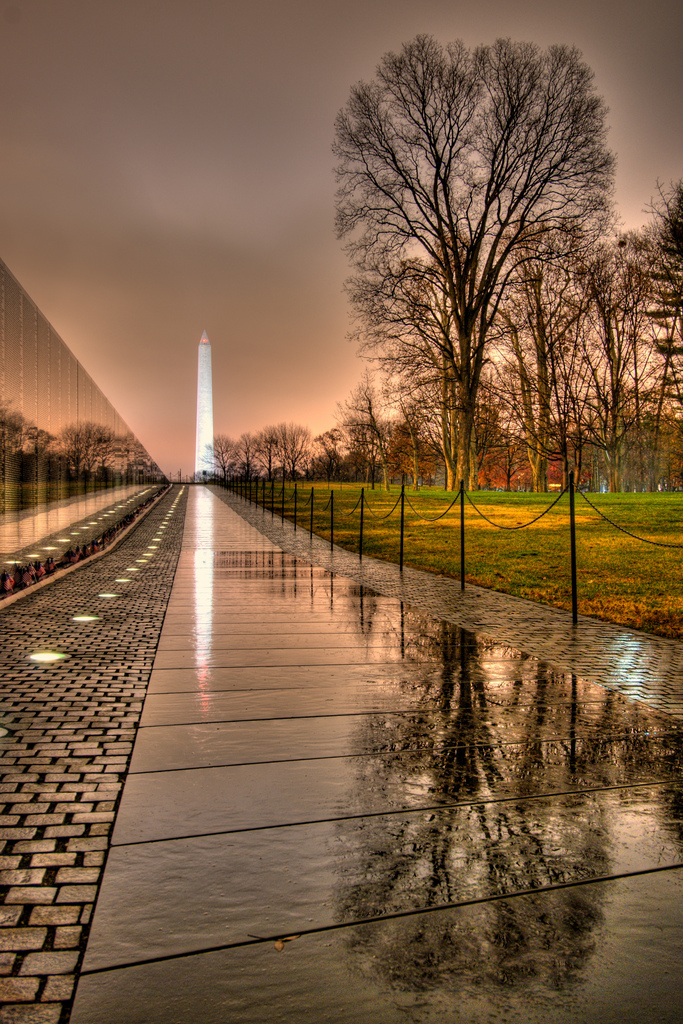
Vietnam Veterans Memorial
Washington, District of Columbia
The Memorial Wall, completed in 1982, is made up of two black gabbro walls 75 meters long. On it are engraved the names of 58,307 who died in the Vietnam War.
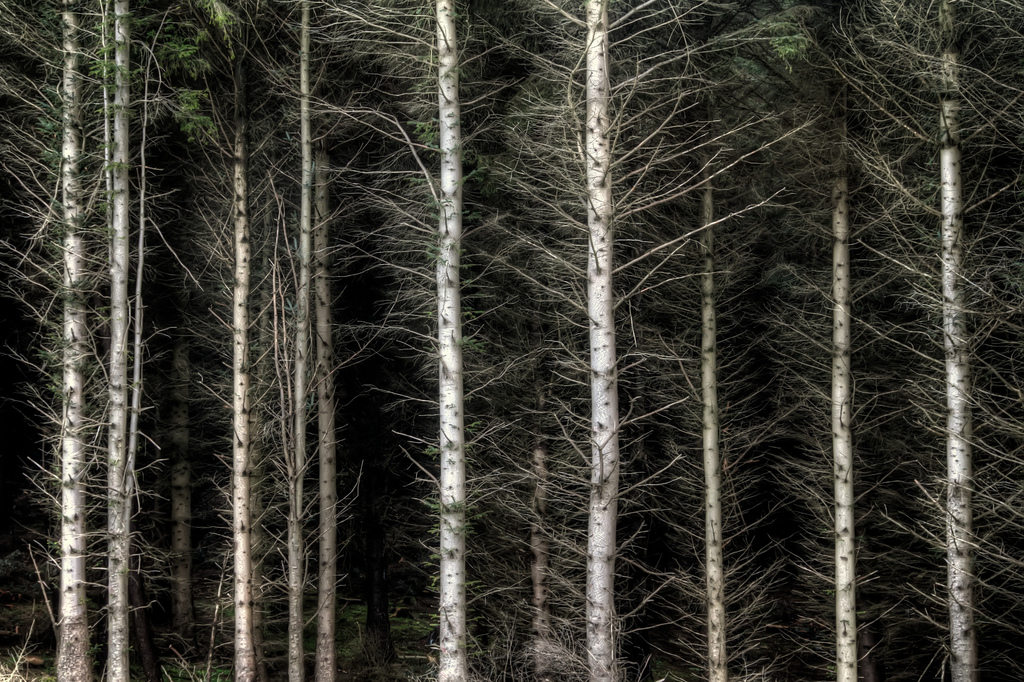
Trees of Wicklow
County Wicklow, Ireland
Driving through the Irish countryside just outside of Dublin, I found these trees lined up perfectly along a hillside. I had to stop and capture the perfection.
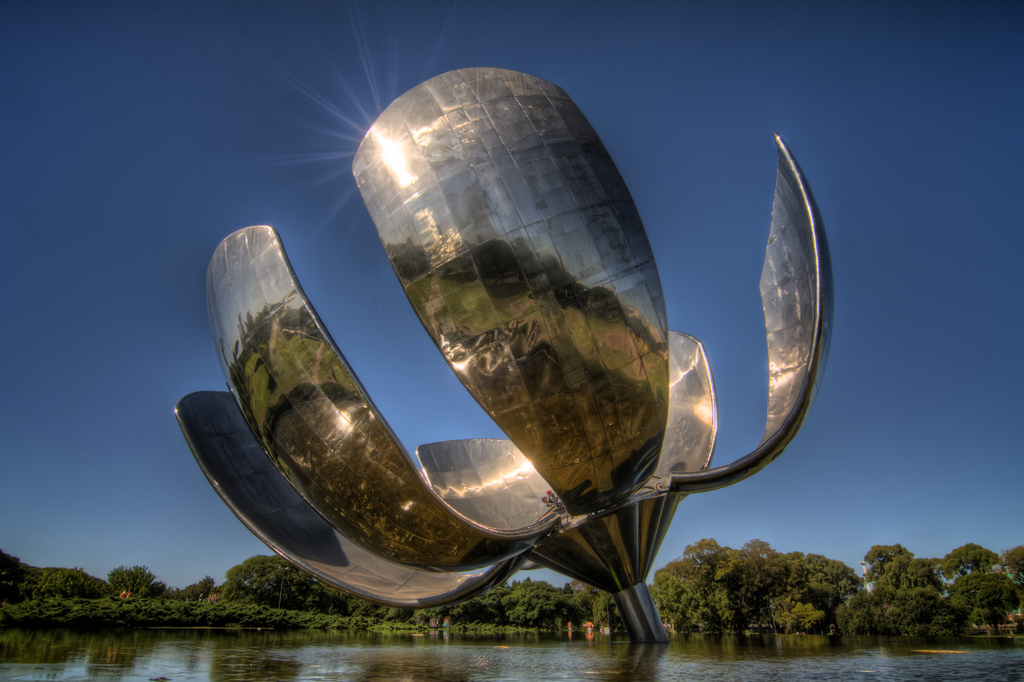
Floralis Genérica
Buenos Aires, Argentina
An aluminum and stainless steel sculpture of 18 tons in the country's capital. The giant petals used to open in the morning and close in the evening, but Floralis Genérica is currently broken, and it’s unclear whether or not it is still under warranty.

Blue Dome in Oia
Santorini, Greece
One of many blue domes on the island of Santorini. Oia is a scenic village on the north west edge of the island.
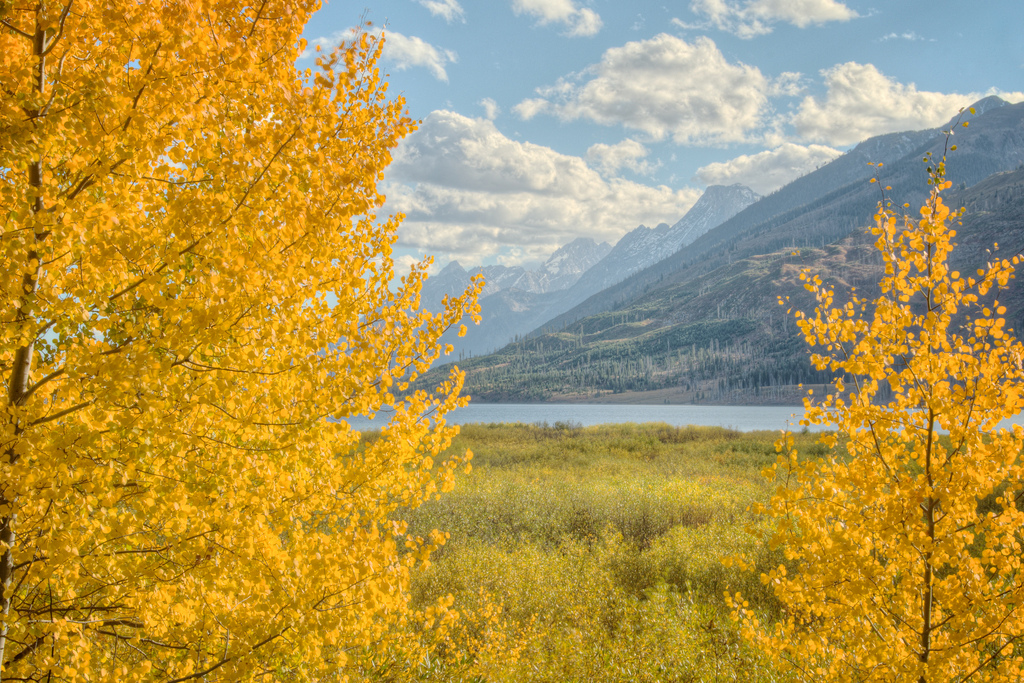
Colors of Grand Teton
Grand Teton National Park, Wyoming
In mid-September, the deciduous trees of Grand Teton National Park begin to change, filling the meadows and mountains with dramatic color. You don’t see that kind of color in Yellowstone or Glacier National Park further north.

Sistine Chapel
Vatican City
Between 1508 and 1512, Michelangelo painted the chapel's ceiling, a project which changed the course of Western art and is regarded as one of the major artistic accomplishments of human civilization. No photography is allowed inside (oops) because Nippon Television Network Corporation of Japan, having funded renovations starting in 1980, has exclusive photography rights of the work.
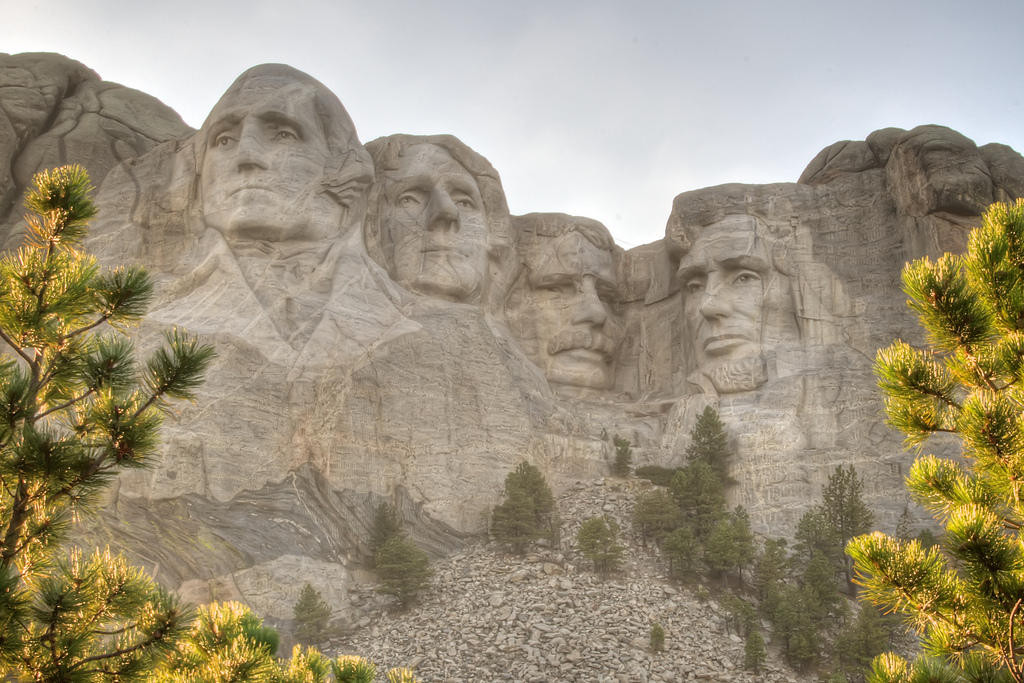
Mount Rushmore
Mount Rushmore National Memorial, South Dakota
The memorial carved into the Black Hills features 60-foot sculptures of Washington, Jefferson, Teddy Roosevelt, and Lincoln. The plan initially featured American heroes like Lewis and Clark, Red Cloud, and Buffalo Bill Cody, but sculptor Gutzon Borglum decided the sculpture would have broader appeal with the four presidents.
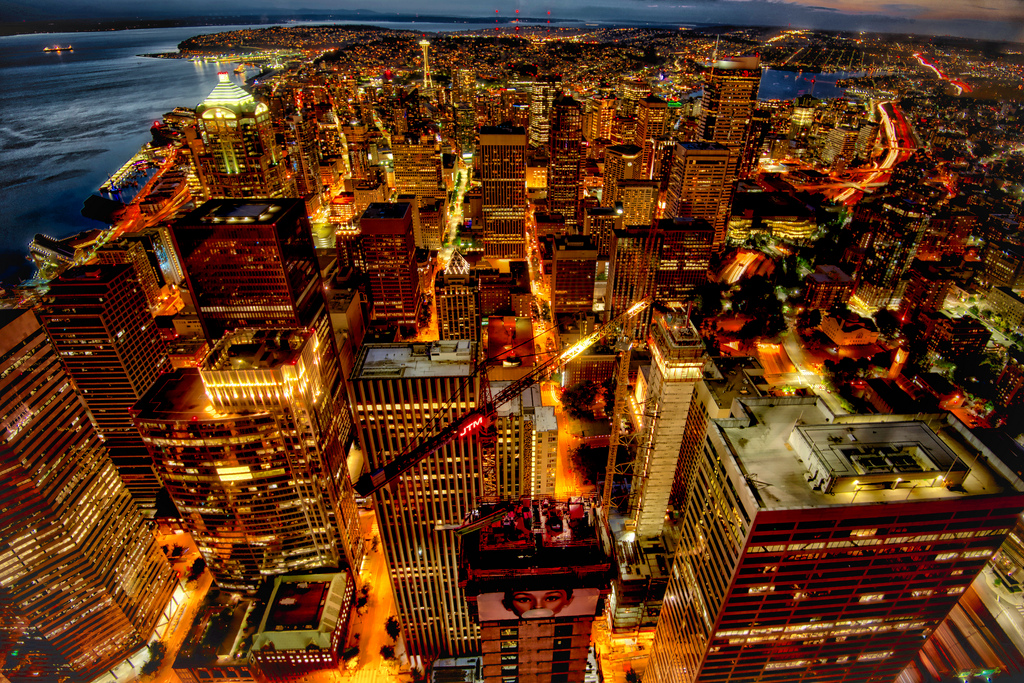
Seattle at Night
Seattle, Washington
As seen from the Columbia Center, the tallest building in the state of Washington. From this height and distance, the Sky Needle looks tiny.
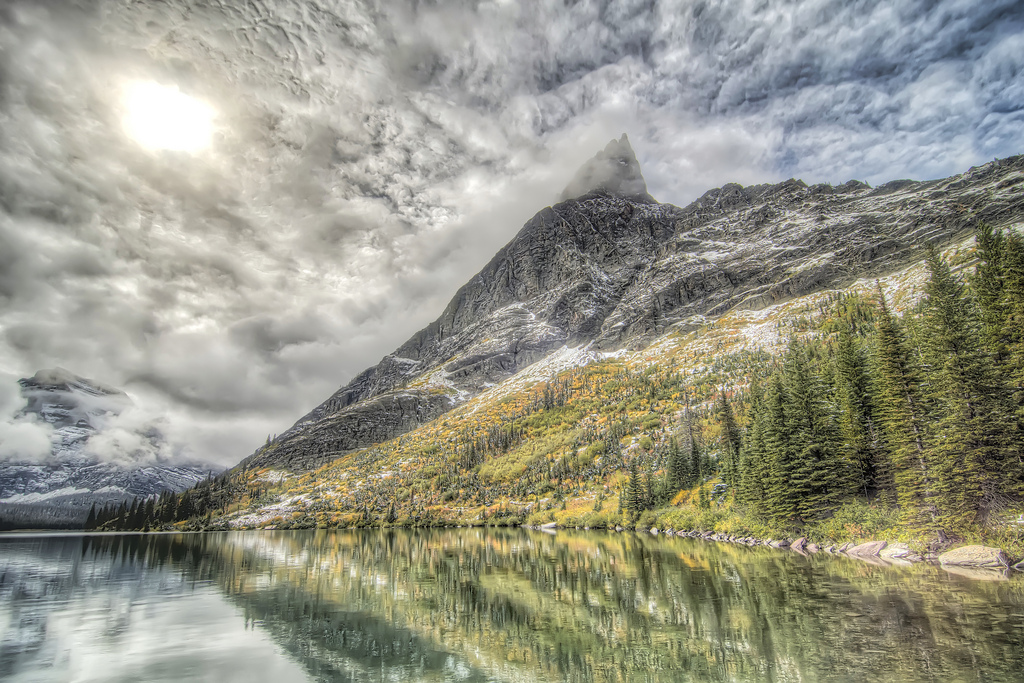
The Mountain Sun
Glacier National Park, Montana
On the shore of Lake Josephine.

Safeco Field Left Field Entrance
Seattle, Washington
Home stadium of Major League Baseball's Seattle Mariners. The stadium has a seating capacity of 47,943 for baseball. Safeco Insurance reportedly paid $40 million to have its name on the stadium for 20 years.
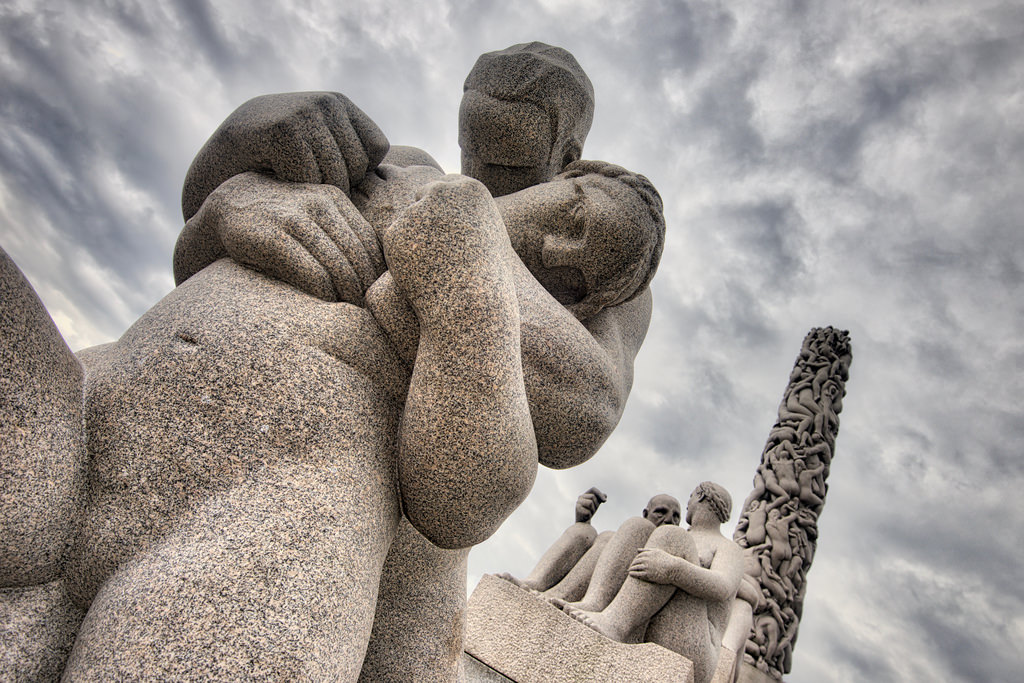
Vigeland Sculpture Park
Oslo, Norway
The Vigeland installation in Frogner Park features 212 bronze and granite sculptures, all designed by Gustav Vigeland. Around the Monolith Plateau are 36 figure groups representing the "circle of life".

Three Boats
Iraklia, Greece
The marina of Iraklia features some of the bluest, clearest water you'll ever see.

Death Train
Oświęcim, Poland
This carriage is modeled after those used to transport victims to the Birkenau concentration camp in Poland. It was here where the trains unloaded, people were "selected," and families were broken. The main entrance to Birkenau, known as the Death Gate, looms in the background.
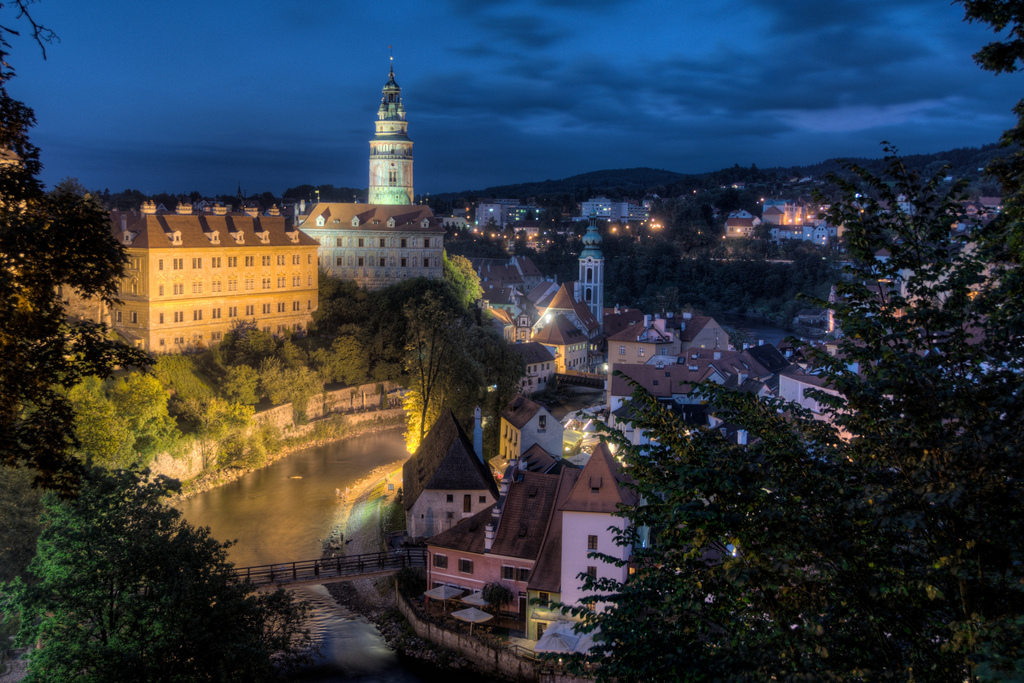
Night Falls on Český Krumlov
Český Krumlov, Czech Republic
Construction of this town and castle began around 1240 at a ford in the Vltava River, at an important trade route in the Czech lands formerly known as Bohemia.

USS Midway
San Diego, California
Midway was placed into service in 1945, eight days after the surrender of Japan in World War II. Now, it floats as a museum ship in San Diego.

Pastéis de nata
Lisbon, Portugal
Since 1837, locals and visitors to Lisbon have visited the Pastéis de Belém bakery to purchase fresh from the oven pastéis, sprinkled with cinnamon and powdered sugar.

Pool at the Sheraton
Freeport, Bahamas
The Sugar Mill Pool, with a 60-foot-high stone tower and "quiet" section with an adjacent 10-person spa tub, in Freeport, Bahamas.
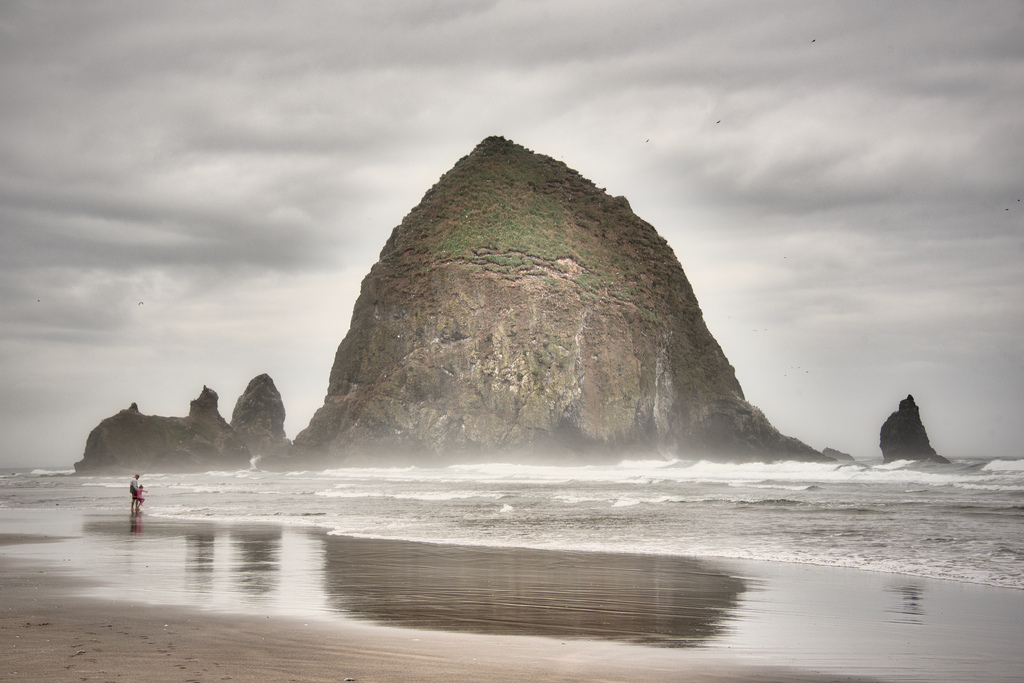
Haystack Rock at Cannon Beach
Cannon Beach, Oregon
Haystack Rock is a 235-foot sea stack, a column of rock formed by wave erosion. Haystack Rock can be seen in the opening scene of The Goonies, when the Fratellis are fleeing from the police and then enter a race on the beach. It can also be seen in the movie Kindergarten Cop, during the carnival scene later in the movie.
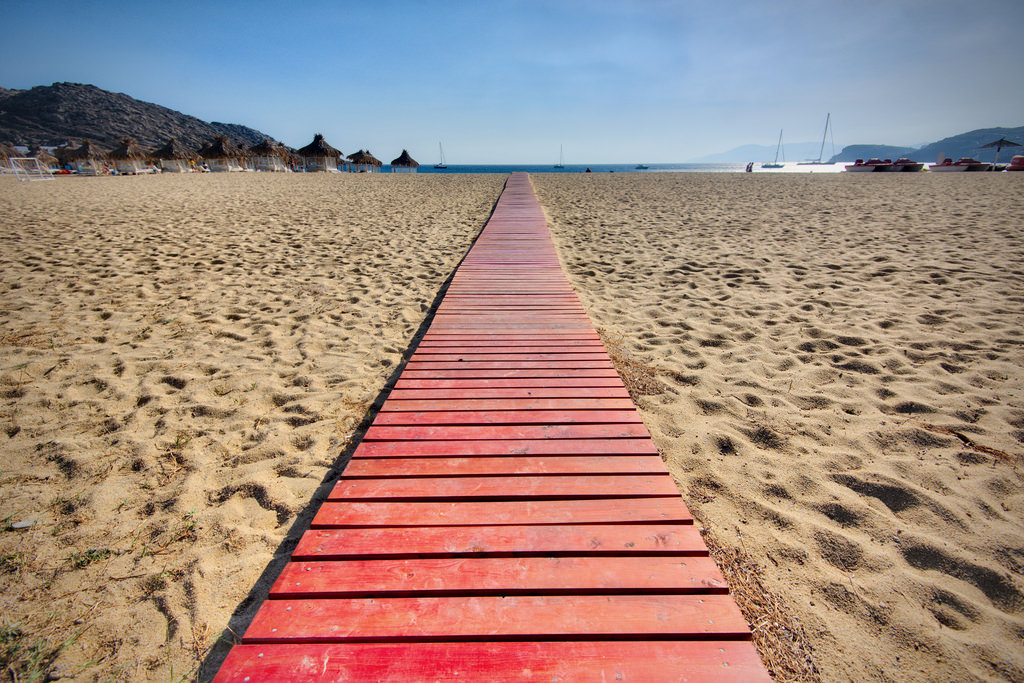
Mylopotas Beach
Ios, Greece
This beach is the most popular on the island. It is lined with sundecks and beach bars, but the beach itself was surprisingly empty on this day.
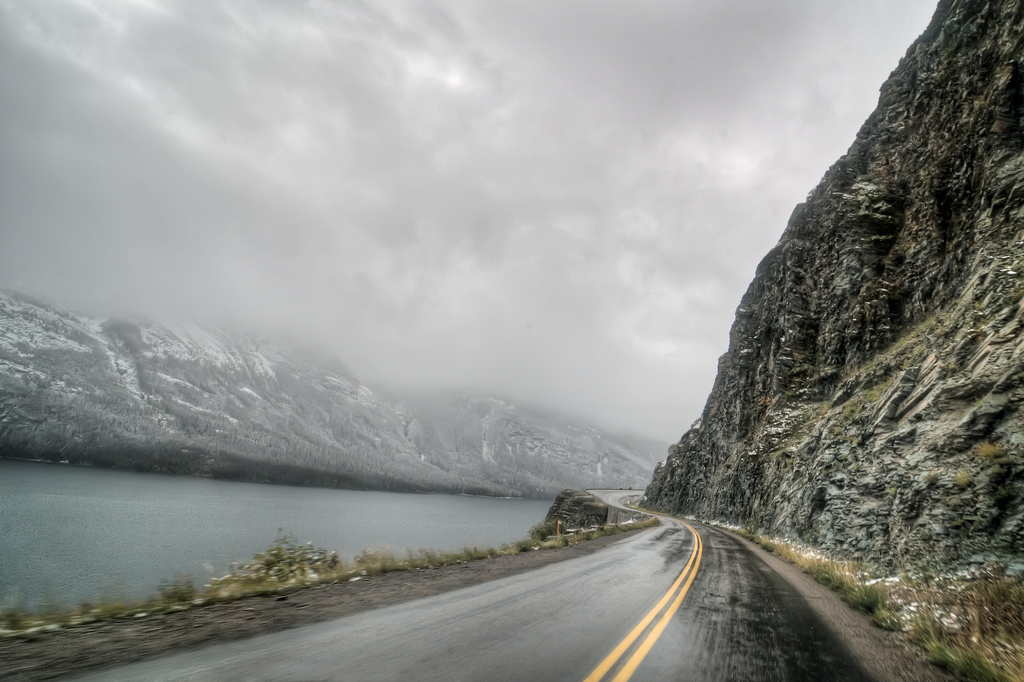
Going-to-the-Sun Road
Glacier National Park, Montana
With Saint Mary Lake on the left, Going-to-the-Sun Road winds around mountains and is the only road to cross majestic Glacier National Park.

The Buildings of Chora
Chora, Amorgos, Greece
Chora means "town" in Greek. On many Greek islands, the principal town on the island will be called Chora, especially when the town has the same name as the island itself.
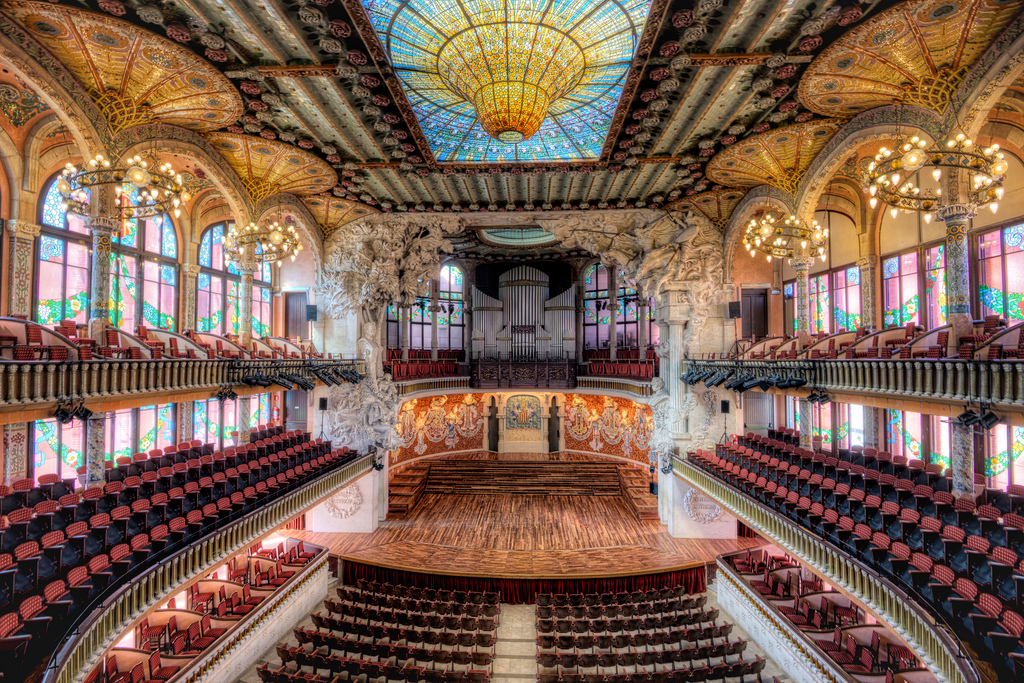
Palau de la Música Catalana
Barcelona, Spain
The palace was designed in the Catalan modernista style by the architect Lluís Domènech i Montaner, it was built between 1905 and 1908 for the Orfeó Català, a choral society. Today, more than half a million people a year attend musical performances in the Palau that range from symphonic and chamber music to jazz and Cançó (Catalan song).
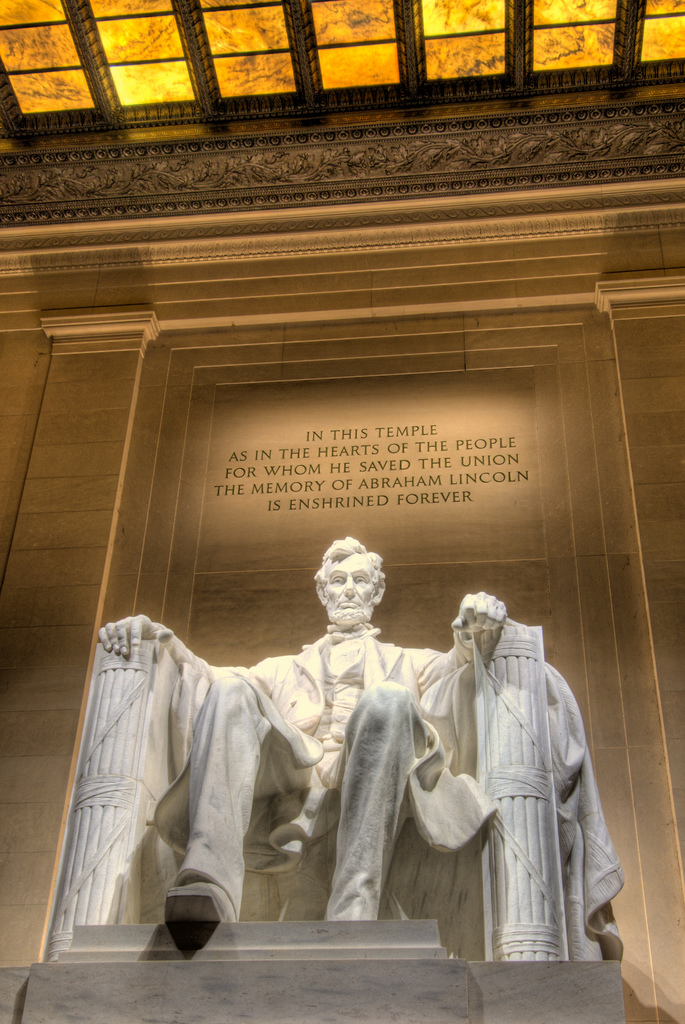
Lincoln Memorial
Washington, District of Columbia
A popular legend is that Lincoln is shown using sign language to represent his initials, with his left hand shaped to form an "A" and his right hand to form an "L", the president's initials. The National Park Service denies the legend.

Purple Lotus
Bangkok, Thailand
This beauty was floating amongst lily pads at Wat Arun. In Buddhist symbolism, the lotus represents purity of the body, speech, and mind as if floating above the muddy waters of attachment and desire.

The Lady Chapel
Liverpool, England
The Lady Chapel at Liverpool Cathedral was the first part of the building to be completed, consecrated in 1910 by Bishop Chavasse in the presence of two archbishops and 24 other bishops.
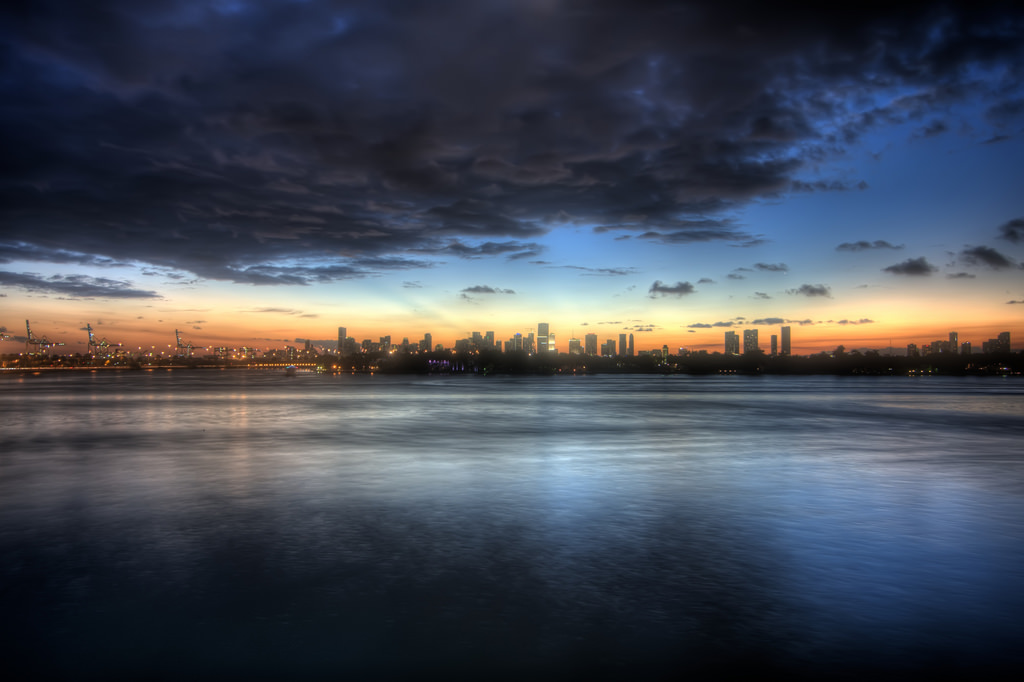
Miami Sunset
Miami, Florida
Arrived in South Beach just in time to watch the sun set over the Miami skyline. In the foreground is Biscayne Bay.
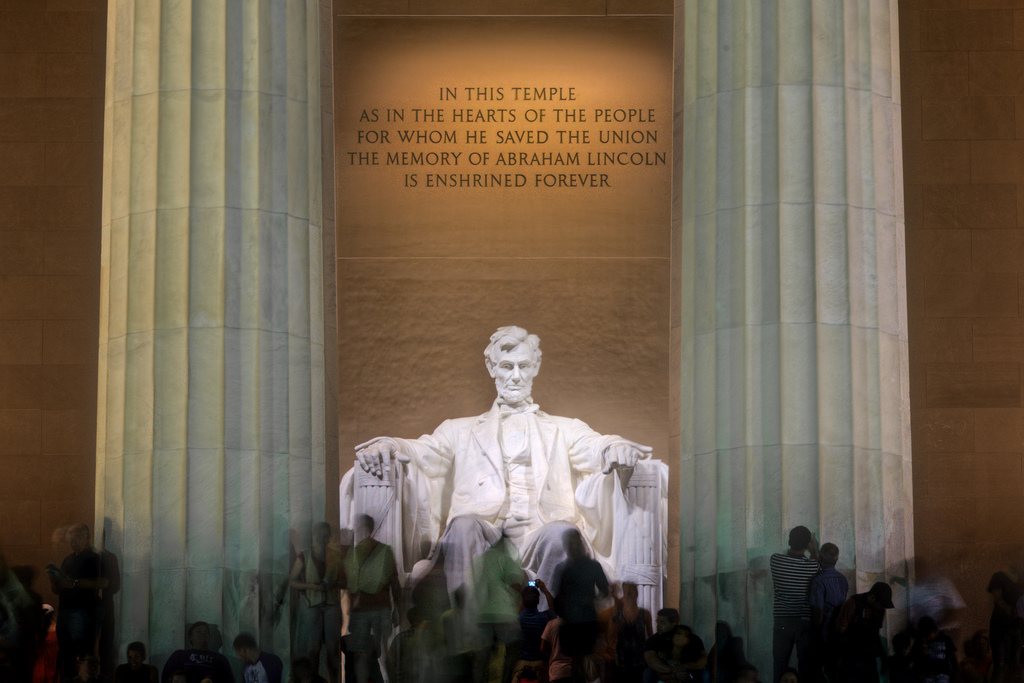
Lincoln at the Memorial
Washington, District of Columbia
The memorial features a statue carved by the Piccirilli Brothers under the supervision of the sculptor, Daniel Chester French. The statue, originally intended to be only 10 feet tall, was enlarged so that it finally stood 19 feet tall from head to foot.

Mount Tasman & Mount Cook
Southern Alps, New Zealand
Mount Tasman and Mount Cook are the two highest mountains in New Zealand. They sit four kilometers apart in the Southern Alps, the mountain range which runs the length of the South Island.
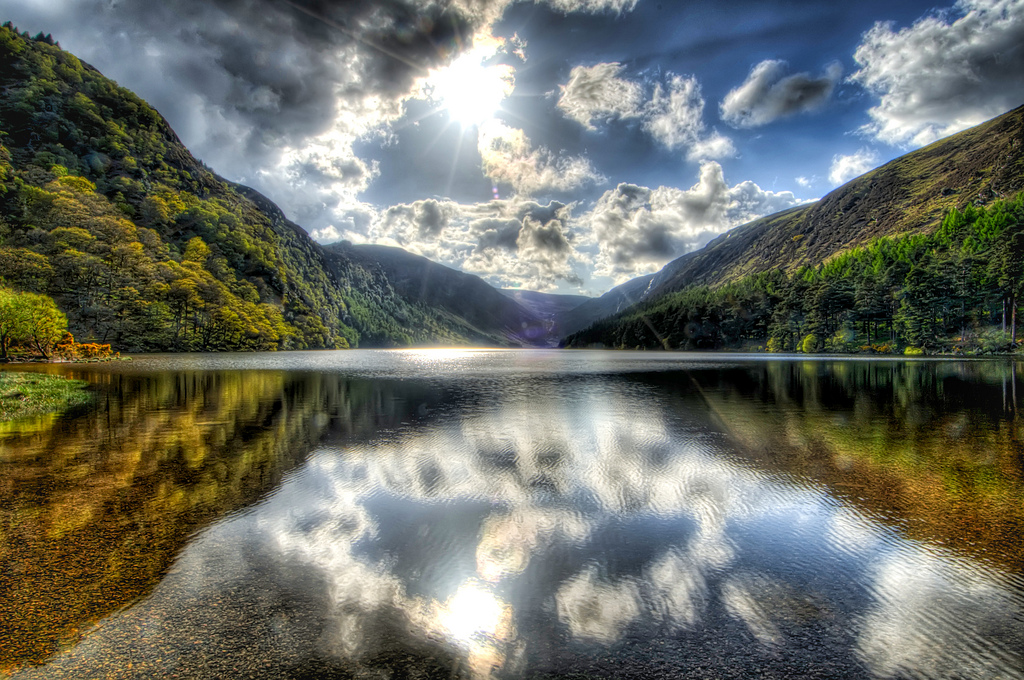
Upper Lake
Glendalough, County Wicklow, Ireland
Followed a path from the monastic ruins of Glendalough to find this sweeping view between the mountains. The Glendalough Valley was formed during the last ice age by a glacier which left a moraine across the valley mouth. The Poulanass River, which plunges into the valley from the south, created a delta, which eventually divided the original lake in two.
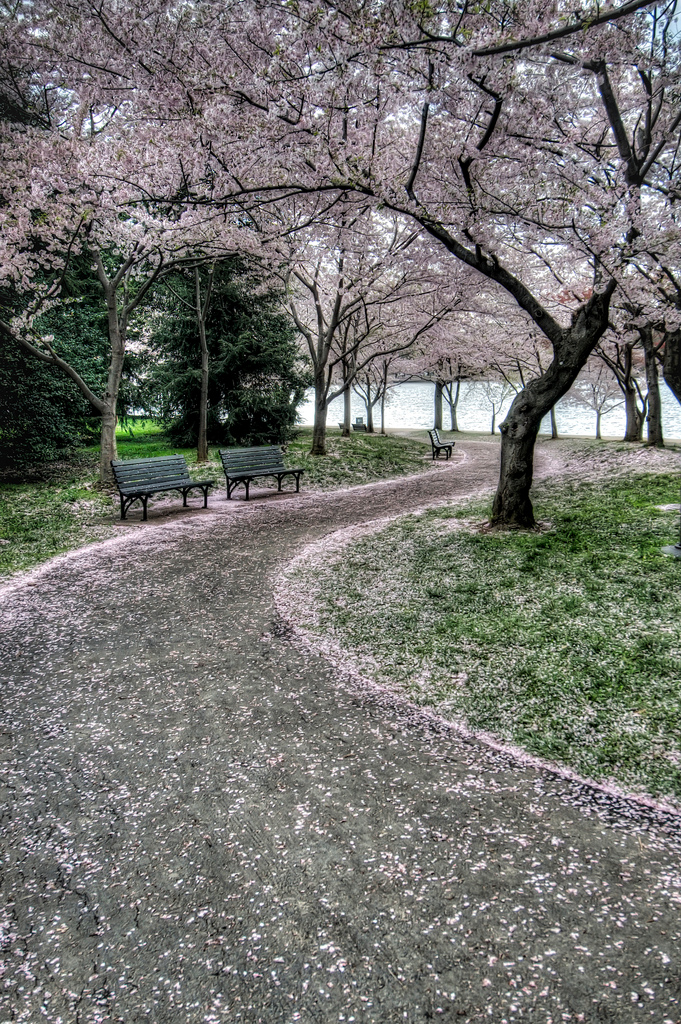
Cherry Blossoms in West Potomac Park
Washington, District of Columbia
Near the Franklin Delano Roosevelt Memorial.

Church of the Holy Sepulchre
Jerusalem, Israel
This church in Jerusalem is said to have been built on the hill where Jesus was crucified and to contain the place where Jesus was buried. The church has been a paramount pilgrimage destination for Christians since at least the 4th century, as the purported site of the resurrection.

Katowice Railway Station
Katowice, Poland
The station, finished in the 1972, has domestic and the international connections that run to almost every major city in Poland and Europe.
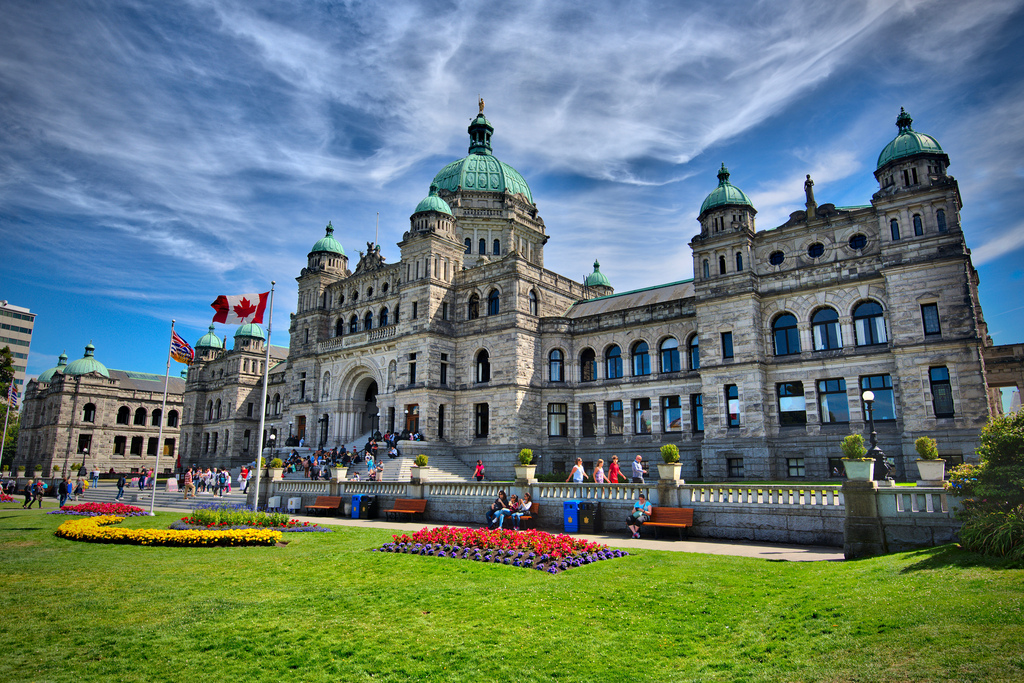
Victoria Parliament Building
Victoria, British Columbia, Canada
The British Columbia Parliament buildings began operation officially during 1898. The grand scale of its 500 ft long andesite façade, central dome, and two end pavilions, the richness of its white marble, and combination of Baroque rigorous symmetry, use of domes and sculptural massing with the rusticated surfaces of the currently popular Romanesque Revival style contributed to its being an innovative and impressive monument for the young province.

United States Capitol
Washington, District of Columbia
The original Height of Buildings Act, passed by Congress in 1899 in response to the construction of the Cairo Hotel, limited buildings to the height of the Capitol building, which rises to 289 feet. But the act was amended in 1910 to restrict the height of any building to the width of the adjacent street plus 20 feet; thus, a building facing a 90-foot-wide street could be only 110 feet tall. The Capitol building is currently the fifth tallest structure in Washington.
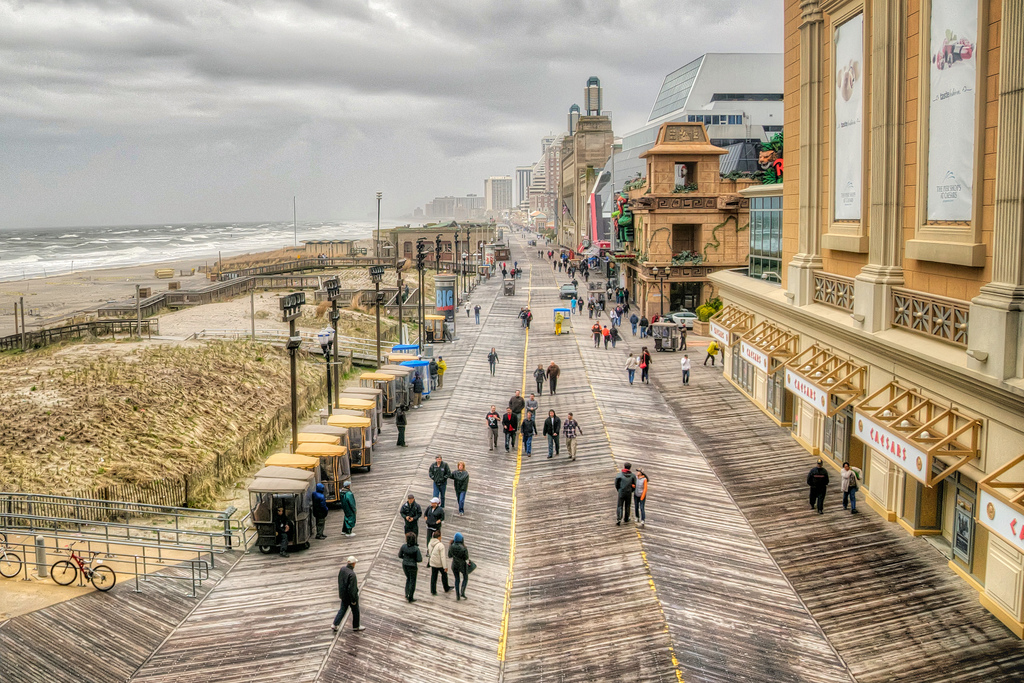
The Boardwalk
Atlantic City, New Jersey
As seen from Caesar's Palace. Lots of tourists, even on a cold, windy, rainy day. The first boardwalk was built in 1870, along a portion of the beach to help hotel owners keep sand out of their lobbies.
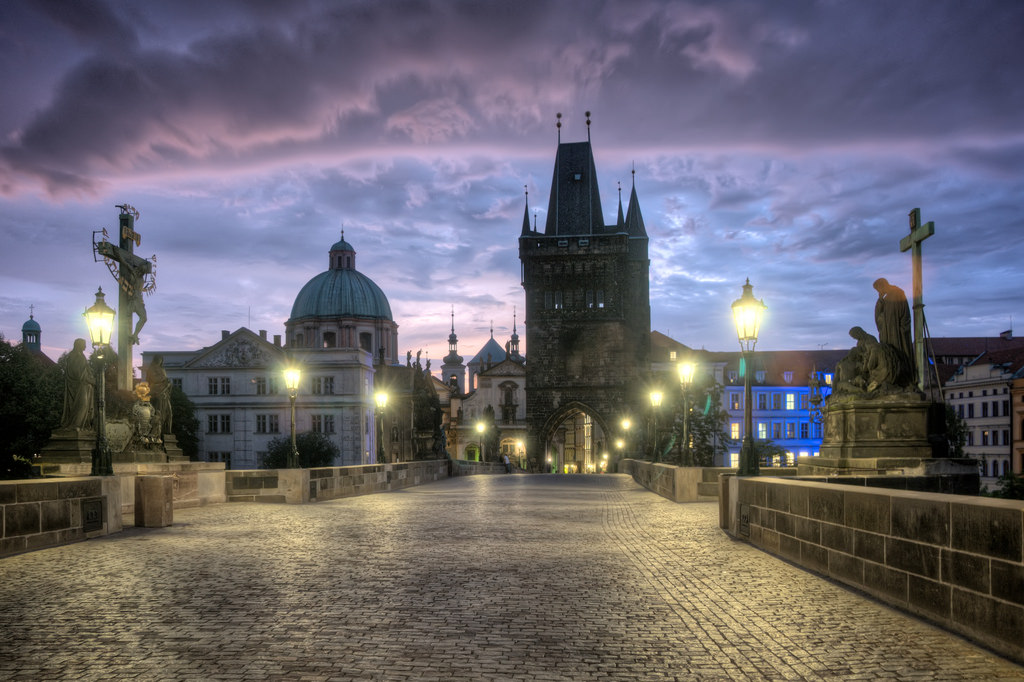
Charles Bridge at Dawn
Prague, Czech Republic
Construction of the Charles Bridge over the Vltava River was finished in the beginning of the 15th century. I had to get up at the crack of dawn to win a bet that I could photograph the bridge without any people on it.

Iceberg House
Perito Moreno Glacier, Los Glaciares National Park, Argentina
This guy broke off the glacier and gently floated down the river. Perito Moreno Glacier is unusual in that it is advancing, while most glaciers worldwide are retreating due to global warming.

Halls of Santa Catalina
Arequipa, Peru
Santa Catalina is a monastery of nuns of the Dominican Second Order. It was built in 1579 and is characterized by its vividly painted walls.
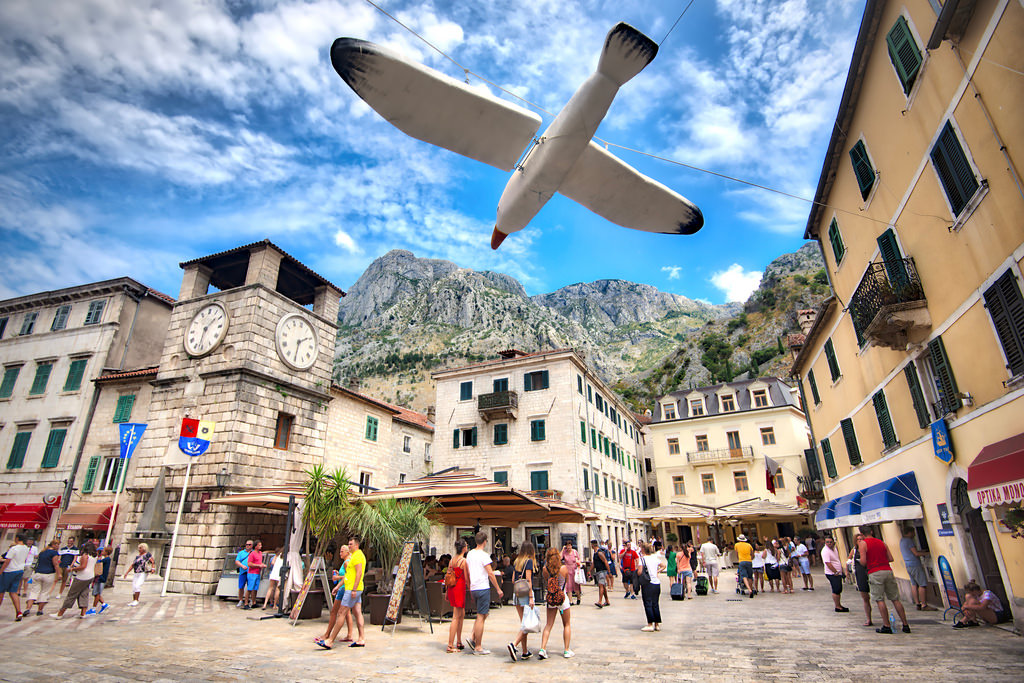
Bird & Clock in Kotor
Kotor, Montenegro
A wooden bird hangs over the square in Kotor, an old Mediterranean port surrounded by fortifications built during the Venetian period from 1420 to 1797.
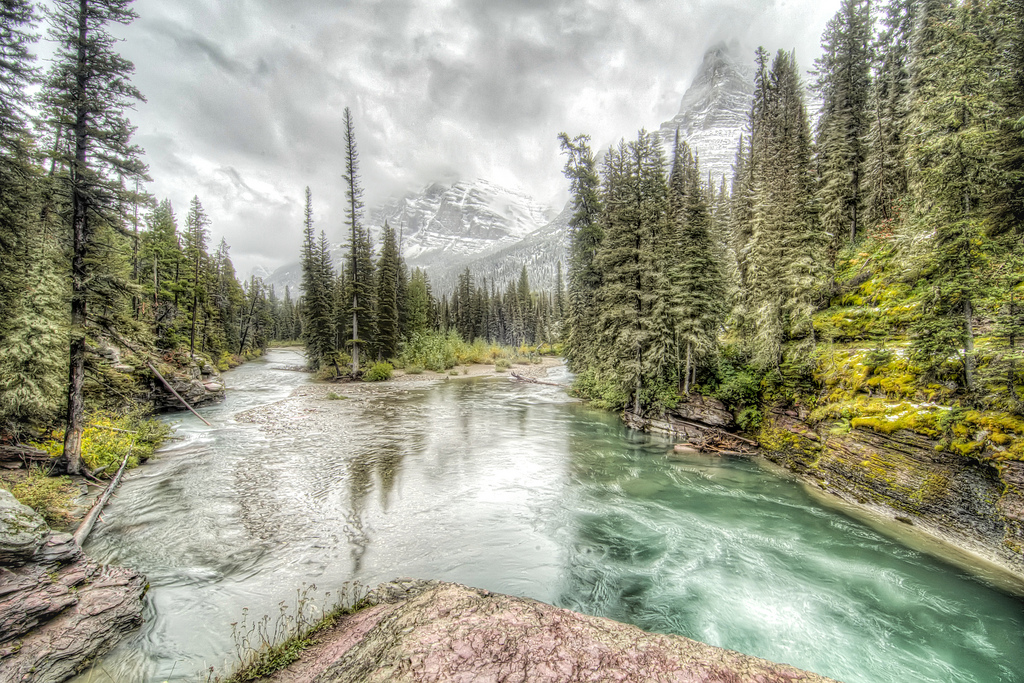
View from St. Mary Falls
Glacier National Park, Montana
A short hike from Going-to-the-Sun Road takes you to St. Mary Falls, one of the hundreds of waterfalls scattered around Glacier National Park. Turn around, and you're treated to a truly magical scene.

Pittaki Street
Athens, Greece
Locals called Pittaki Street a "public toilet." Drug addicts and petty criminals frequented the narrow lane, steps from a popular plaza where tourists exploring Greece angle for shots of the looming Acropolis. But Athenians made it the target of a curious experiment in urban rejuvenation, filling it with lamps, chandeliers, shantungs, bell shades, paper Asian lanterns, all retrofitted with new wiring and weatherproofing and strung up in glowing lines above Pittaki.
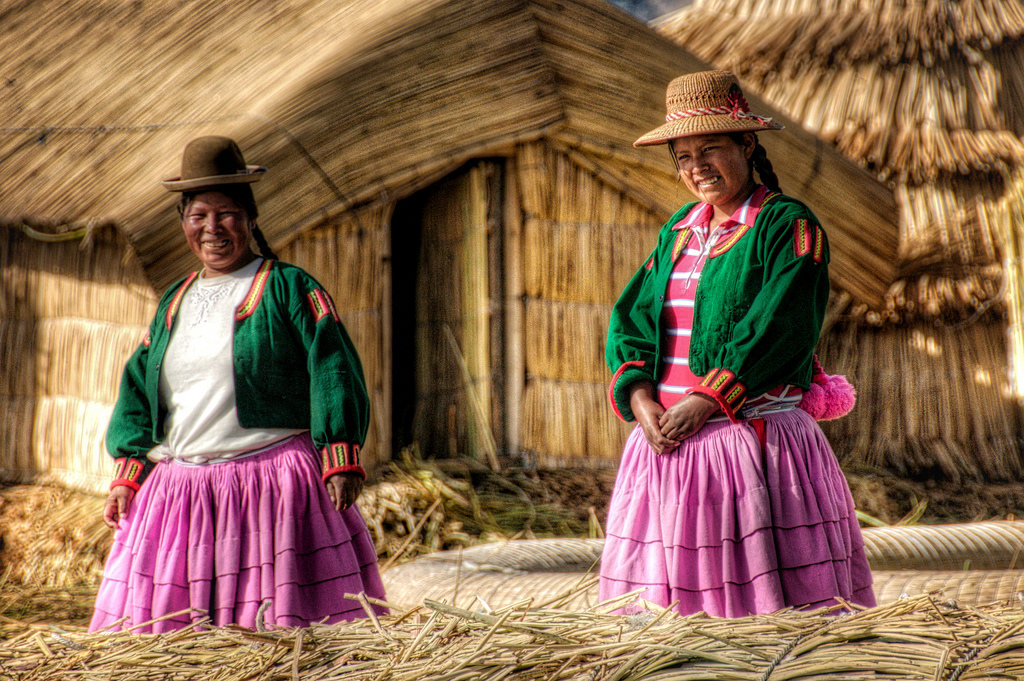
The People of Uros
Lake Titicaca, Peru
On the floating islands of Lake Titicaca.
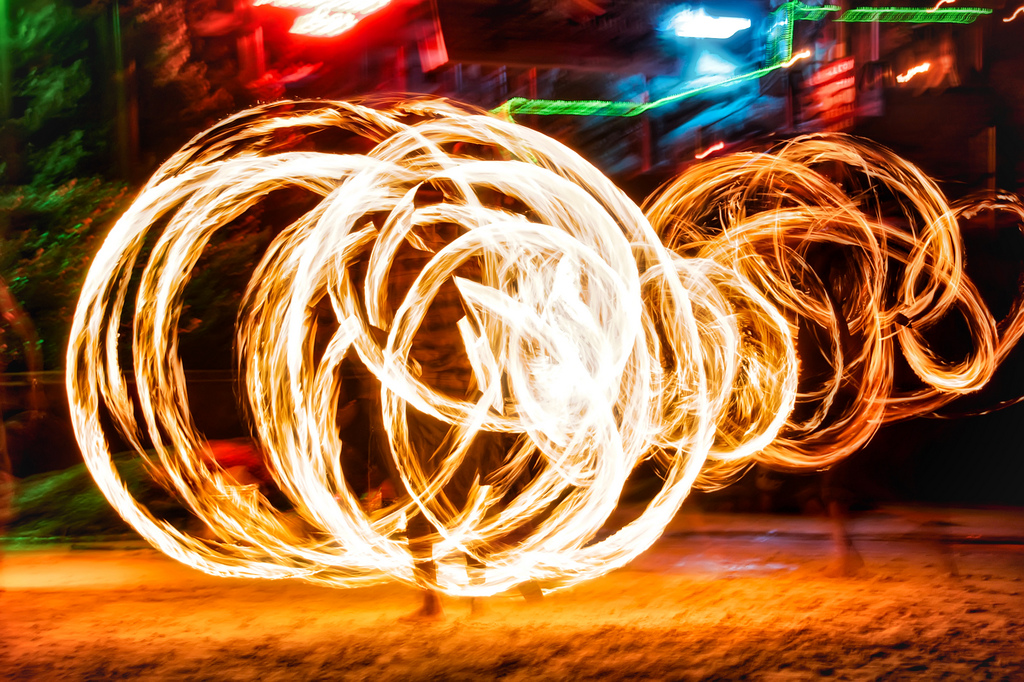
Fire Twirler
Koh Phangan, Thailand
In the spirit of Koh Phangan's full moon parties, this New Year's Eve party on a beach called Haad Rin was filled with with tens of thousands of people drinking and dancing and hallucinating and vomiting and having sex. There were performers and dancers everywhere. This long exposure of a fire twirler was the best of the bunch.
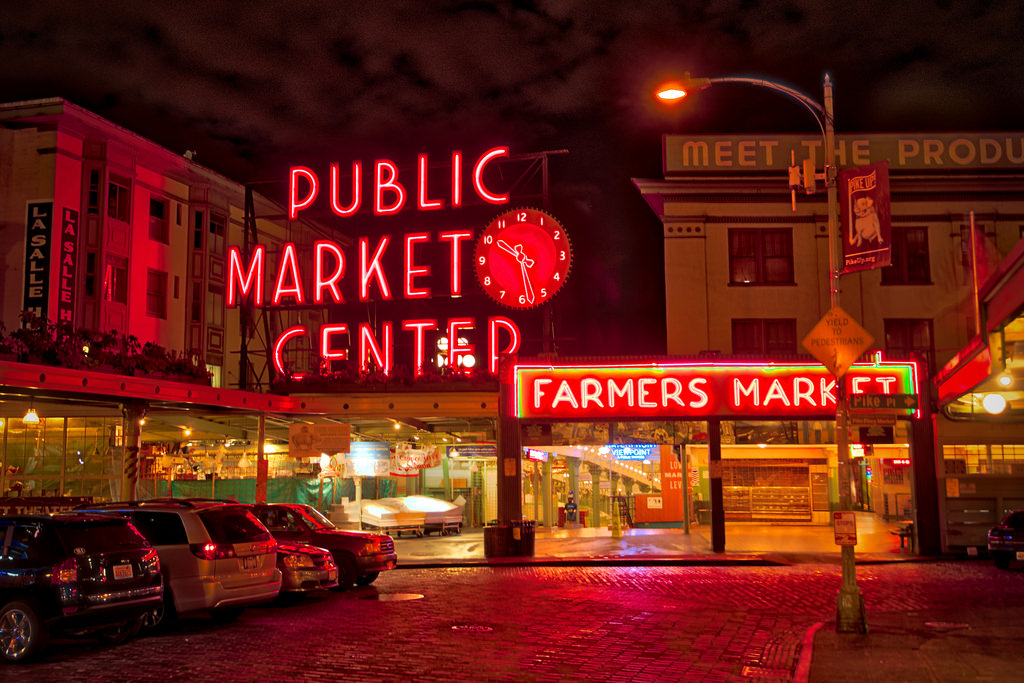
Pike Place Market at Night
Seattle, Washington
Pike Place Market opened August 17, 1907, and is one of the oldest continuously operated public farmers' markets in the United States. At night, despite all of the bright lighting, it's eerily quiet and a bit sketchy.
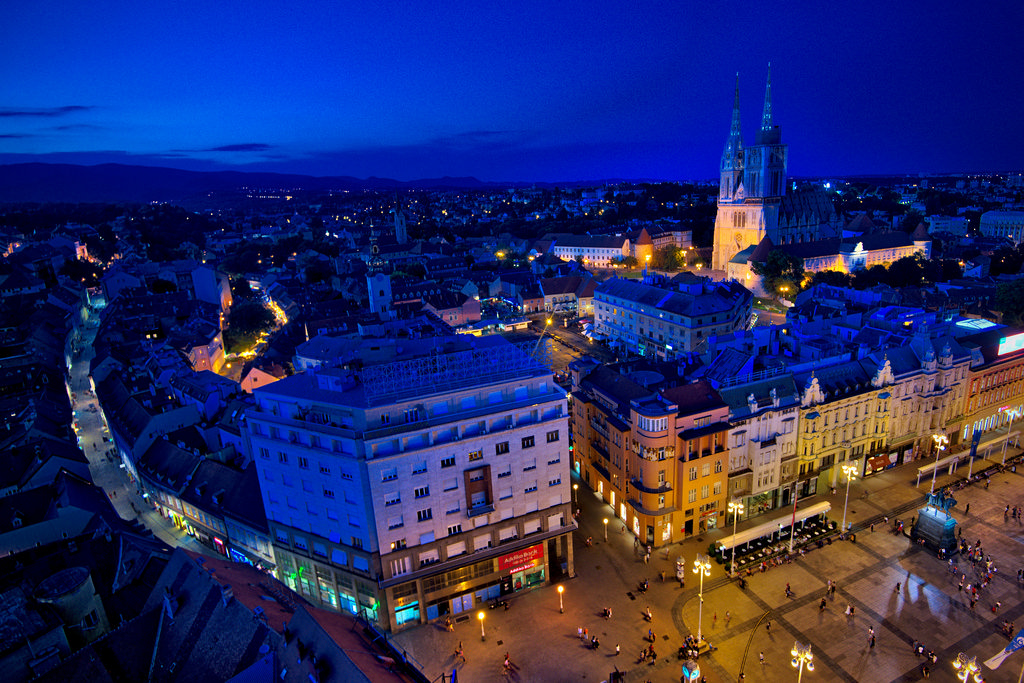
Ban Jelačić Square from the Eye
Zagreb, Croatia
The Zagreb Eye observation deck is located in the heart of Zagreb on top of a nondescript office building. The bar played some cheesy music and offered watered down drinks, but the sunset view made it all worthwhile. This is the view over Ban Jelačić Square.
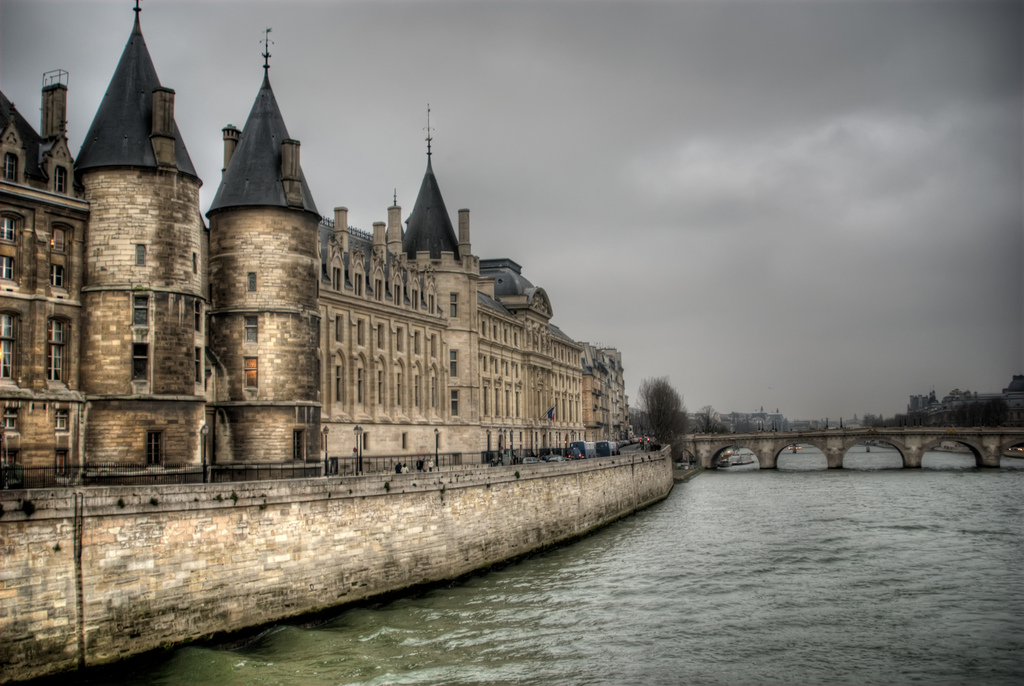
La Conciergerie
Paris, France
The view from Pont au Change, one of the many bridges connecting Île de la Cité with the mainland. Hundreds of prisoners during the French Revolution, including Marie Antoinette, were imprisoned and executed with guillotines at La Conciergerie.

Brooklyn Bridge
New York, New York
One of the oldest suspension bridges in the United States, it stretches over a mile between Manhattan and Brooklyn.

St. James Gate Brewery
Dublin, Ireland
St. James's Gate Brewery is a brewery founded in 1759 in Dublin, Ireland, by Arthur Guinness. The company is now a part of Diageo, a company formed from the merger of Guinness and Grand Metropolitan in 1997. The main product of the brewery is Guinness Draught.
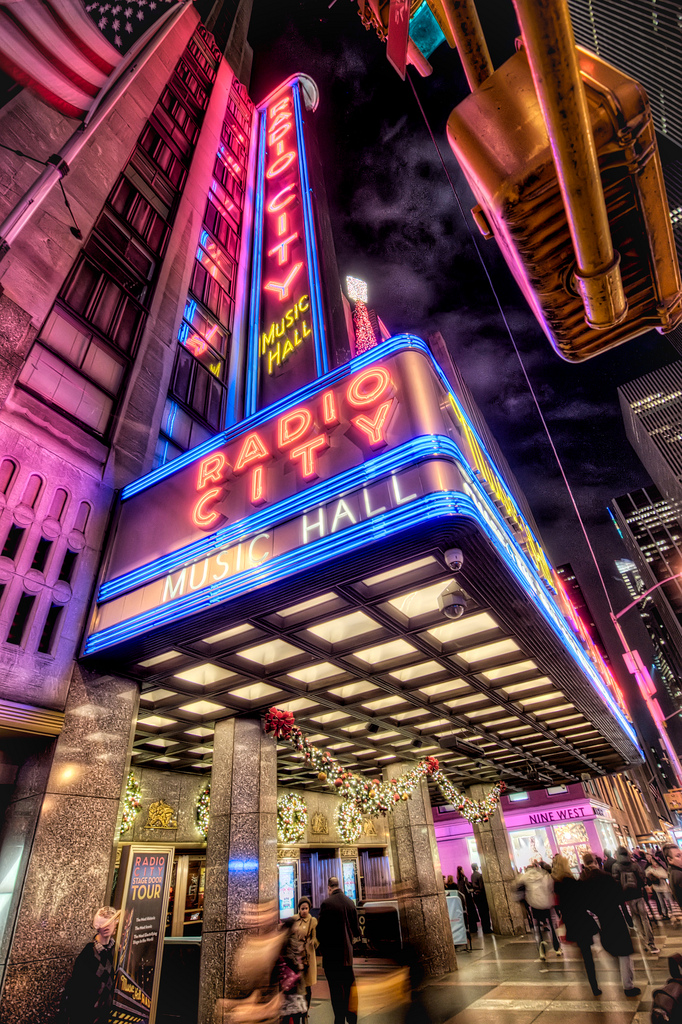
Radio City Music Hall
New York, New York
Radio City Music Hall, located in Rockefeller Center, opened to the public on December 27, 1932. The opening was meant to be a return to high-class variety entertainment, but the format was not a success. It was for a time the leading tourist destination in the city. Its interior was declared a city landmark in 1978.

Powell's City of Books
Portland, Oregon
Powell's headquarters, dubbed Powell's City of Books, is located in the Pearl District on the edge of downtown and occupies a full city block and claims to be the largest independent new and used bookstore in the world. The inventory for its retail and online sales is over four million new, used, rare, and out-of-print books. Powell's buys around 3,000 used books a day.
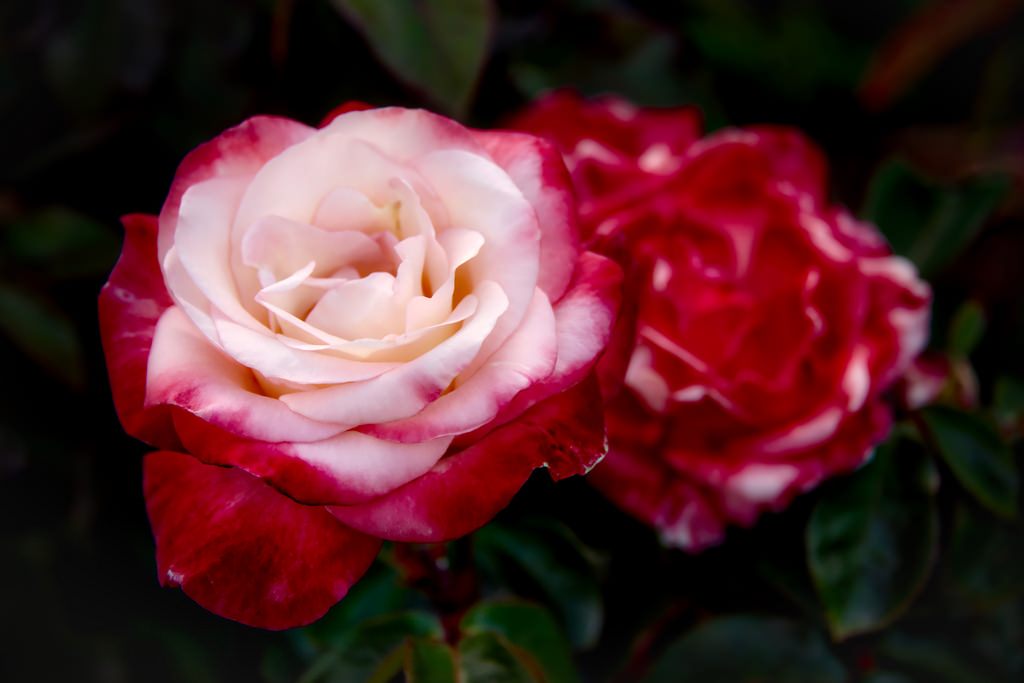
International Rose Test Garden
Portland, Oregon
Jesse A. Currey, president of Portland's Rose Society at the time, petitioned for the city to serve as a safe haven for hybrid roses grown in Europe during World War I. Rose lovers feared that these unique plants could be destroyed as a result of the war. Foreign hybridists sent roses for test from many countries and the garden was an immediate success. Today, the garden in Washington Park features over 7,000 rose plants of approximately 550 varieties.

Washington Monument Illuminated
Washington, District of Columbia
Every once in a while, the monument is covered with scaffolding to clean and repair the stonework. At night, they turn on the lights, and it actually looks kind of pretty.
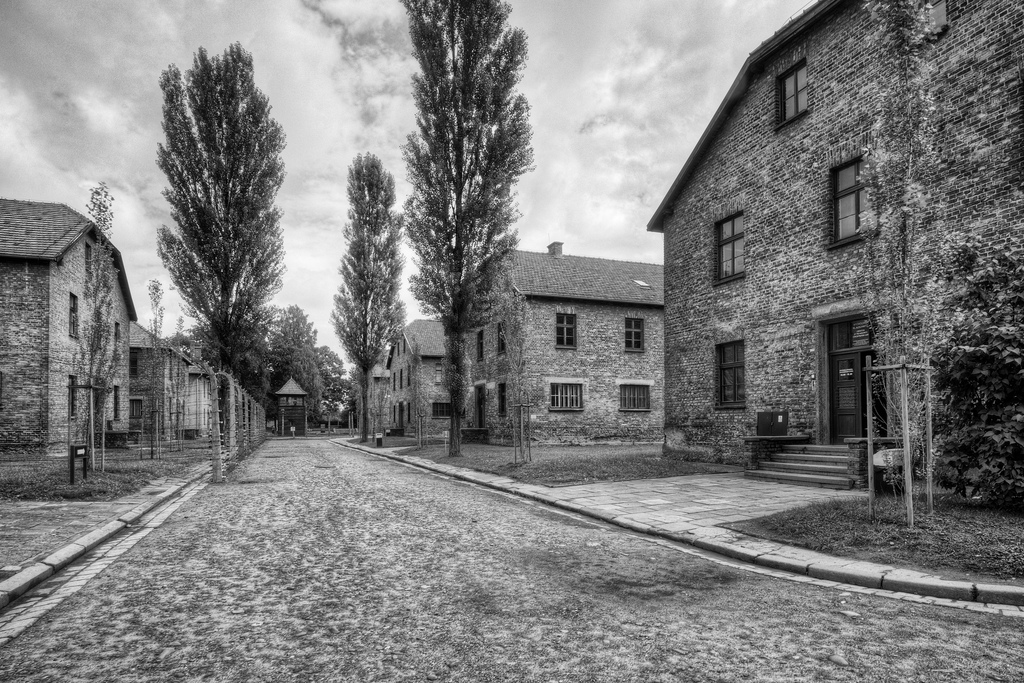
Blocks at Auschwitz
Oświęcim, Poland
Where the prisoners were housed. A guard house looms at the end of the road. It has been said that the trees which line the streets of Auschwitz were planted by the Nazis "because they loved nature."

Alamo Mission
San Antonio, Texas
The Alamo was built by the Spanish Empire in the 18th century for the education of local Native Americans after their conversion to Christianity.
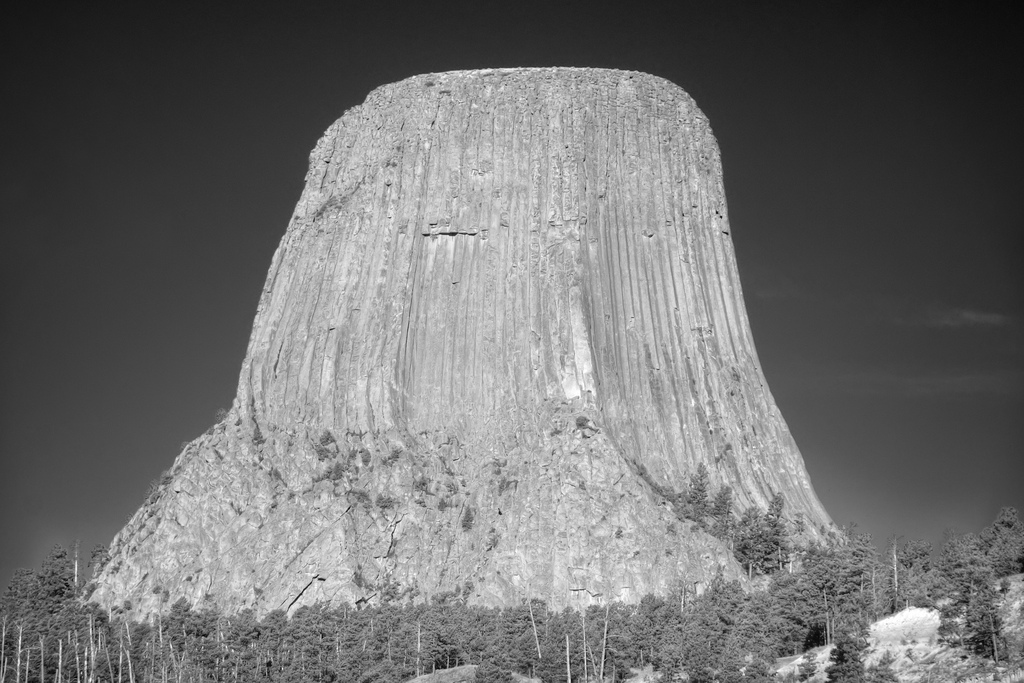
Devils Tower
Devils Tower National Monument, Wyoming
The rock formation in Wyoming formed about 40.5 million years ago when magma pushed the ground upwards and then cooled, creating solid rock. If it cools quickly enough, the contraction will cause the rock to fracture in the direction that it once flowed. These fractures created the vertical columns that are visible today.
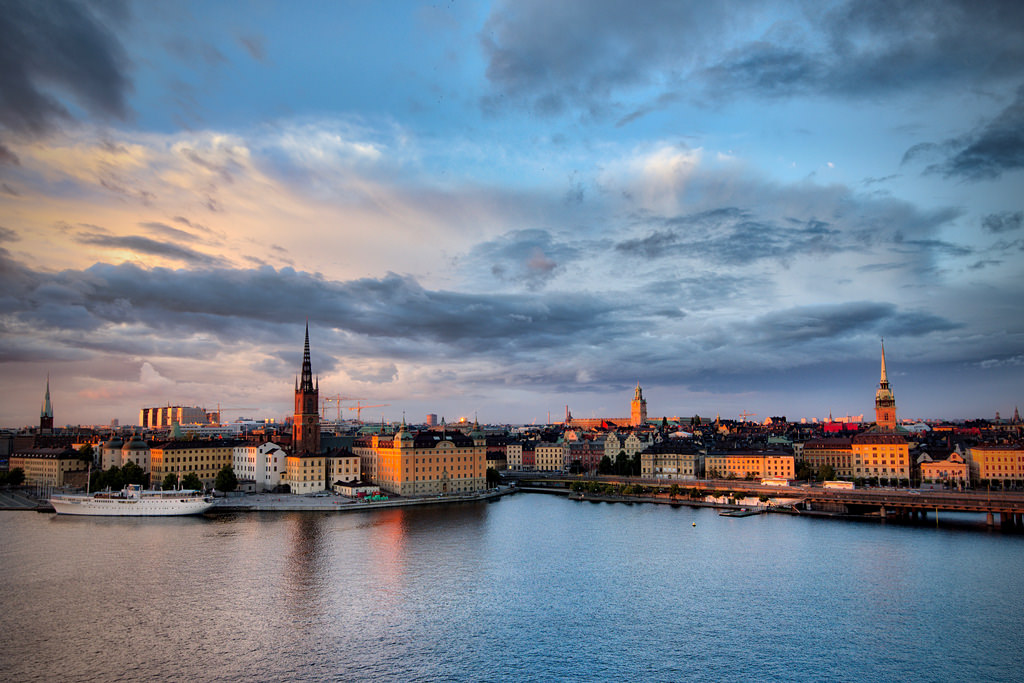
Dusk Over Gamla Stan
Stockholm, Sweden
The sunset over the Riddarfjärden as seen from an outlook called Monteliusvägen. A small crowd of people crammed the overlook to hug and take selfies and converse loudly. It should be rule to be silent during a sunset.
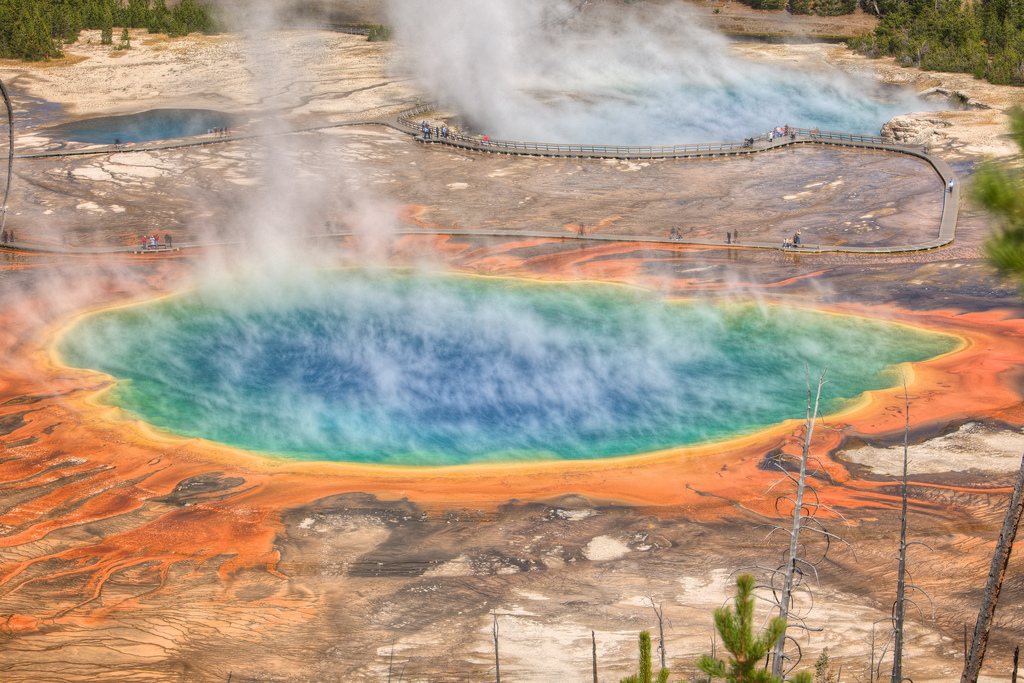
Grand Prismatic Spring
Yellowstone National Park, Wyoming
The colors of this Yellowstone spring are the result of pigmented bacteria in microbial mats. Differing temperatures favor different bacteria, creating a variety of colors along the cooler edges.

View of Koronos
Koronos, Naxos, Greece
Koronos is one of the oldest settlements in northeastern Naxos, first appearing in written records around the year 1200. The quaint mountain village is set on the slopes of a ravine with two distinct halves facing each other between Mt. Amomaxis and Mt. Koronos. The valley in the middle is full of vineyards.

Cliffs of Moher
County Clare, Ireland
The cliffs consist mainly of beds of Namurian shale and sandstone, with the oldest rocks being found at the bottom of the cliffs. It is possible to see 300 million year old river channels cutting through the base of the cliffs. For scale, you can see a woman and child walking the cliff's edge at the top of the photo.

Walls of Dubrovnik
Dubrovnik, Croatia
A view back on the city from atop the city walls that run almost 2 km around the city. The walls run from 4 to 6 m thick on the landward side but are much thinner on the seaward side. The walls of Dubrovnik have been a popular filming location for the fictional city of King's Landing in the HBO television series, Game of Thrones.
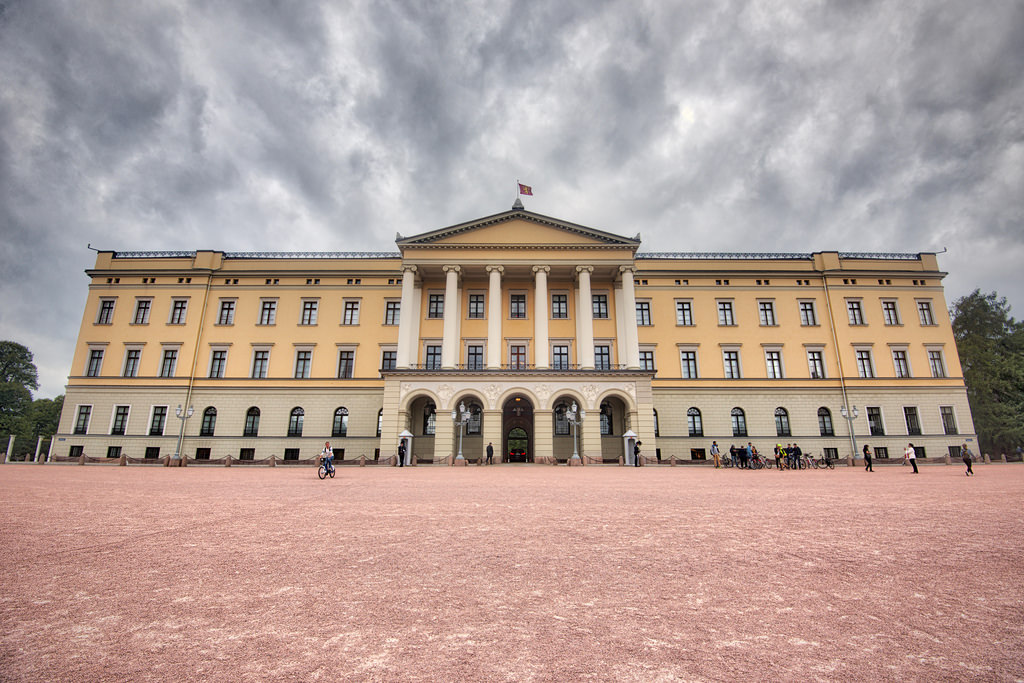
Royal Palace
Oslo, Norway
The Royal Palace in Oslo was built in the first half of the 19th century as the Norwegian residence of the French-born King Charles III of Norway, who reigned as king of Norway and Sweden.
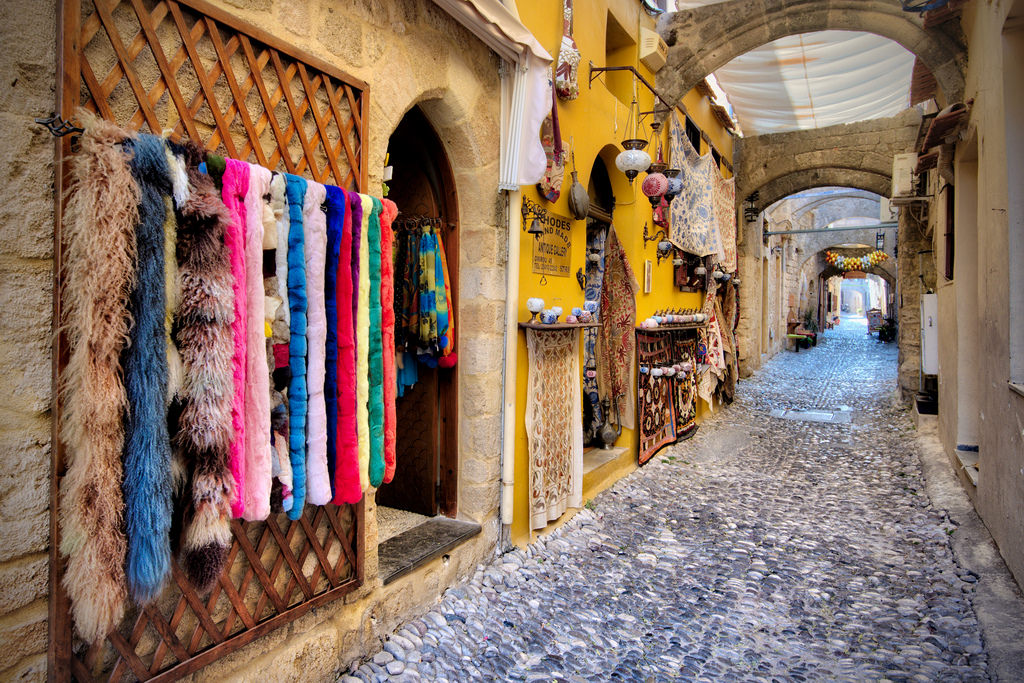
Medieval Souvenirs
Rhodes, Greece
The old city of Rhodes is surrounded by medieval walls with seven gates. To enter any of these gates is to enter another world. Though many of the alleys are now filled with tourist shops, restaurants, cafes, some of them retain that old world feel.

Terminal E at Charles de Gaulle Airport
Paris, France
This terminal had a wonderful repetitive symmetry to it. It looked like a concept drawing out of the 1970's.
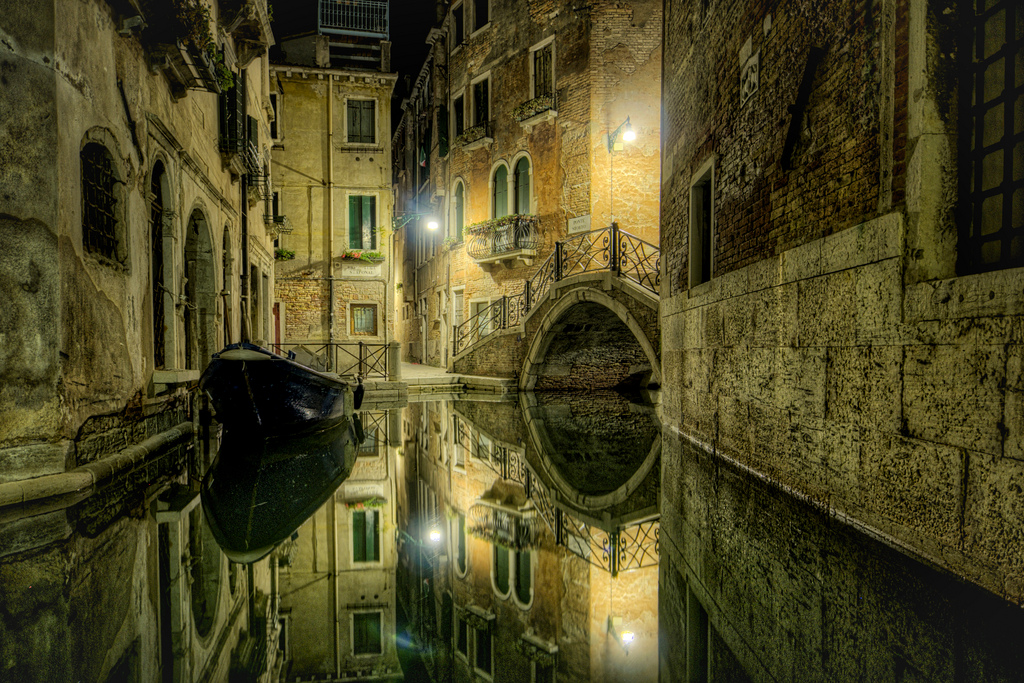
A Quiet Moment
Venice, Italy
Walking the alleys and canals of Venice after dark is a completely different experience. Gone are the throngs of tourists. The water and the air are still, and the only thing you hear is the occasional Italian conversation through the windows.
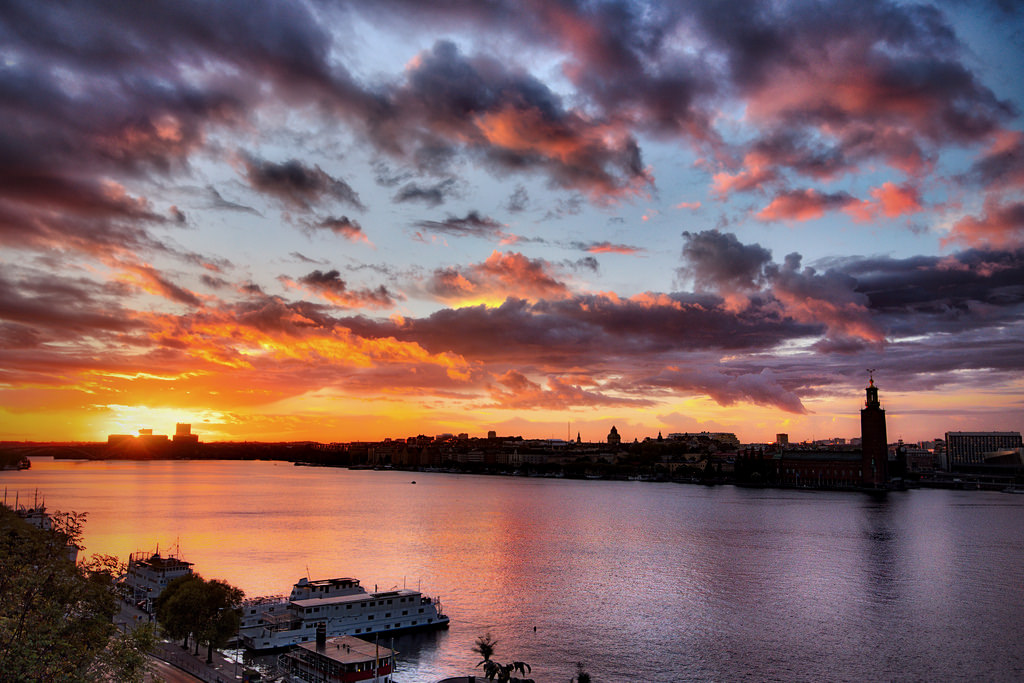
Sunset Over Riddarfjärden
Stockholm, Sweden
The sunset over the Riddarfjärden as seen from an outlook called Monteliusvägen. A small crowd of people crammed the overlook to hug and take selfies and converse loudly. It should be rule to be silent during a sunset.
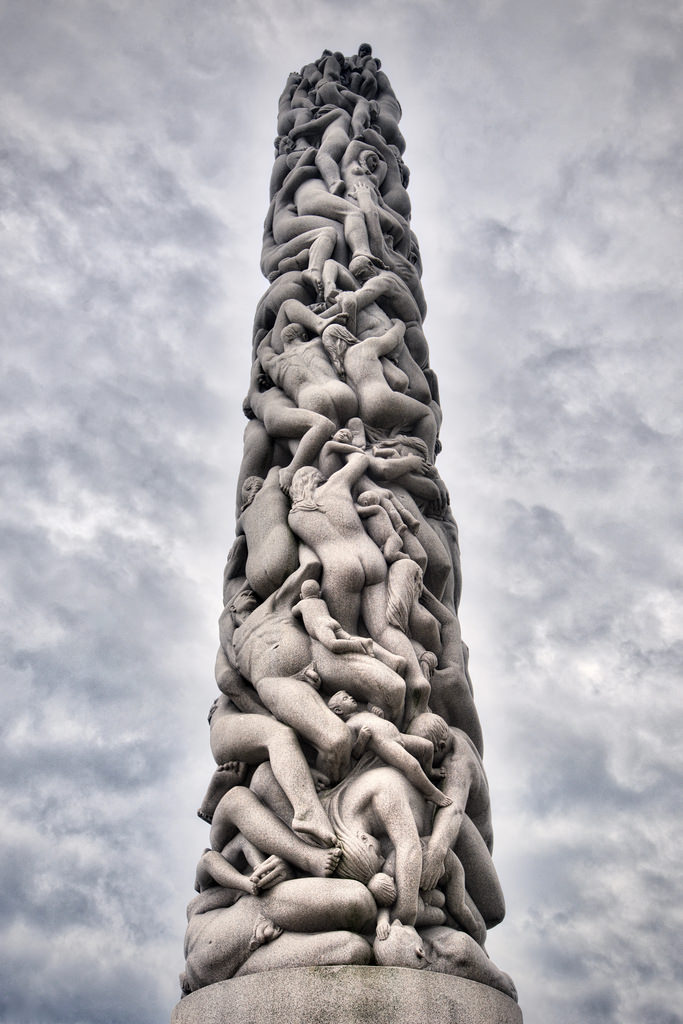
Vigeland Monolith
Oslo, Norway
At the highest point in Frogner Park lies the park's most popular attraction, the Monolith (Monolitten). It is 14.12 meters (46.32 feet) high and is composed of 121 human figures rising towards the sky. Construction of the massive monument began in 1924 when Gustav Vigeland modelled it in clay. It was first shown to the public at Christmas 1944.
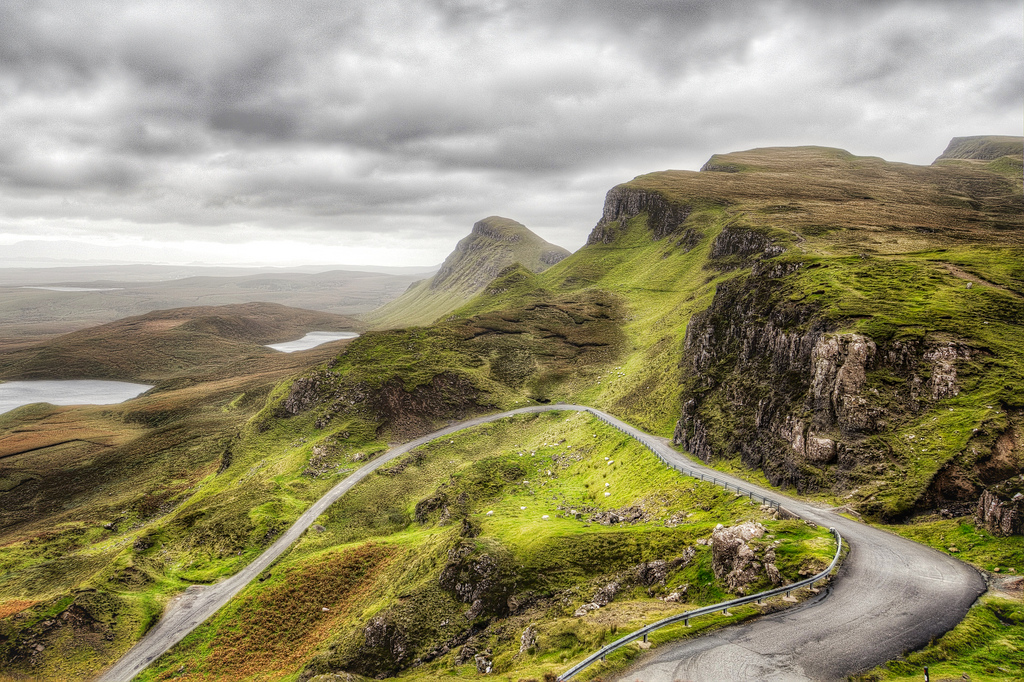
Quiraing
Skye, Scotland
The Quiraing is a landslip on the eastern face of Meall na Suiramach, the northernmost summit of the Trotternish Ridge on the Isle of Skye. The unique landscape was formed by a great series of landslips, and the road at its base near Flodigarry requires repairs each year.
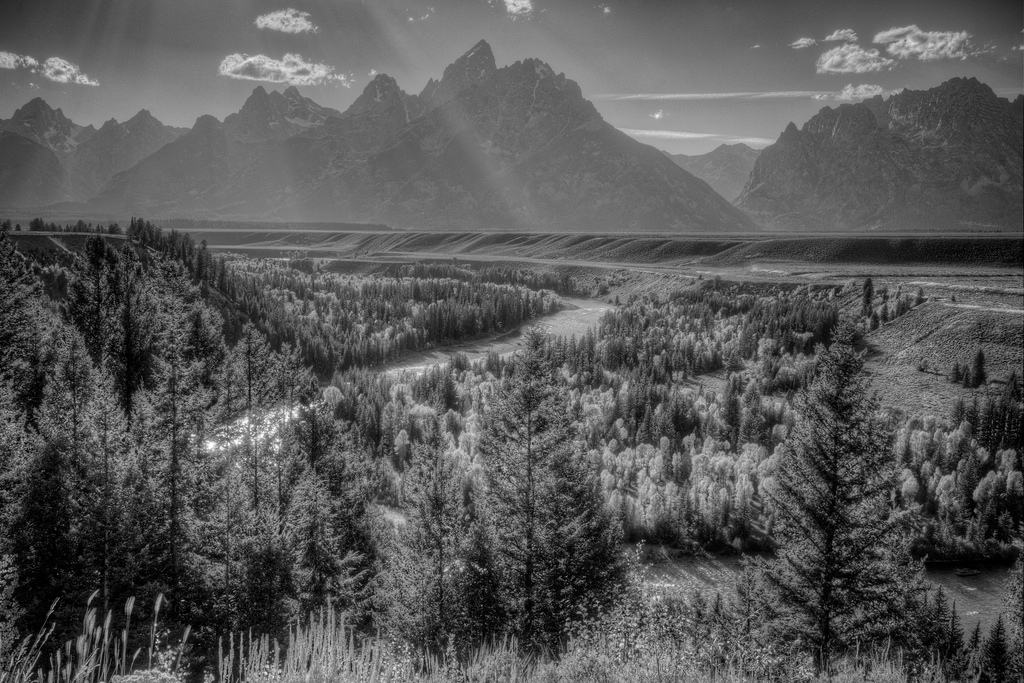
Snake River
Grand Teton National Park, Wyoming
My homage to Ansel Adams. He took his famous Snake River photo from roughly the same spot in 1942. Ansel's mountains are blanketed with majestic snow, but my mountains have only a few flecks at the very top. Ansel's river was swollen and raging, but mine had a bit of a prostate problem. And much of my shot is obscured by trees that have grown in the last 69 years.
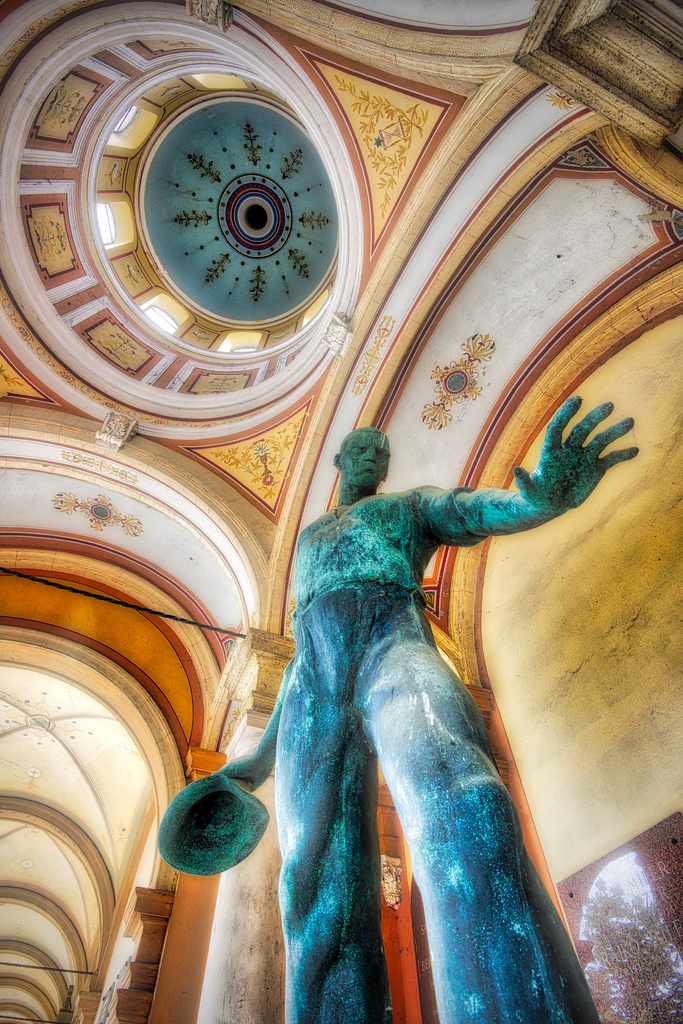
Man at Mirogoj Cemetery
Zagreb, Croatia
Unlike the older cemeteries, which were church-owned, Mirogoj was owned by the city, and accepted burials from all religious backgrounds. The construction of the arcades, the cupolas, and the church in the entryway was begun in 1879. Due to lack of funding, work was finished only in 1929.

Safeco Field
Seattle, Washington
Safeco Field has a unique retractable roof that only acts as an "umbrella" for the stands and field rather than forming a complete climate-controlled enclosure, as is the case with all other retractable roofs in Major League Baseball. The field also features an LED video display scoreboard, the second largest HD video display scoreboard in MLB.
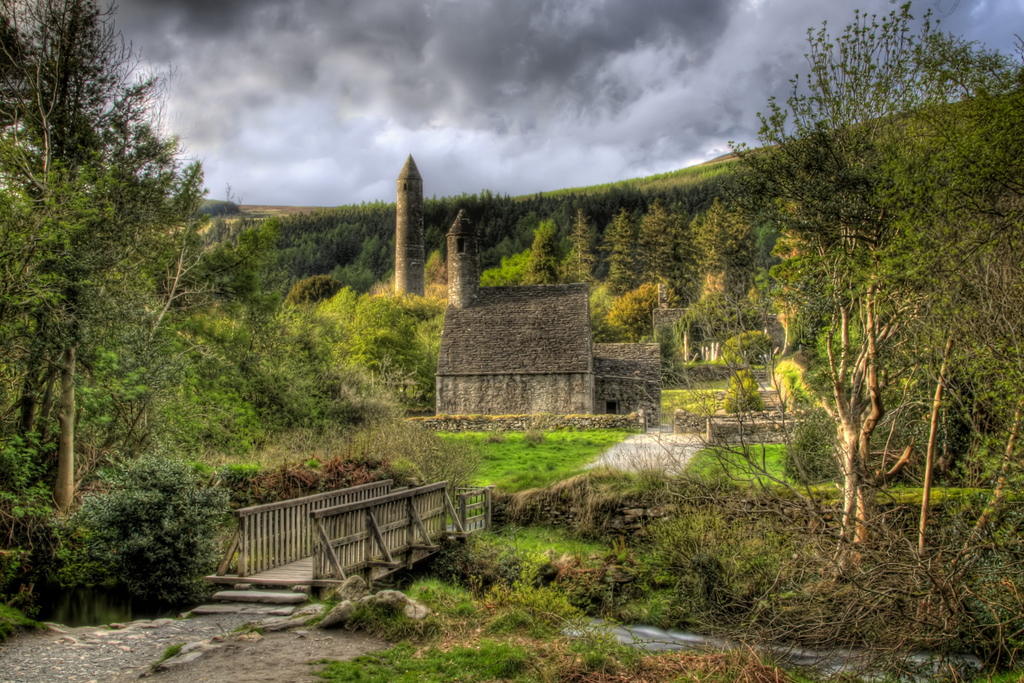
Monastic City of Glendalough
Glendalough, County Wicklow, Ireland
The present remains in Glendalough tell only a small part of its story. The monastery in its heyday included workshops, areas for manuscript writing and copying, guest houses, an infirmary, farm buildings and dwellings for both the monks and a large lay population. The buildings which survive probably date from between the 10th and 12th centuries.
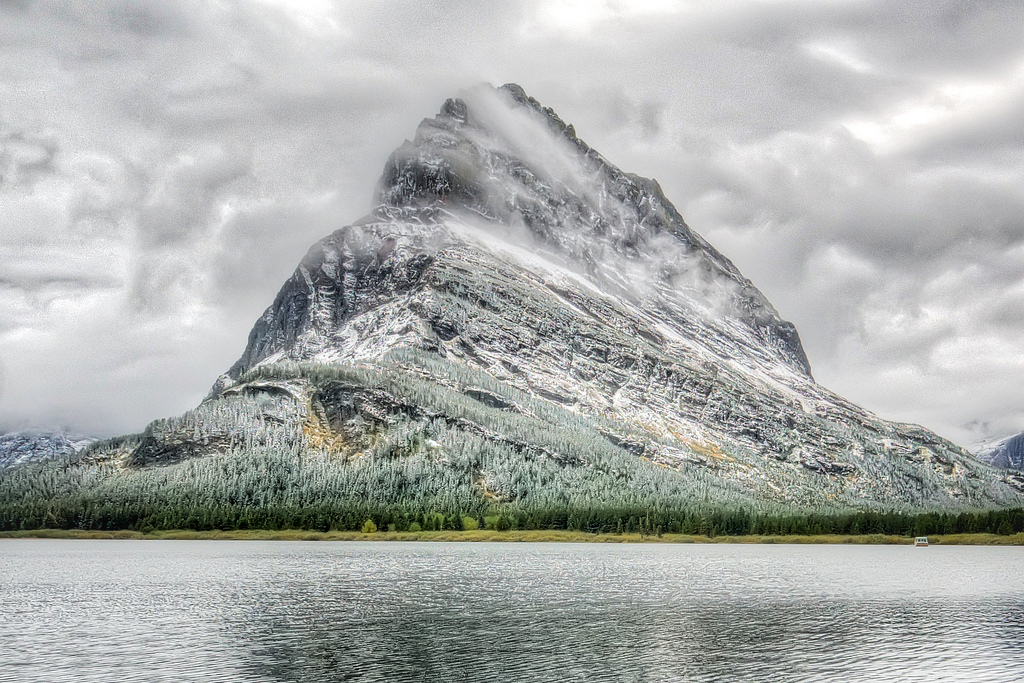
Grinnell Point
Glacier National Park, Montana
Sitting comfortably on Swiftcurrent Lake.
Portraits
Lots of beautiful people and animals.
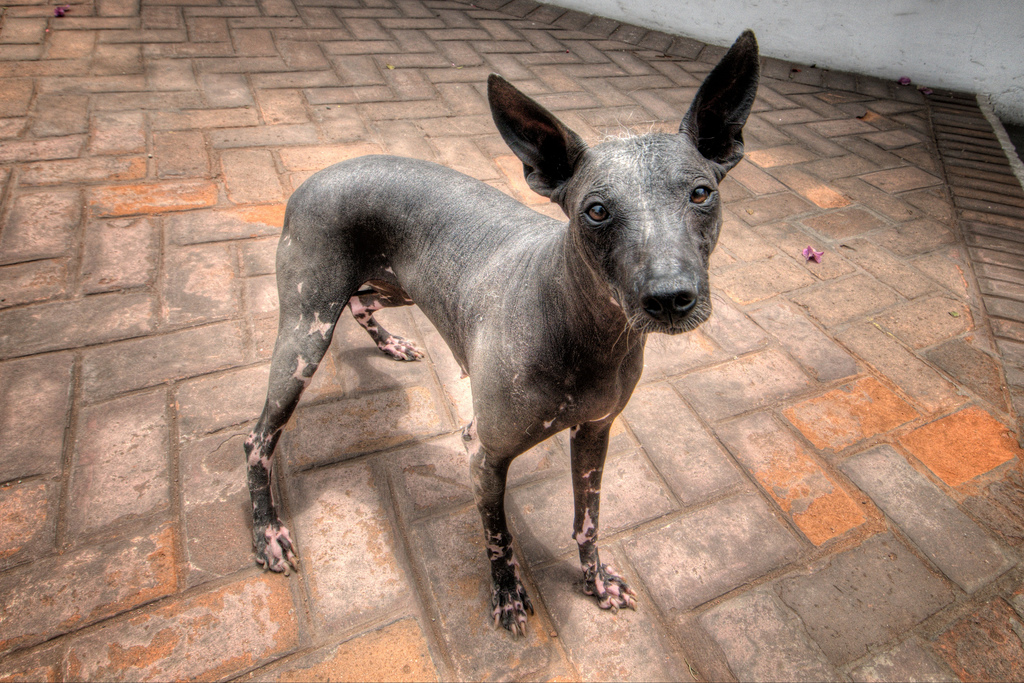
Peruvian Hairless Dog
Lima, Peru
This little guy chased me around the Larco Museum. Why is it that things that are little and ugly are always the most noisy and feisty?

Sleepy Cat in Kotor
Kotor, Montenegro

Green Iguana
Caño Negro, Costa Rica
Green iguanas from the western region of Costa Rica are red. They have a well-developed dewlap that helps regulate their body temperature. This dewlap is used in courtships and territorial displays.

Nicola
New York, New York
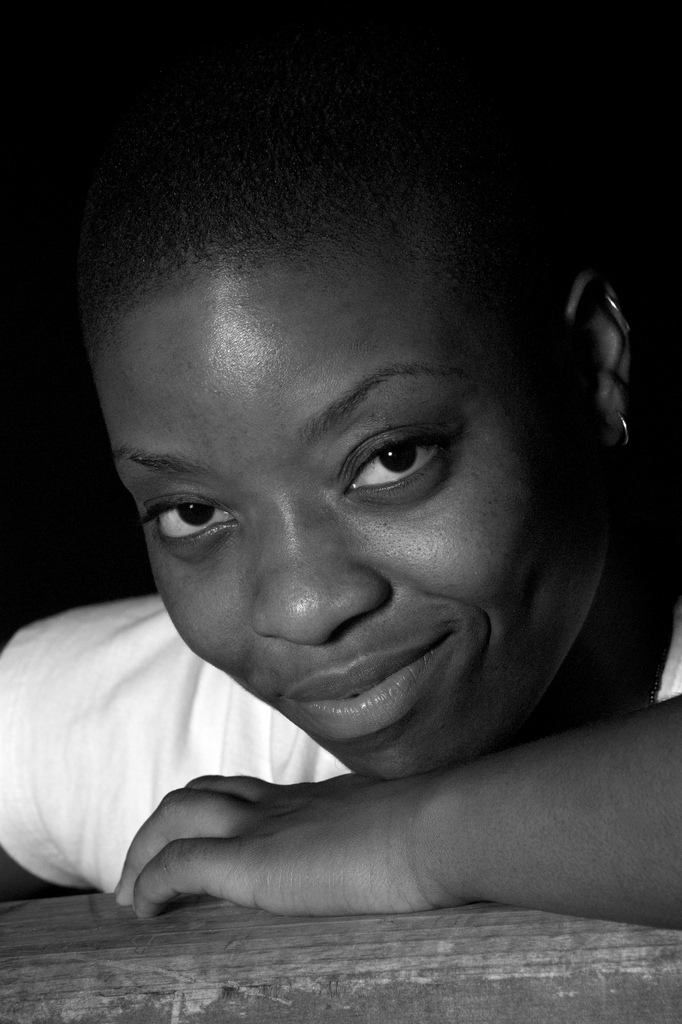
Vivianne
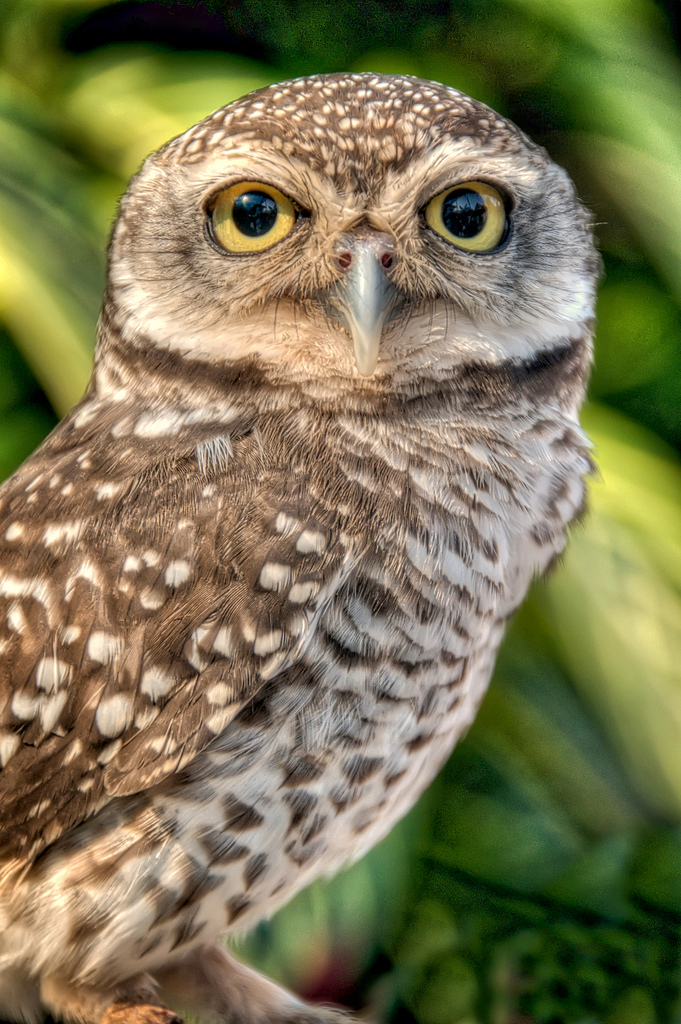
Lisa, the Burrowing Owl
Koh Samui, Thailand
At one of the animal parks on the island. There were elephants and tigers nearby, but I had a moment with this one. Burrowing Owls are found in the open landscapes of North and South America, so it was definitely out of place here.
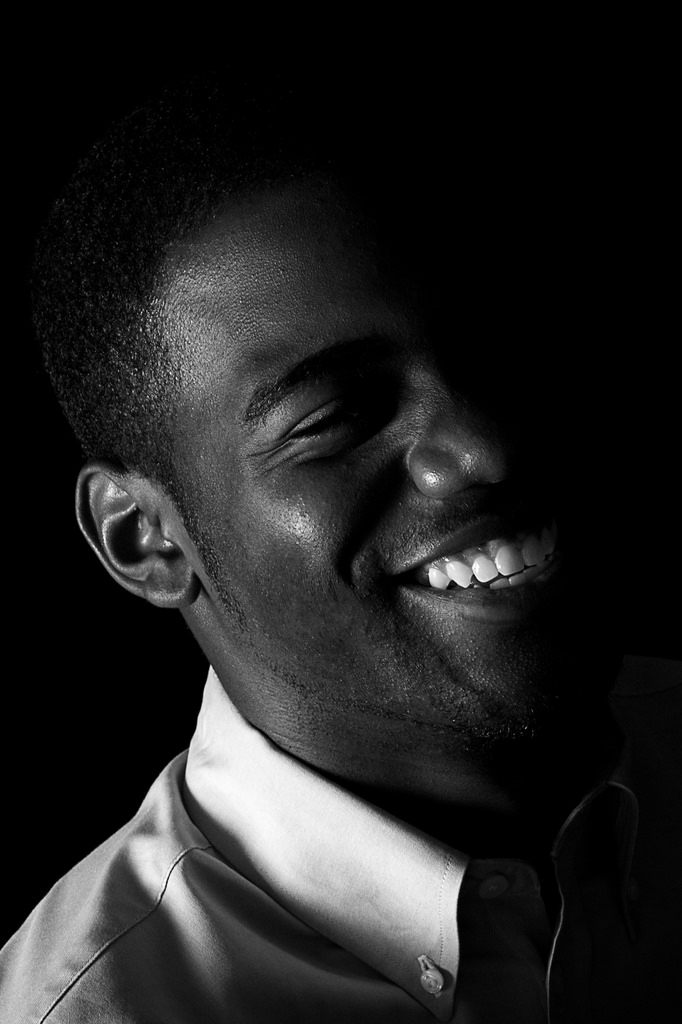
Lorenzo
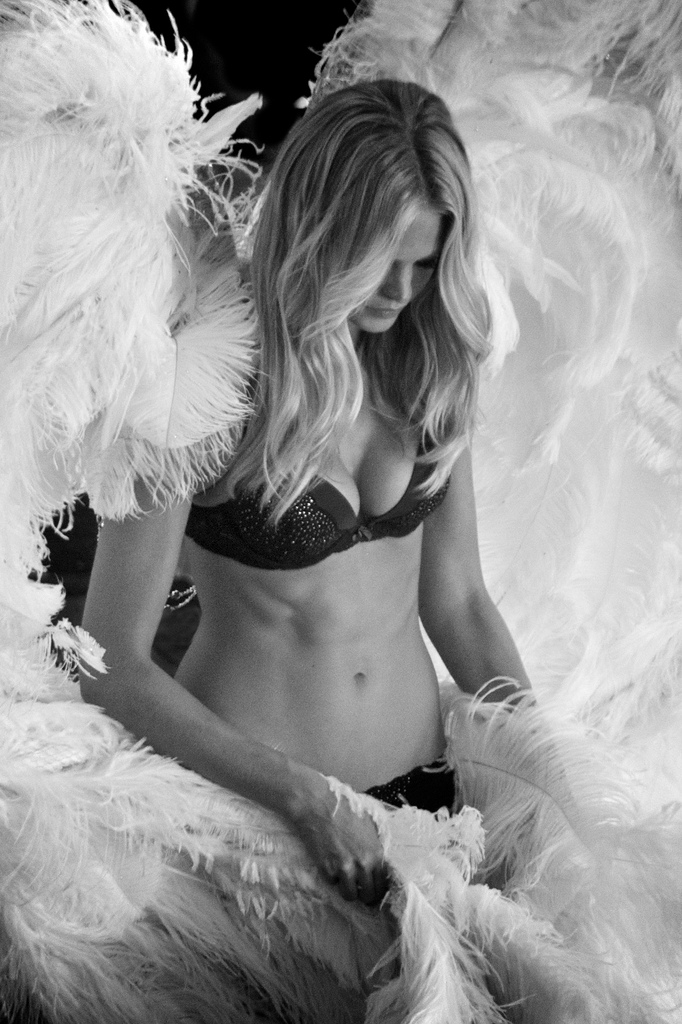
Candice Swanepoel
Prague, Czech Republic
Captured during a Victoria's Secret photo shoot under the Charles Bridge in Prague.
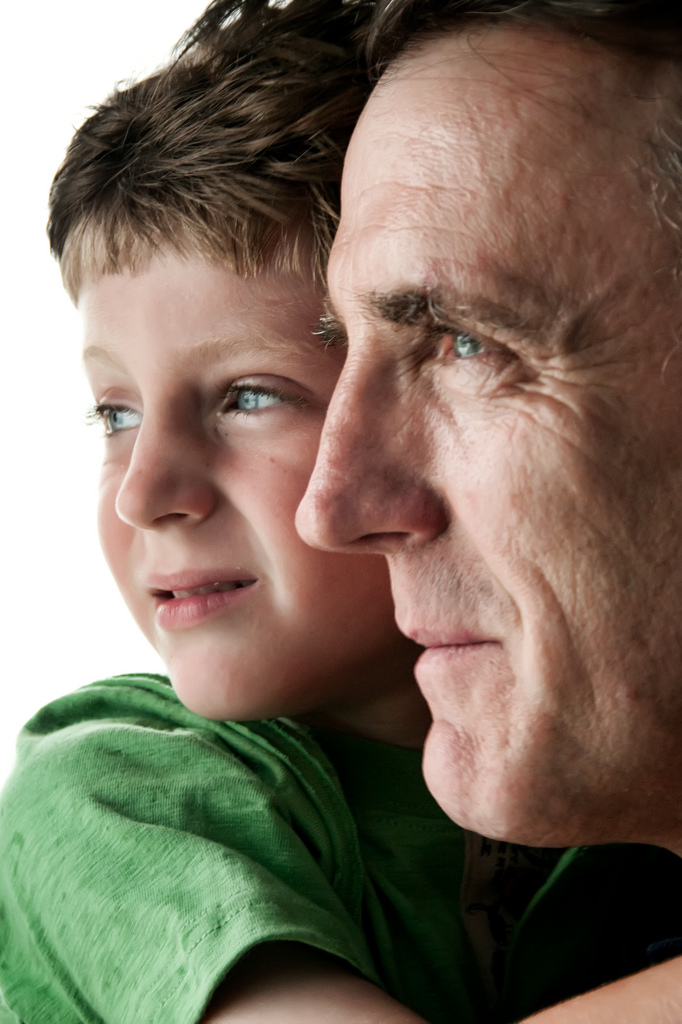
Connor & Jerry
Koh Phangan, Thailand
Irish friends I made on the flight from Bangkok to Koh Phangan.
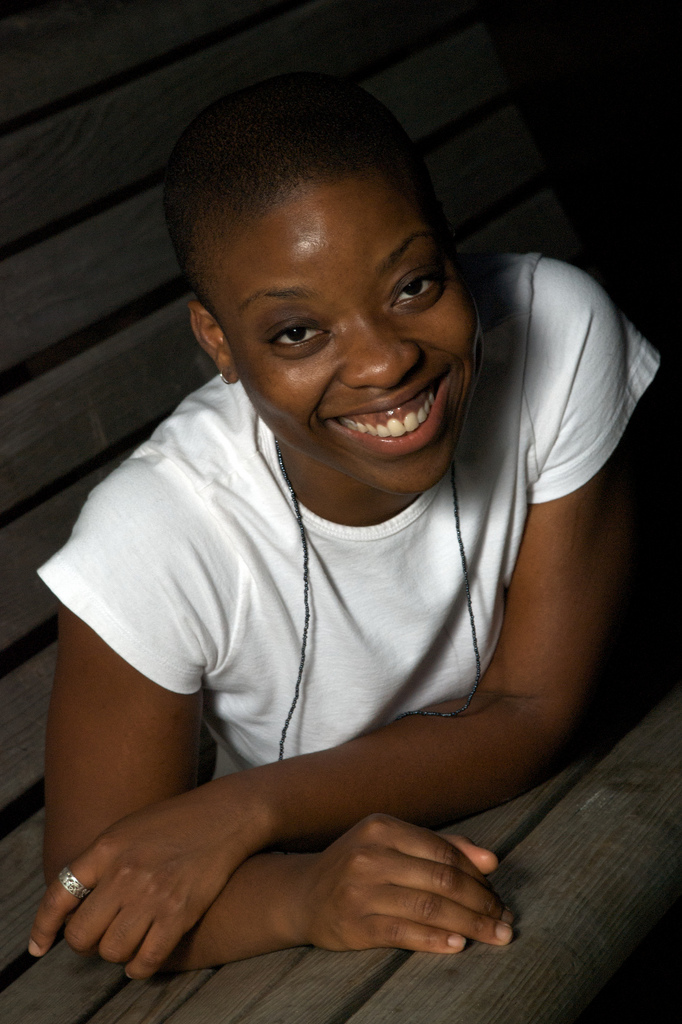
Vivianne
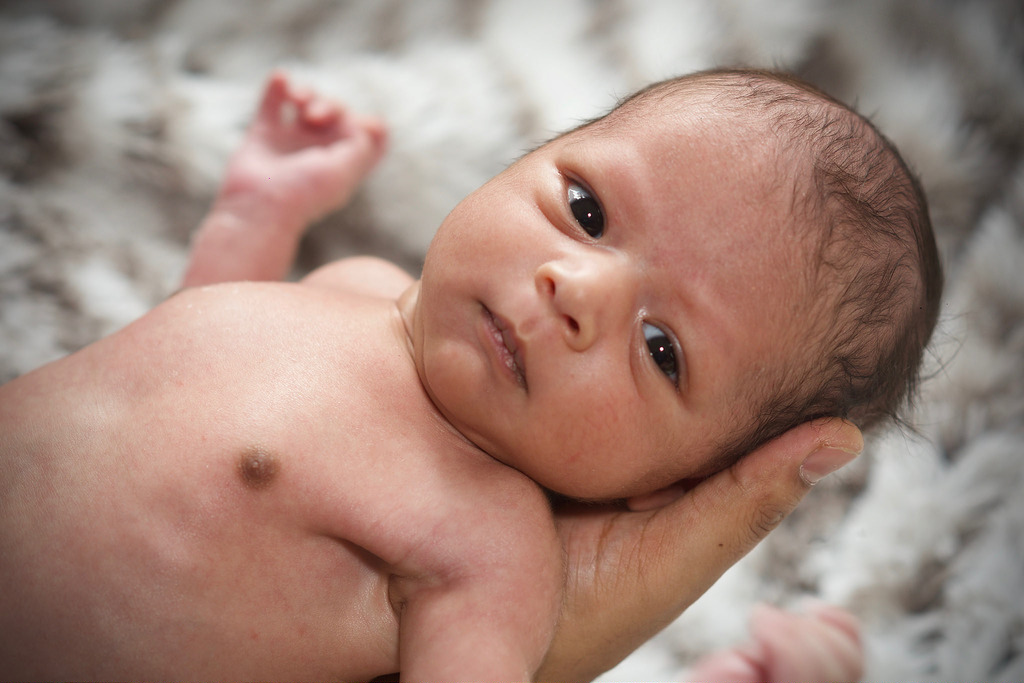
Kush
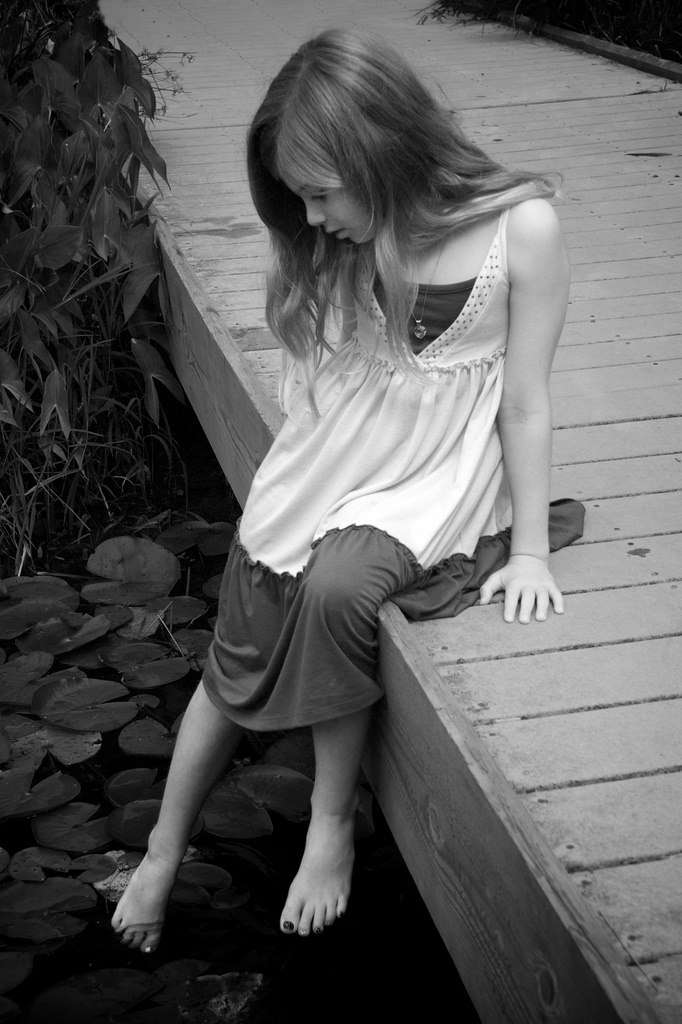
Reagan
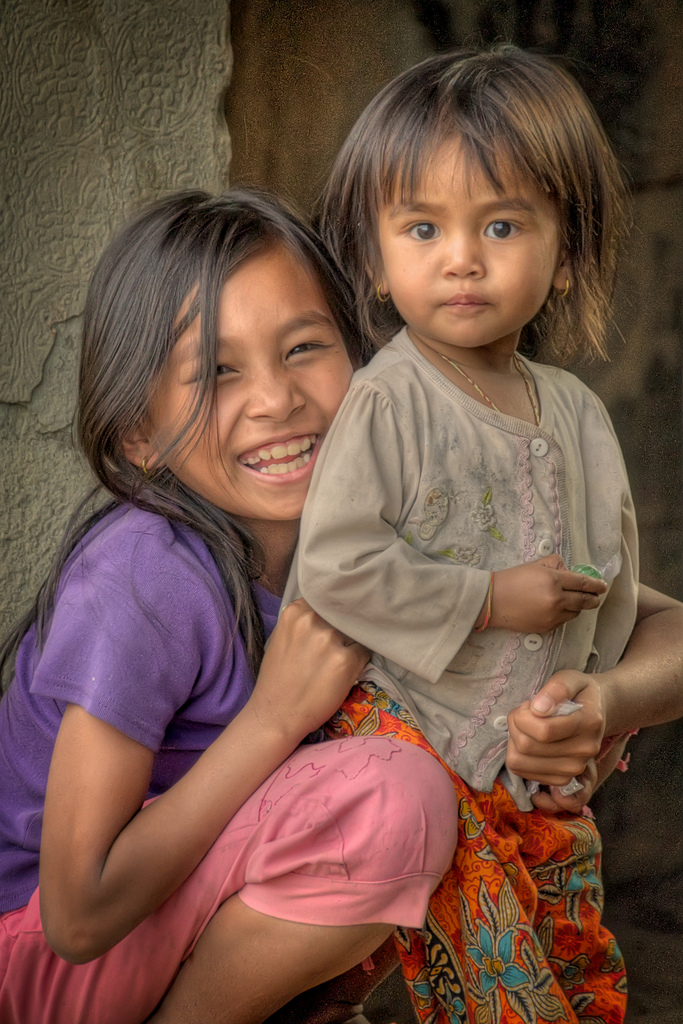
Cambodian Girl and Her Baby Brother
Angkor, Cambodia
She was hanging out with her baby brother, happily posing for photographers and collecting donations. It was nice.
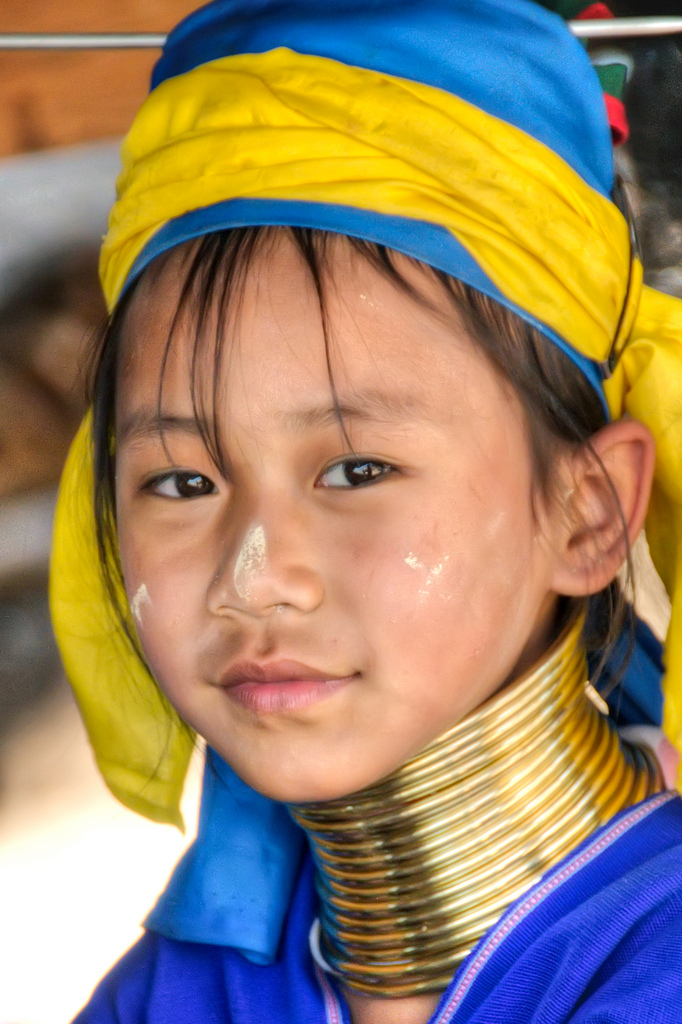
Padong Girl
Mae Hong Son, Thailand
The heavy brass coils which they fit around their necks press down on the rib cage and cause the ribs to grown downwards. The Padong face many of the hardships which other hill tribe peoples face in Thailand. They are not recognized as Thai citizens. As such, they do not have access to medical care, education, or other rights granted to citizens. They get much of their income from tourism.
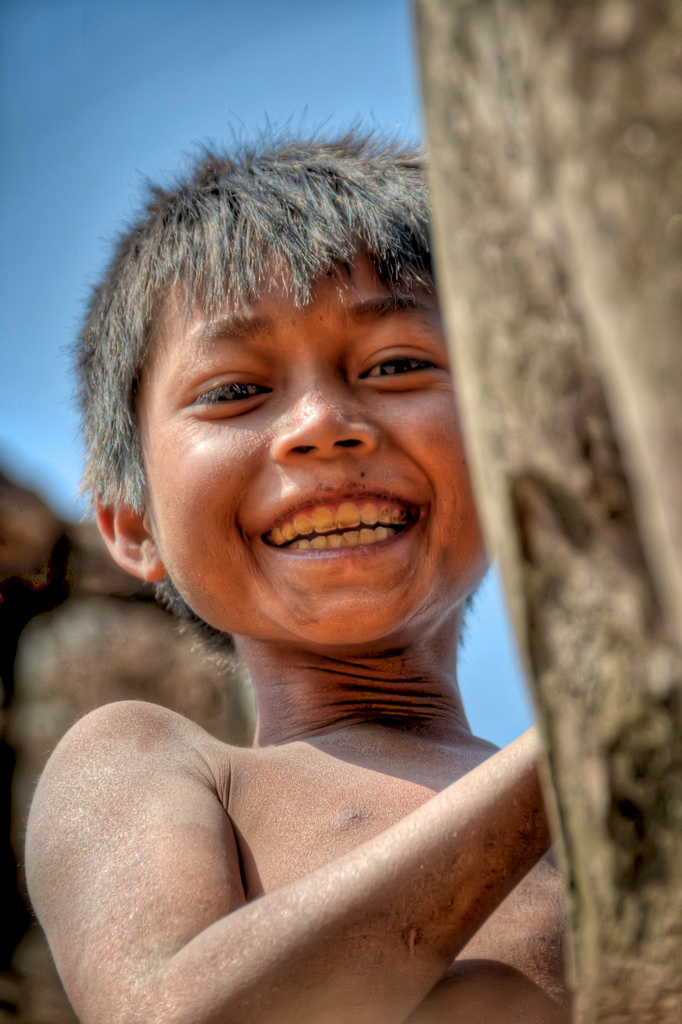
Boy at East Mebon
Angkor, Cambodia
This guy was chasing me around hiding so that I couldn't take his picture. I finally snapped him and he knew it.
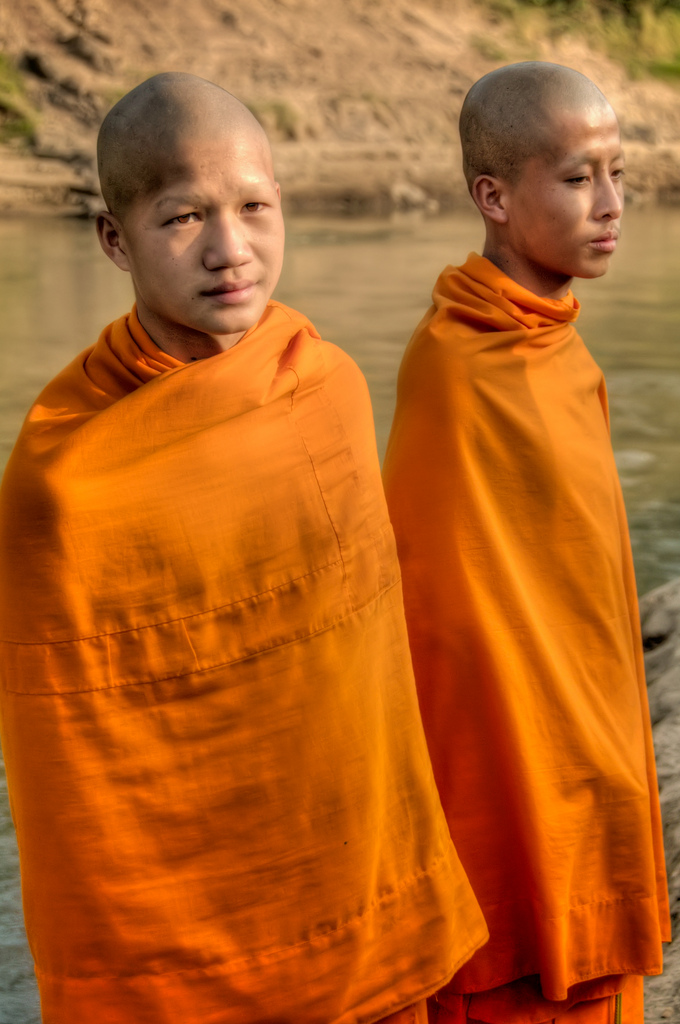
Monks at the Bridge
Luang Prabang, Laos
There were a couple of other photographers dancing around these monks taking pictures like crazy. I felt bad. I took one shot and had to get out of there.
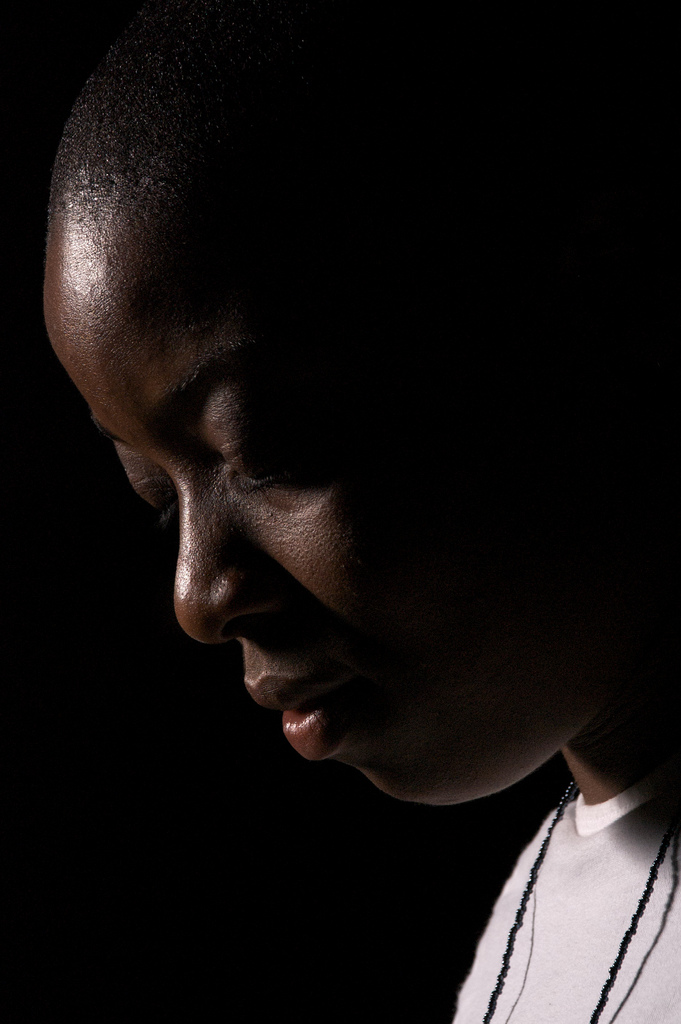
Vivianne
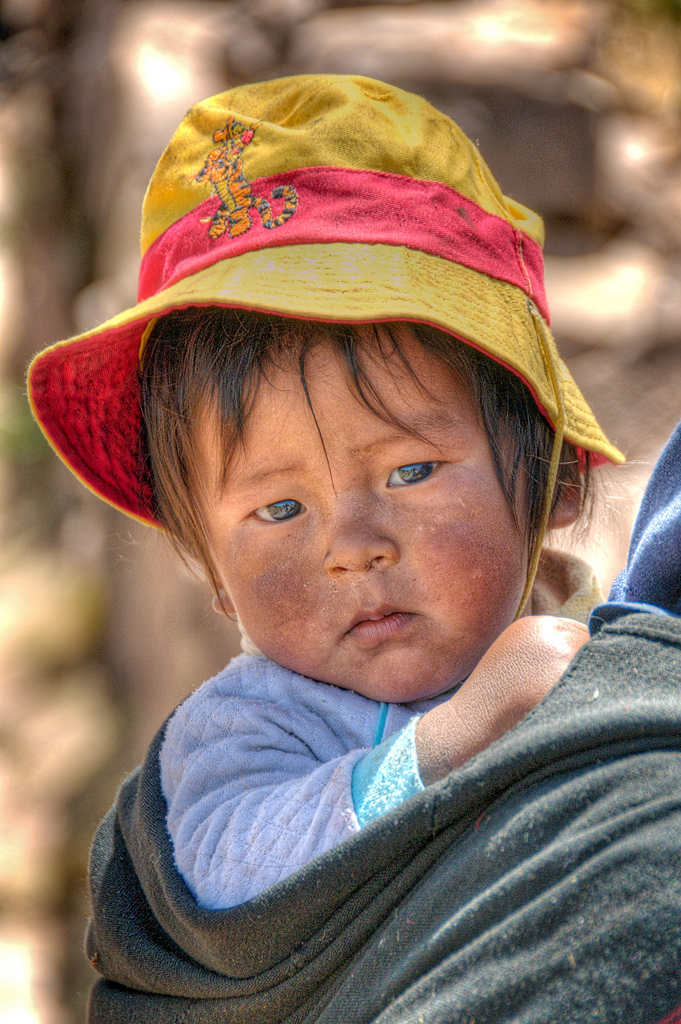
Taquile Baby
Lake Titicaca, Peru
Taquile is an island on the Peruvian side of Lake Titicaca 45 km offshore from the city of Puno. Taquileños are known for their fine handwoven textiles and clothing, which are regarded as among the highest-quality handicrafts in Peru.
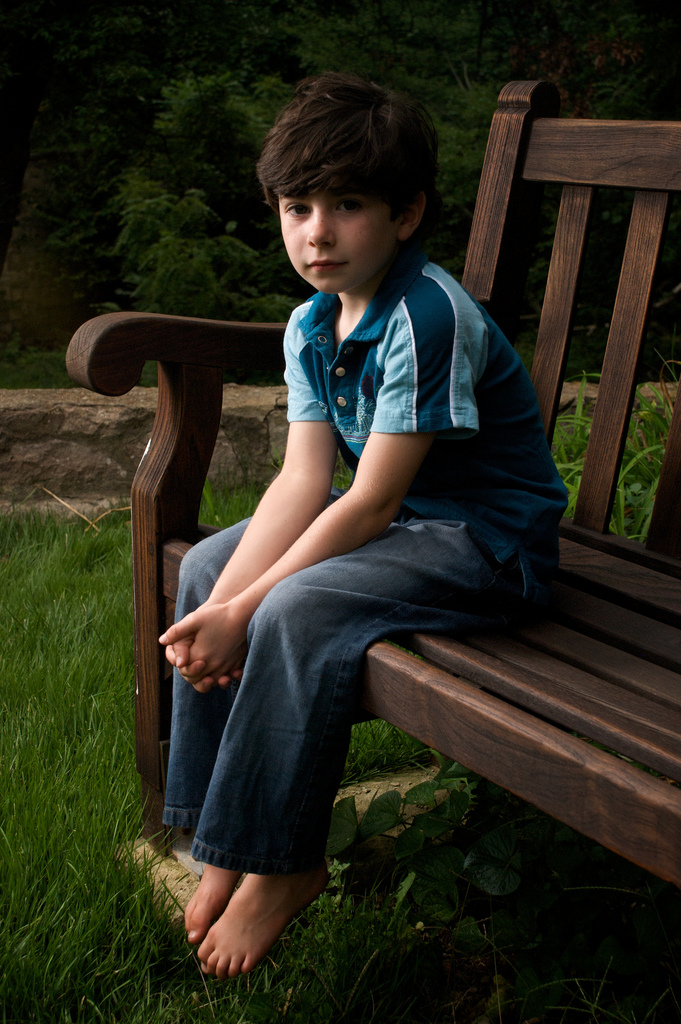
Parker
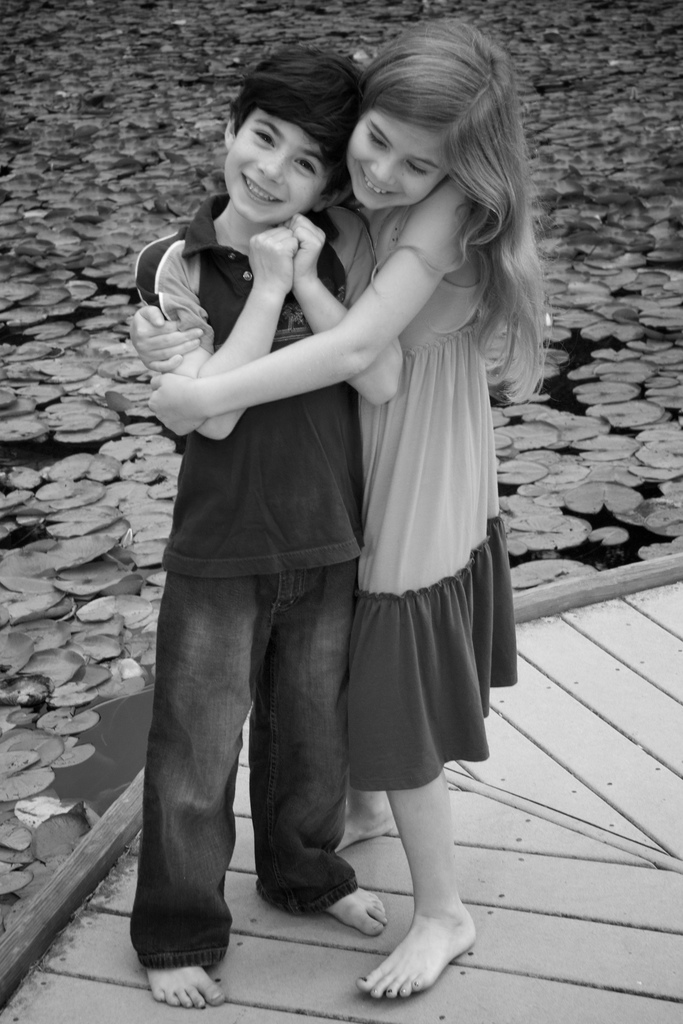
Reagan & Parker

Piper
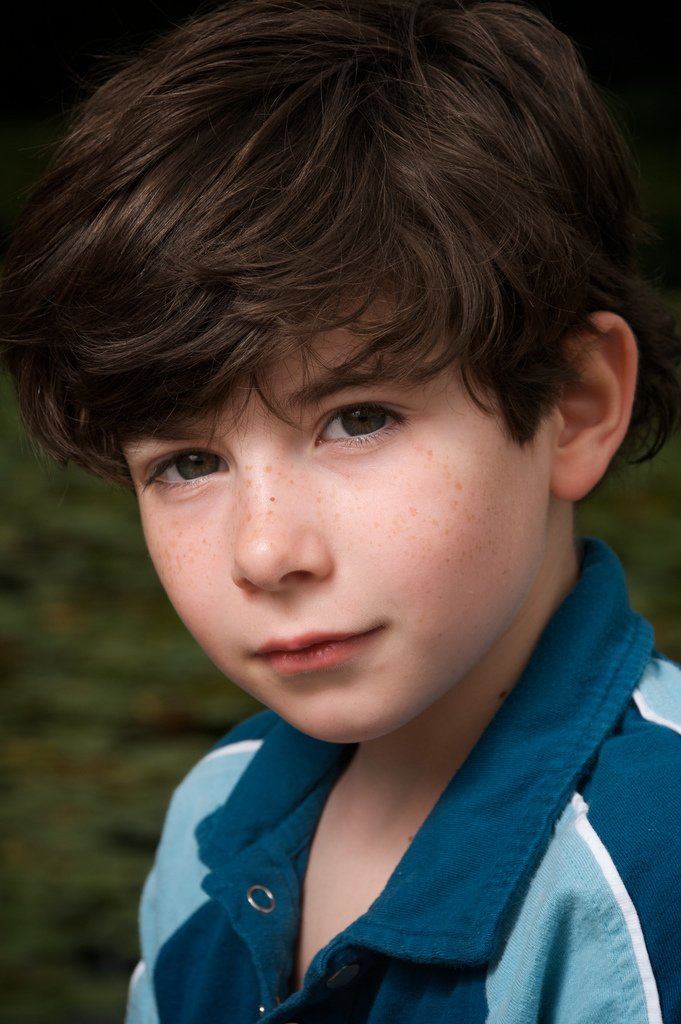
Parker
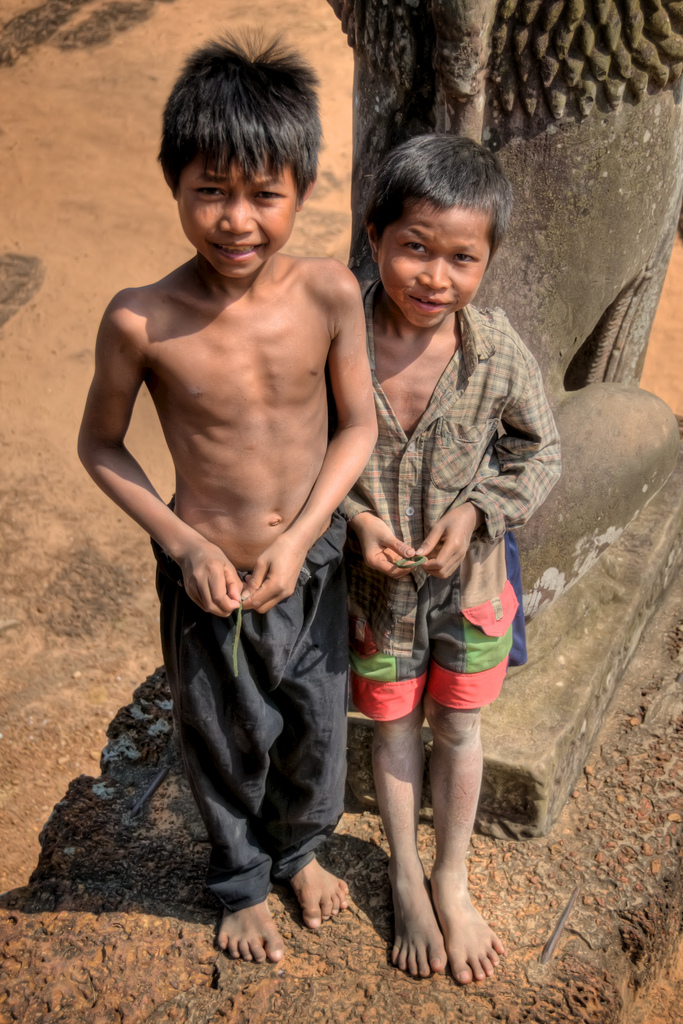
Brothers at East Mebon
Angkor, Cambodia
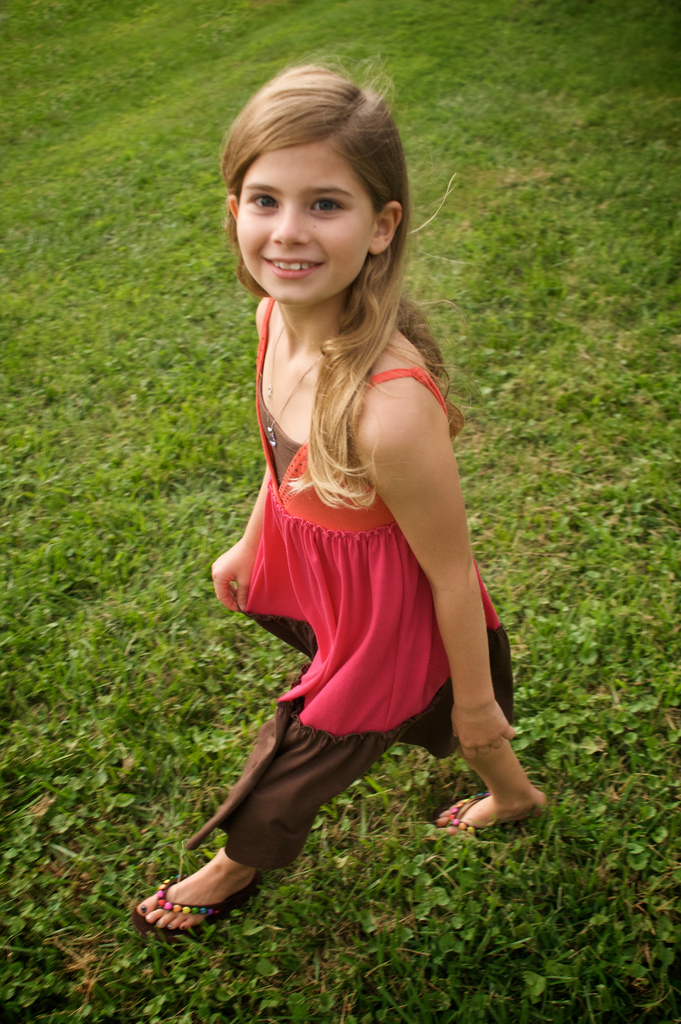
Reagan
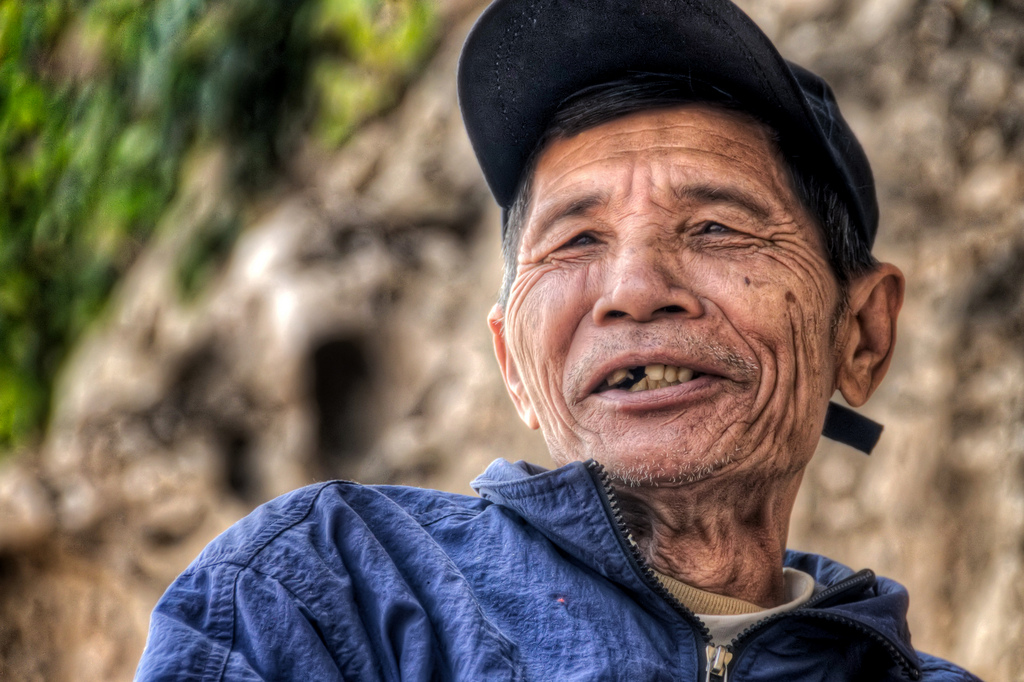
Slow Boat Captain
Luang Prabang, Laos

White-Faced Capuchin
Manuel Antonio National Park, Costa Rica
These guys were everywhere. They are noted for tool use, including rubbing plants over their bodies in an apparent use of herbal medicine, and also for using tools as weapons and for getting to food.
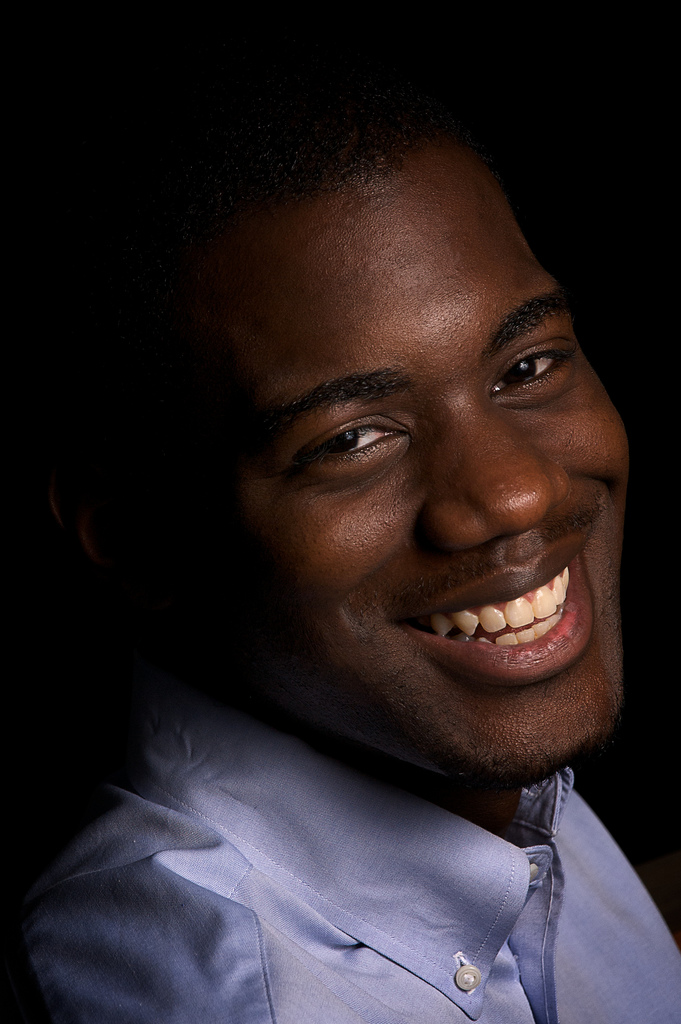
Lorenzo
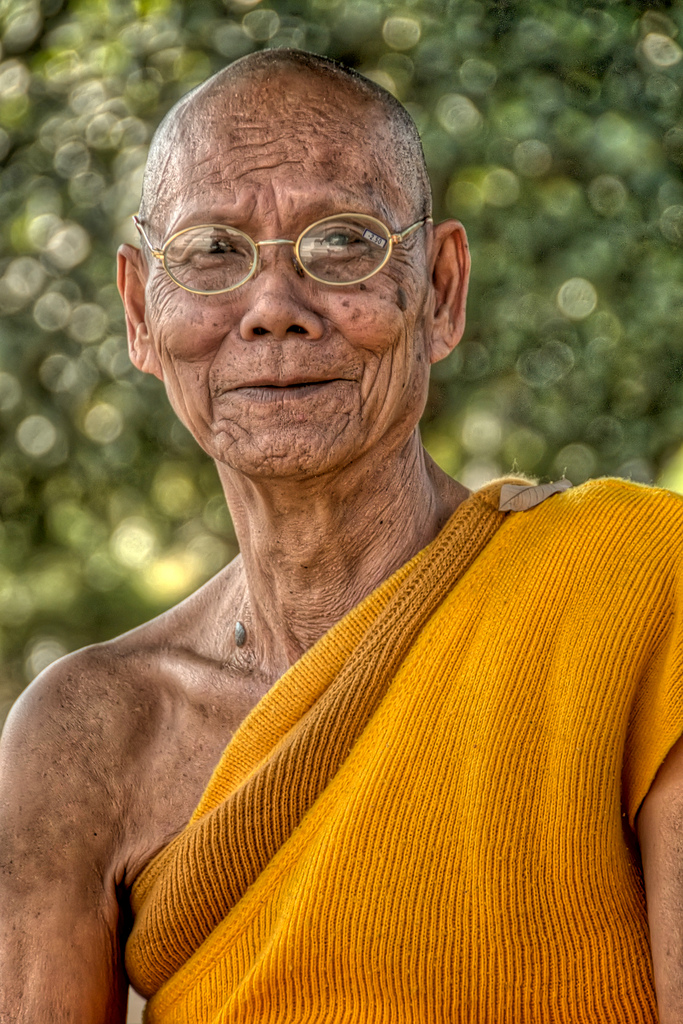
Smiling Monk
Luang Prabang, Laos
At Wat That Noy.
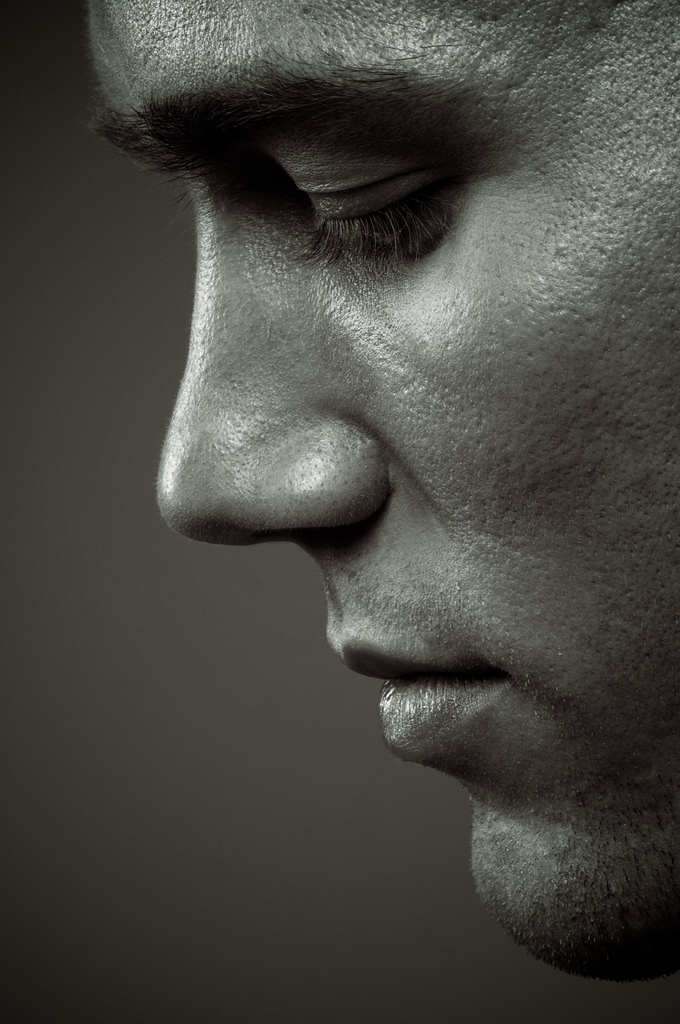
John
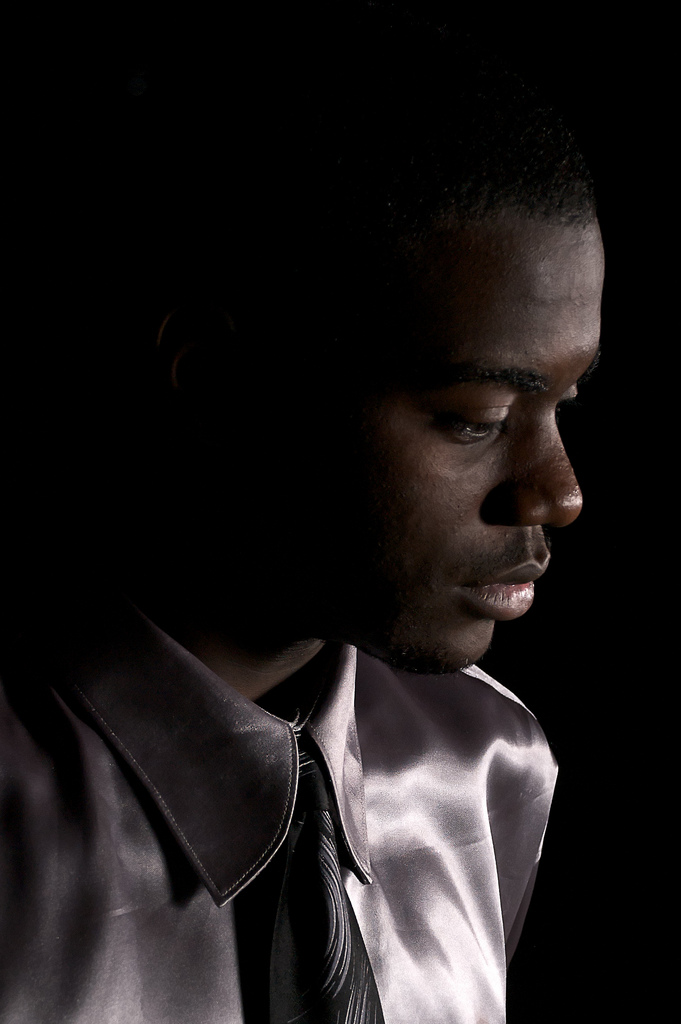
Lorenzo
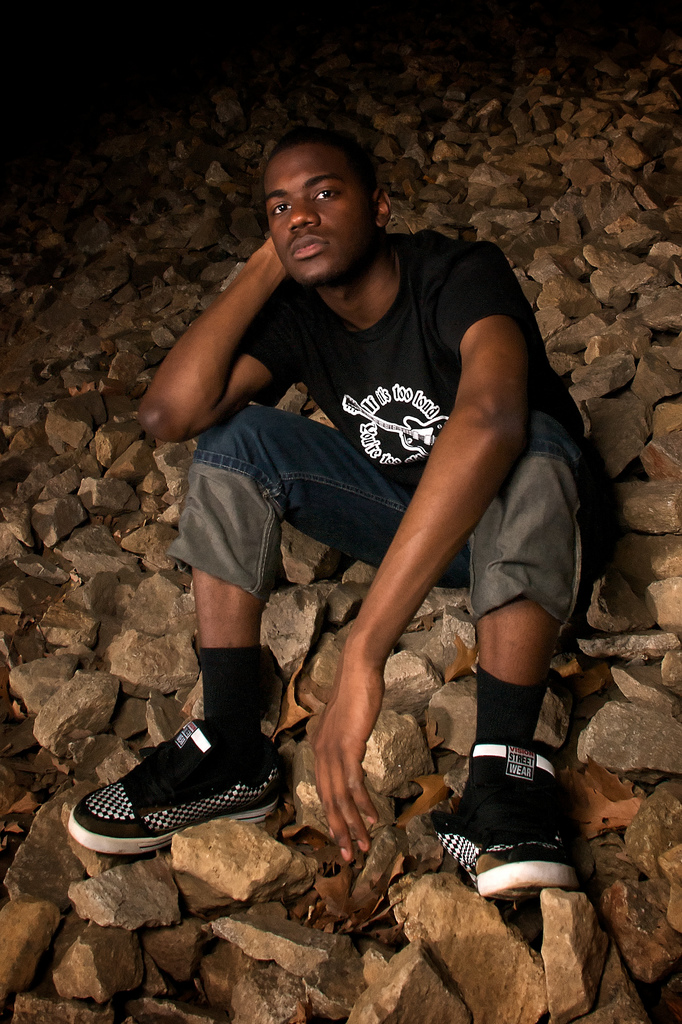
Lorenzo
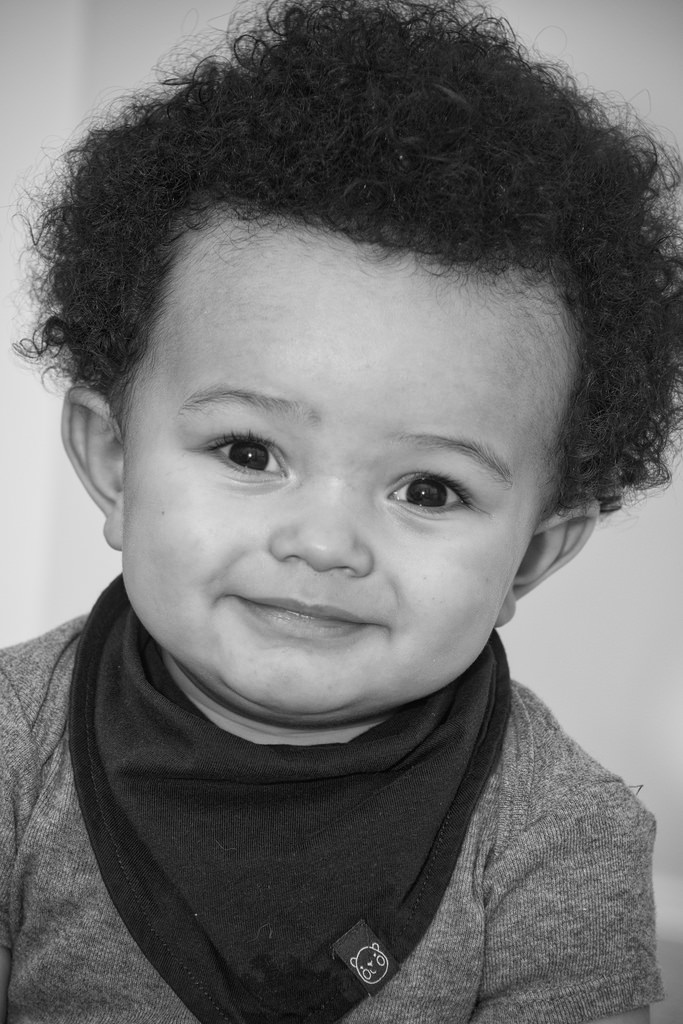
Oliver
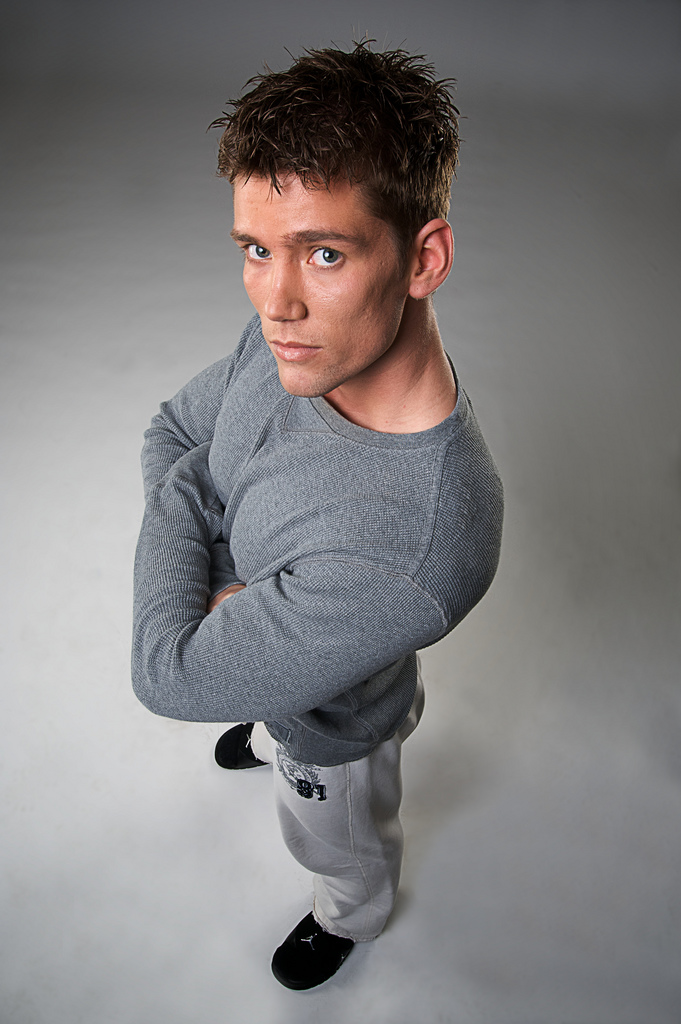
John
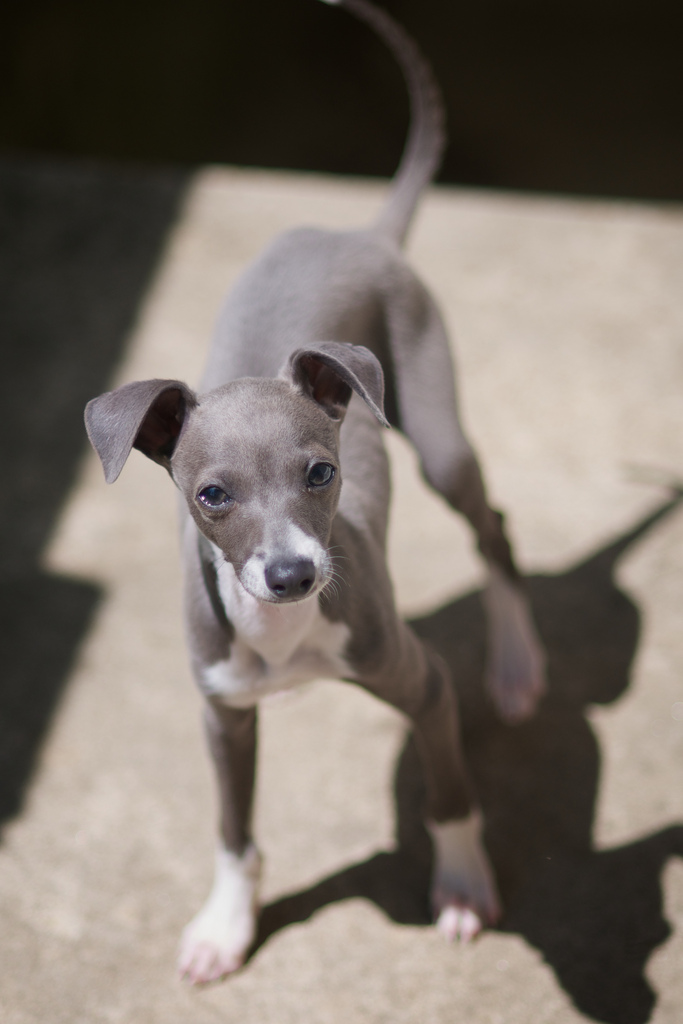
Diego
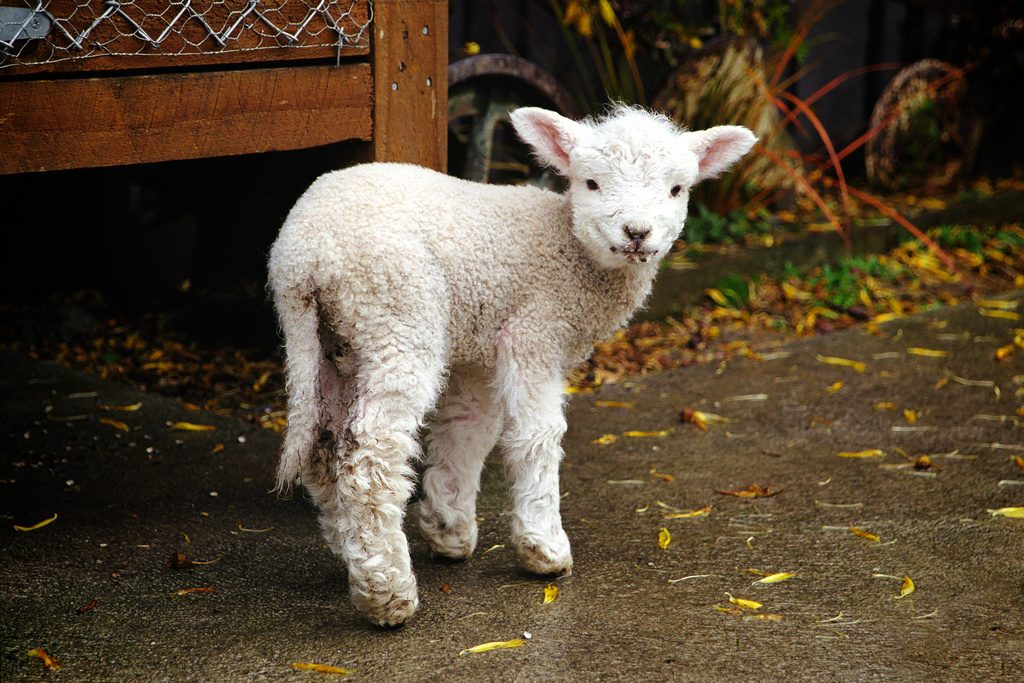
Little Lamb
New Zealand
This little fellow was one of the first things I saw upon my arrival in New Zealand. Each time I took a stop closer, he would take a few tentative steps away, his feet clicking on the pavement, before turning around to look at me again.
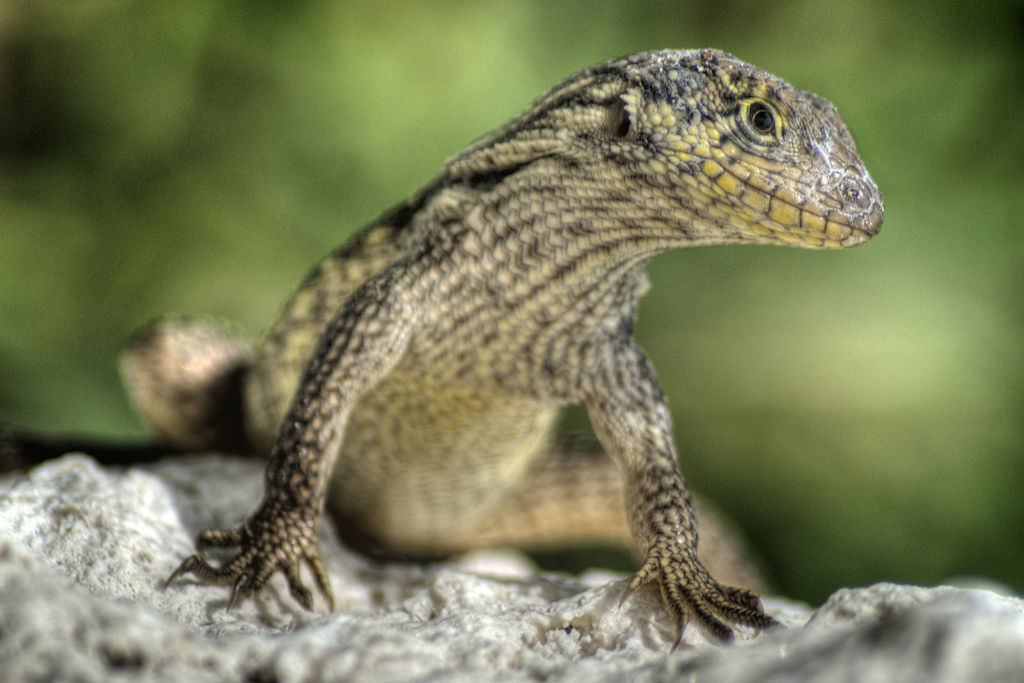
Curlytail Lizard
Freeport, Bahamas
These guys are all over the Bahamas... He crawled up on a rock to check me out. I checked him out and snapped the shot before he scampered away.
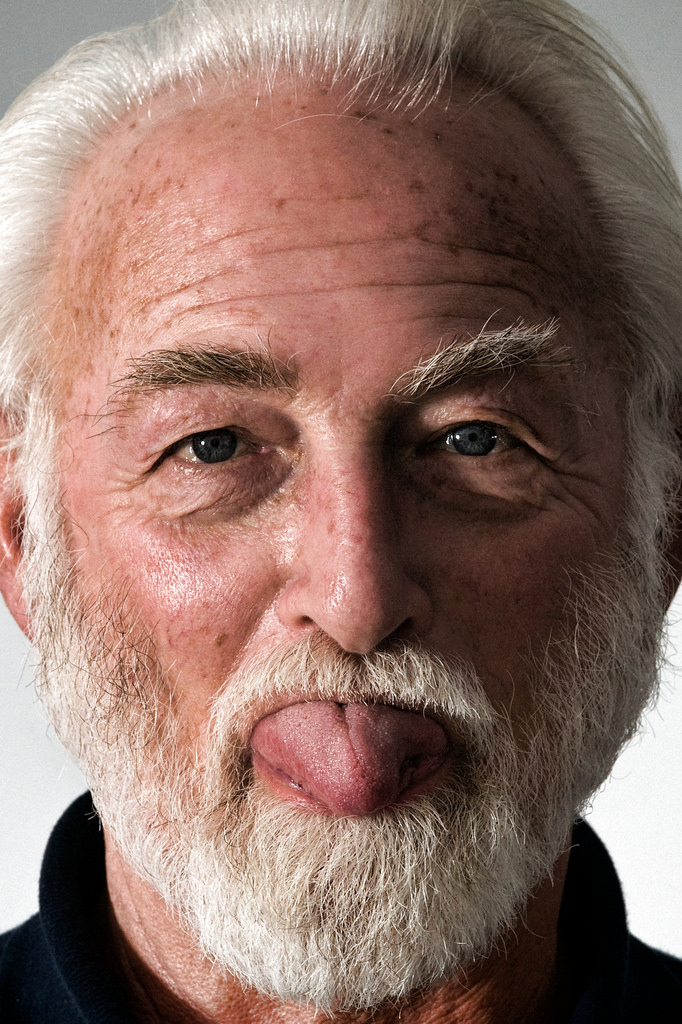
Dad
An uncharacteristically silly face for him.
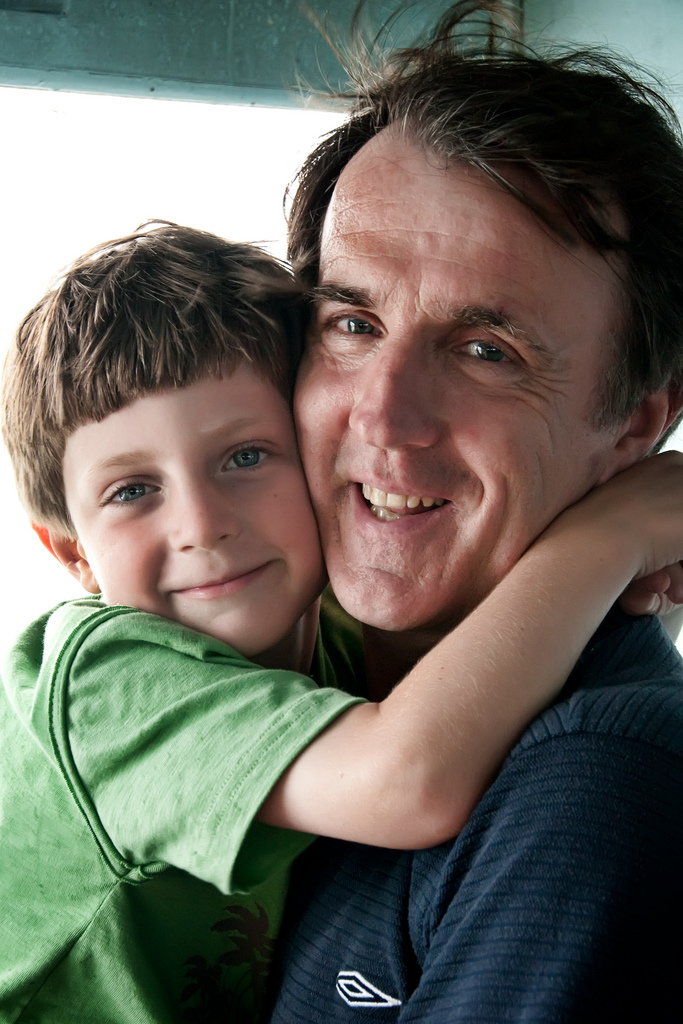
Connor & Jerry
Koh Phangan, Thailand
Irish friends I made on the flight from Bangkok to Koh Phangan.
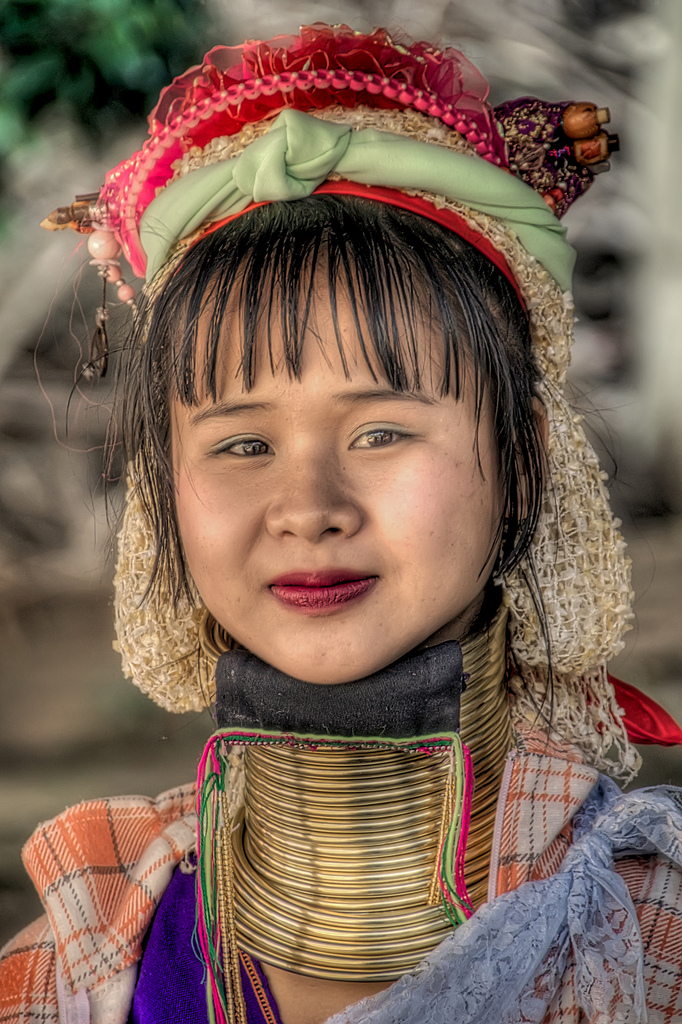
Padong Girl
Mae Hong Son, Thailand
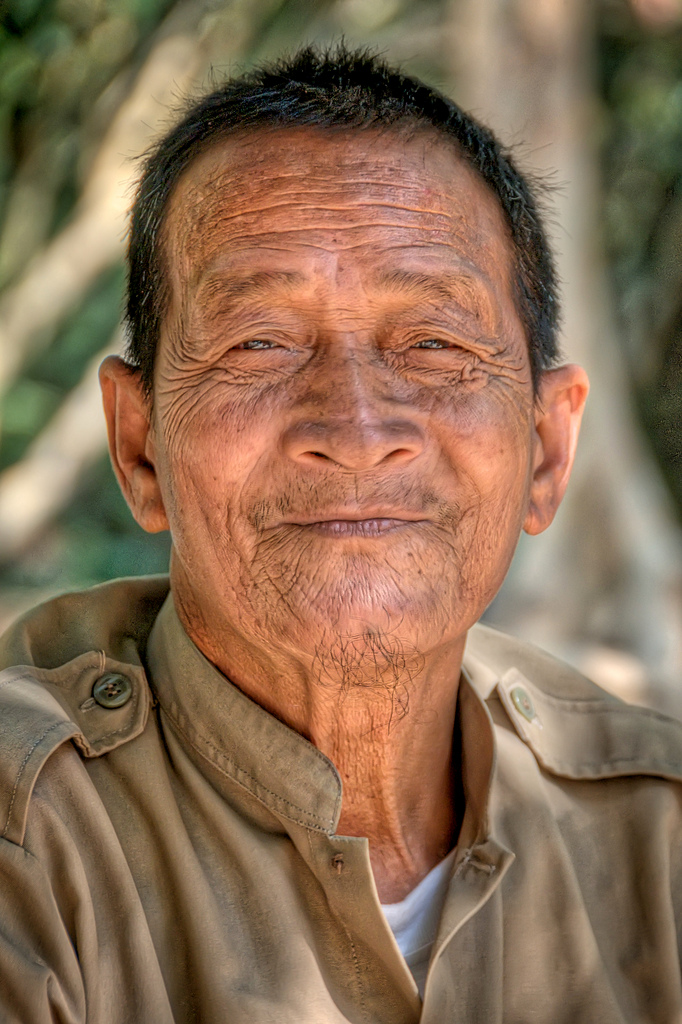
Man at Neak Pean
Angkor, Cambodia
This guy was standing around talking with a few similarly dressed men. I asked the group if I could take their photo, and this guy enthusiastically volunteered.
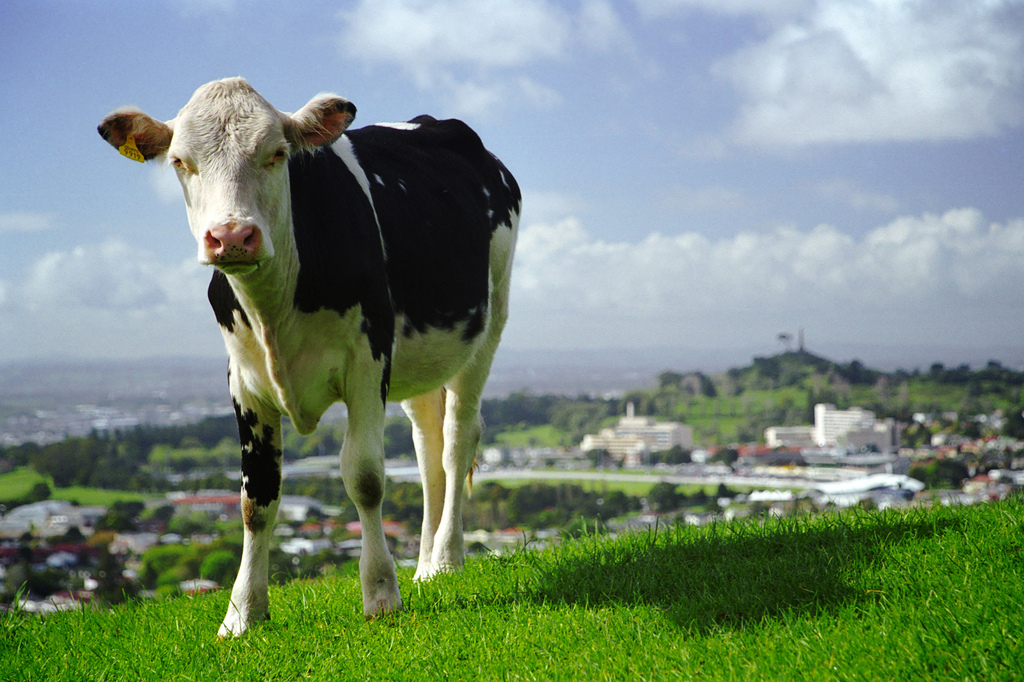
Auckland Cow
Auckland, New Zealand
I wandered off the beaten track to try to get a shot overlooking the city when this lady stopped me in my tracks.

Piper
At two weeks old.
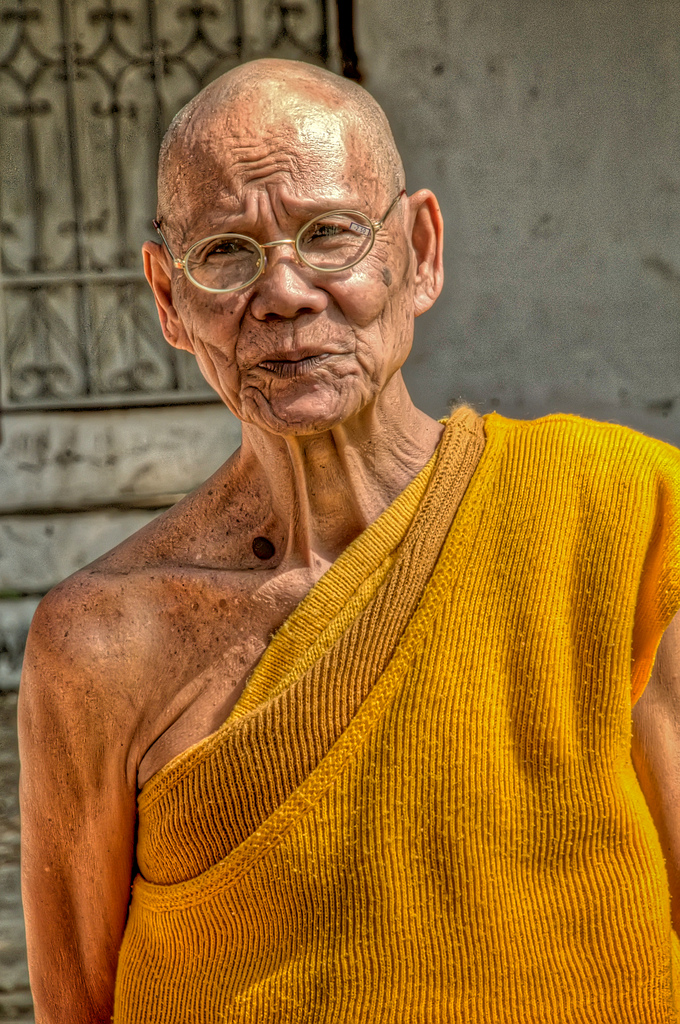
Buddhist Monk
Luang Prabang, Laos
Spent a few minutes smiling and poorly communicating with him at Wat That Noy. He had a little prescription sticker on his glasses which I found a bit charming.
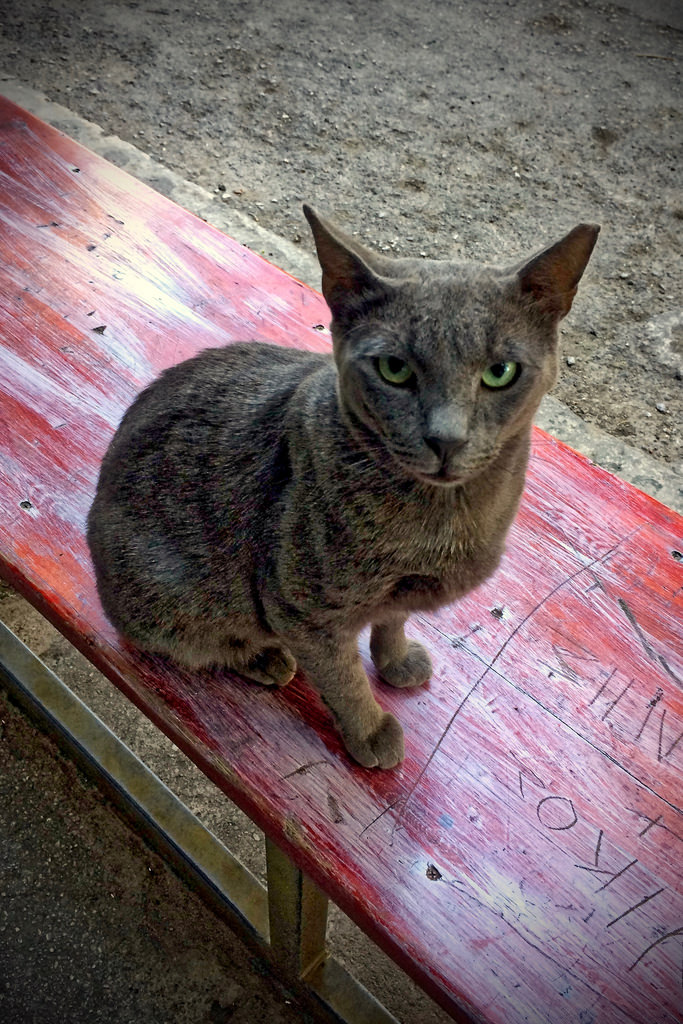
Suspicious Greek Cat
Athens, Greece
He was one of many cats on the street. Some were hungry, some were fighting, some were scared. But this guy was sitting on a bench and watching me. He grew suspicious as I approached. Call me crazy, but that expression on his face says he wants to rip my face off.
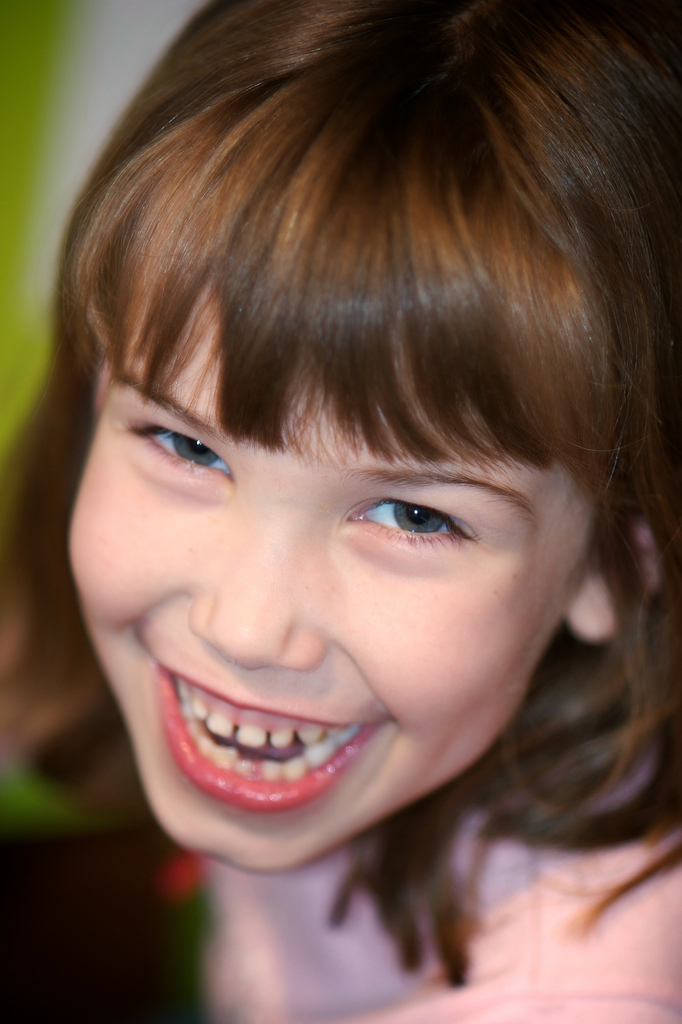
Amanda
Sports
Baseball is king.
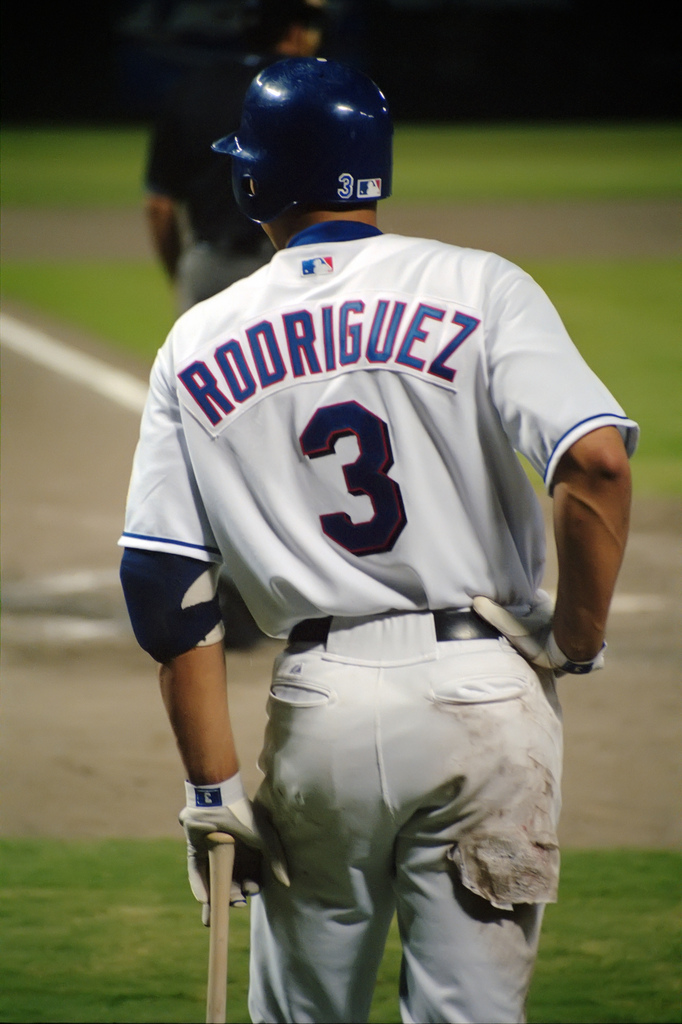
Alex Rodriguez
Arlington, Texas
At a Texas Rangers game in the Ballpark at Arlington, moments before hitting an extra-inning grand slam to win the game. The game was on July 31, 2003.

Section 11
Boston, Massachusetts
Fenway Park's came from its location in the Fenway neighborhood of Boston, which was partially created late in the nineteenth century by filling in marshland or "fens." The park has been in use since 1912. This group of seats at Fenway Park offers a unique view of the action. I recently discovered that almost exactly this same shot was used in a 1957 movie about the life of Jimmy Piersall called "Fear Strikes Out".
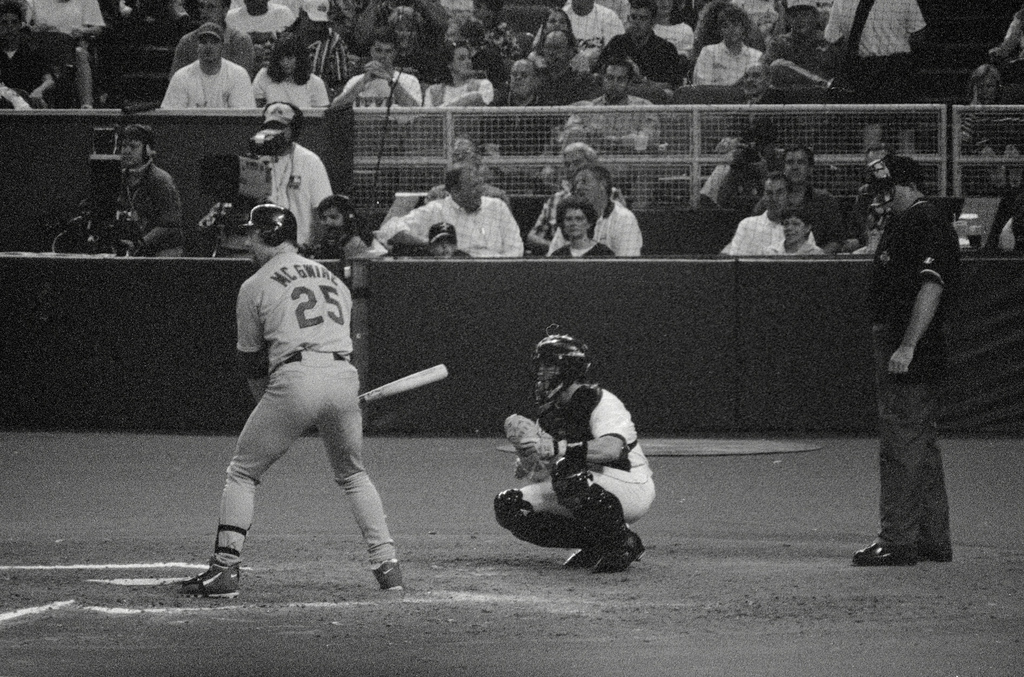
Mark McGwire At Bat
Houston, Texas
St. Louis Cardinals player Mark McGwire batting in a game at the Houston Astrodome on September 12, 1998. This was the season he broke the single-season record for home runs and ended up with 70. In this game, McGwire went hitless and struck out three times.

National Anthems
Washington, District of Columbia
Prior to the Montreal Canadiens - Washington Capitals game at Verizon Center, both national anthems played. "Oh, Canada" was first, played with little fanfare. "The Star-Spangled Banner" was paired with dramatic lighting.
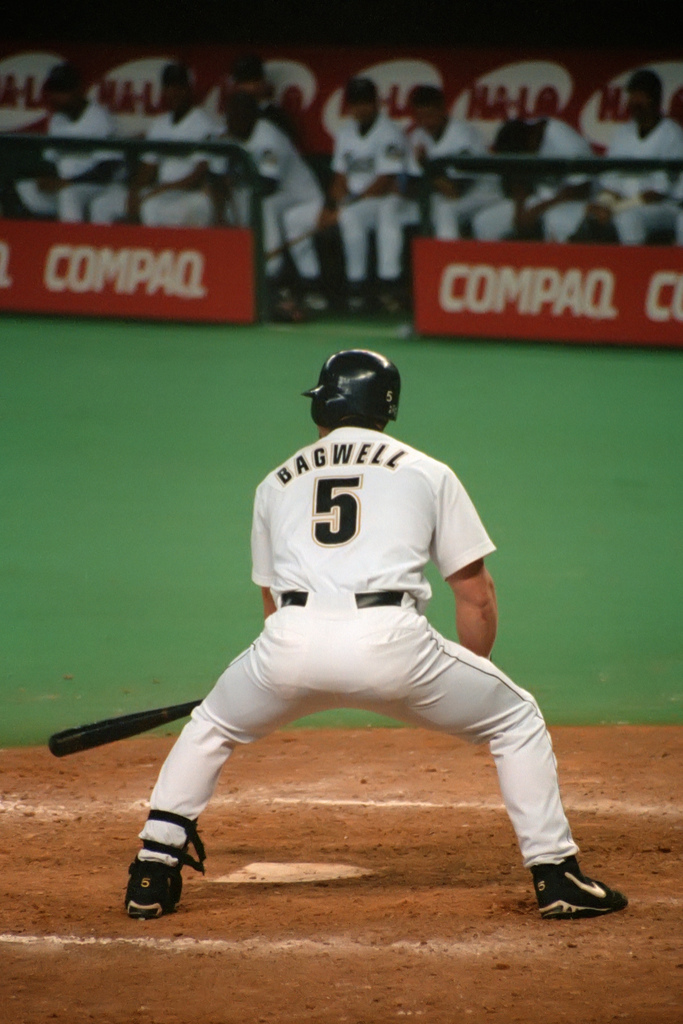
Jeff Bagwell
Houston, Texas
The hometown hero at a July 20, 1999 game in the Houston Astrodome. Bagwell had two hits in the game.

Nationals Park
Washington, District of Columbia
Home of the Washington Nationals. The park opened in 2008. It's a decent park, except for the fact that you can't see any notable DC landmarks from most of the seats. From only a few specific spots can you catch a glimpse of the Washington Monument and US Capitol.

Jim Thome
Houston, Texas
At a July 20, 1999 game in the Houston Astrodome.
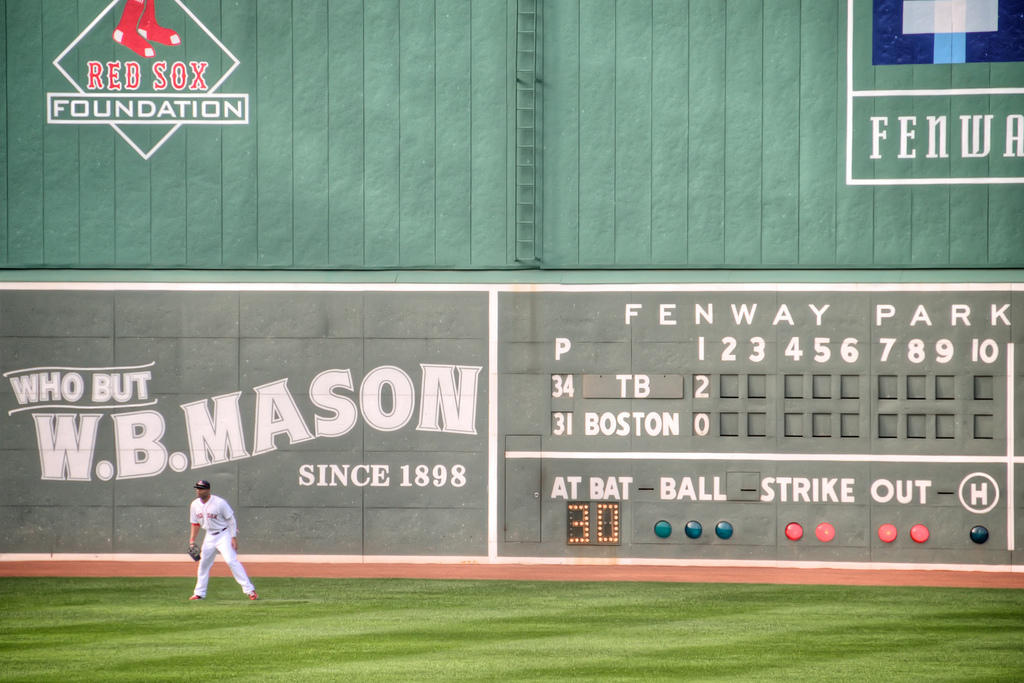
Carl Crawford in Left
Boston, Massachusetts
Boston left fielder Carl Crawford in front of Fenway Park's famous Green Monster. The game was on September 17, 2011.
Events
Some fun events I've photographed over the years.
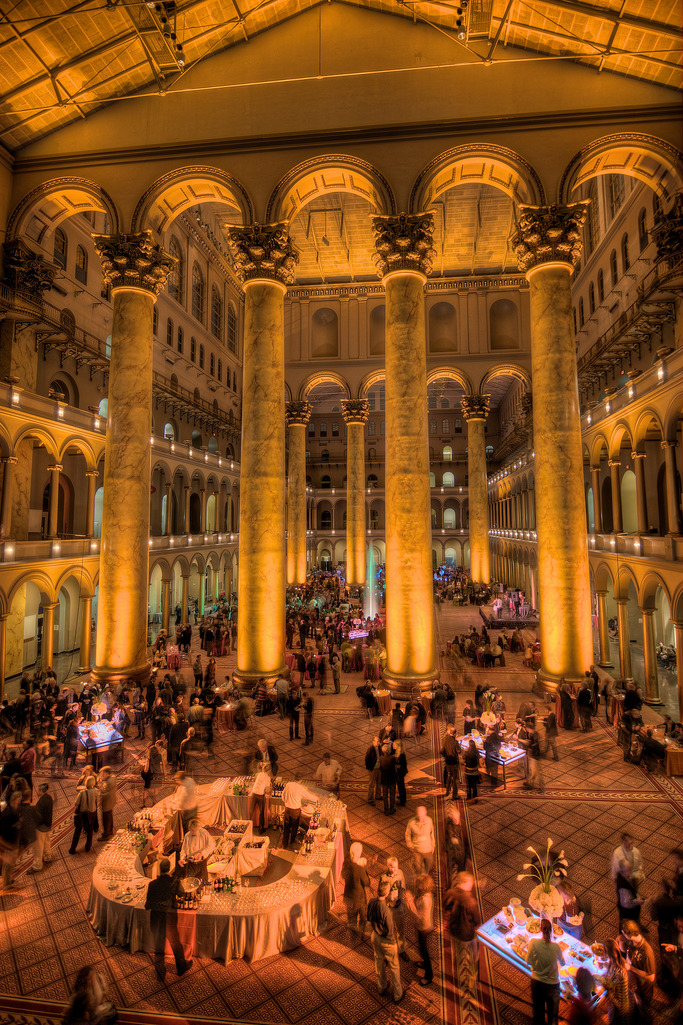
Party at the National Building Museum
Washington, District of Columbia
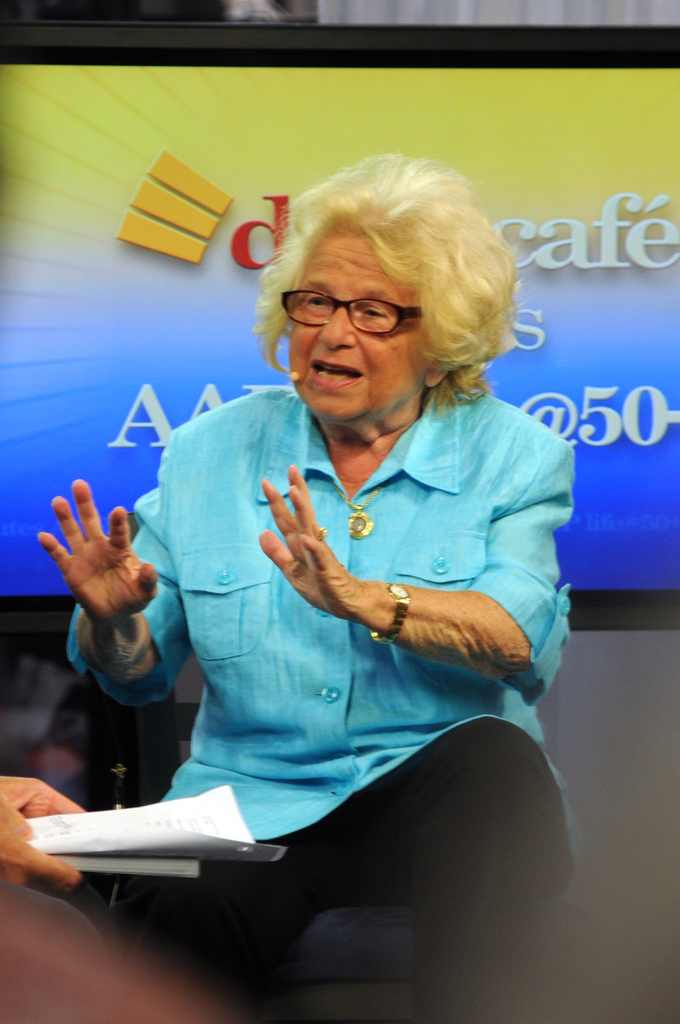
Dr. Ruth Westheimer
Washington, District of Columbia
The sex therapist and author was a speaker at an AARP member event. She made the crowd say together the word "penis". Then she made them say "vagina".
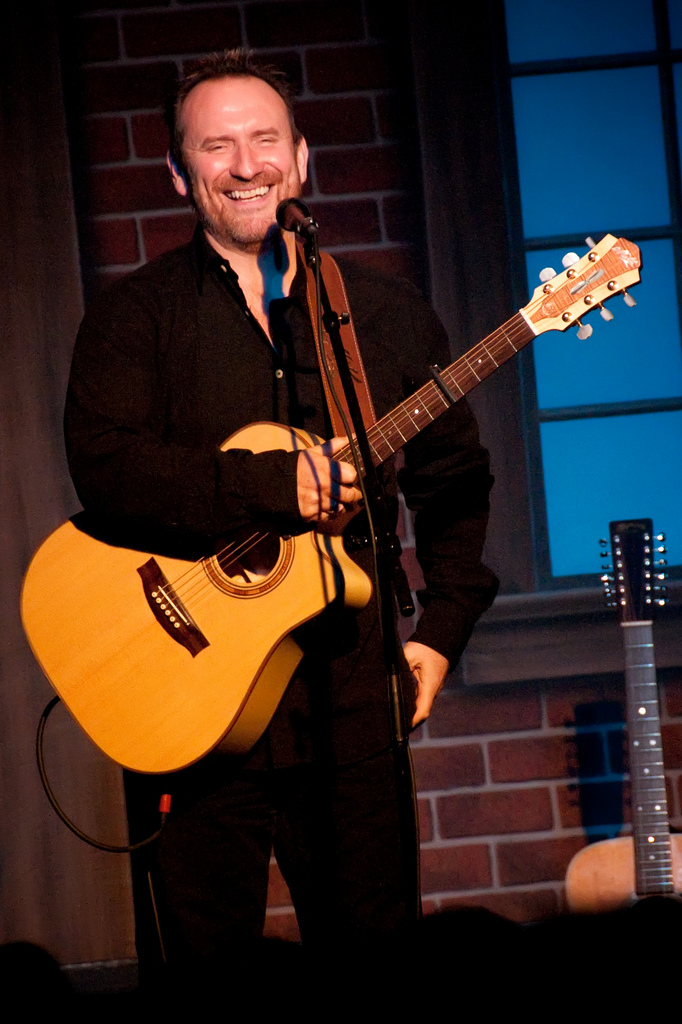
Colin Hay
Alexandria, Virginia
Live at the Birchmere in 2009.

Space Shuttle Discovery Flyover
Washington, District of Columbia
After the shuttles were retired, they were flown over major cities around the US before reaching their final resting places. As Discovery flew over Washington, DC, I was on the Memorial Bridge, stuck in traffic, when the shuttle flew almost directly overhead. I grabbed my camera and got the shot through the open window.
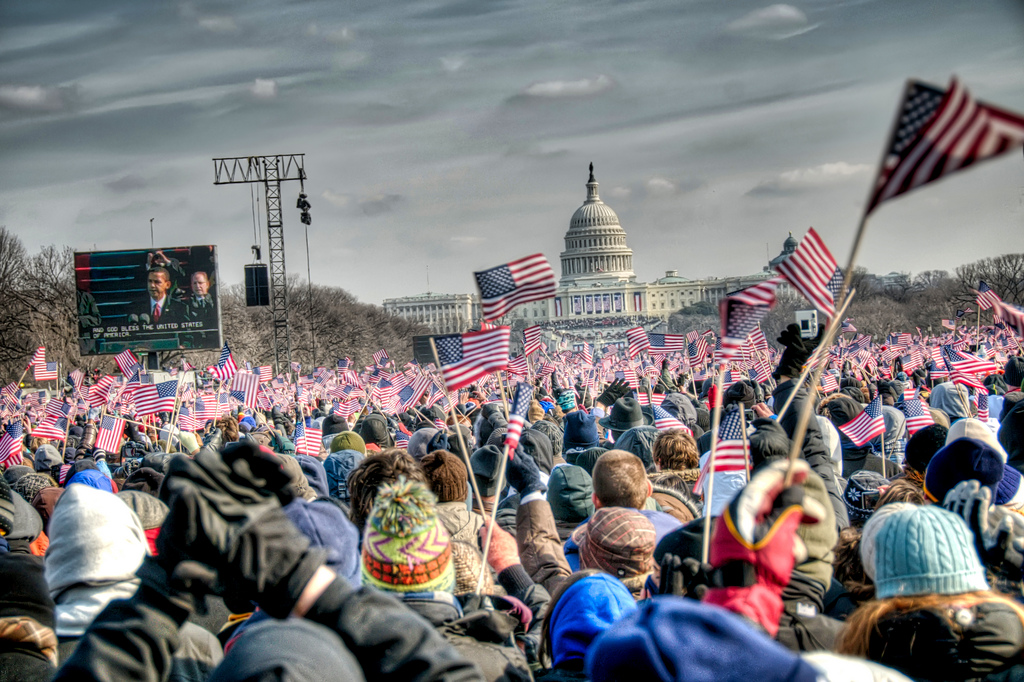
Flags for Obama
Washington, District of Columbia
Newly sworn-in President Barack Obama finishes up his inauguration speech on the National Mall, and the crowd goes crazy. The inauguration set a record attendance for any event held in Washington, DC. Based on the combined attendance numbers, television viewership, and Internet traffic, it was among the most-observed events ever by the global audience.

Amazing Thailand
Koh Phangan, Thailand
Celebrating the New Year on Koh Phangan's Haad Rin beach.
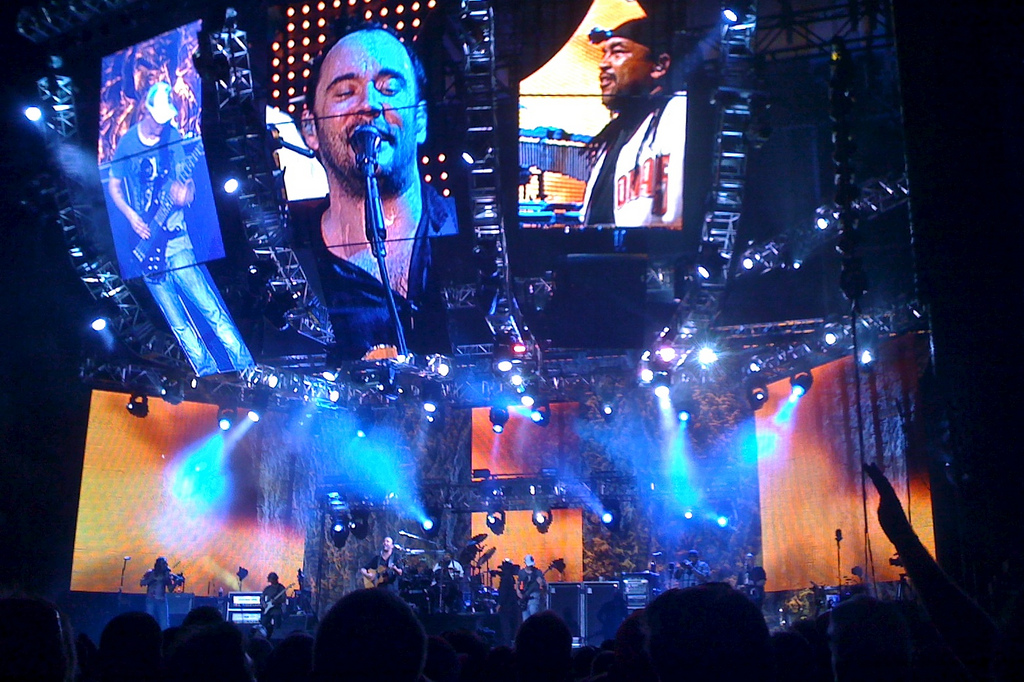
Dave Matthews Band
Washington, District of Columbia
At Nationals Park.

Regis Philbin
Washington, District of Columbia
American media personality Regis Philbin spoke at an AARP event. He is known for hosting talk and game shows since the 1960s. The crowd loved him.

Cal Ripken
Washington, District of Columbia
Baseball hero Cal Ripken speaks at an AARP event. A lifelong Baltimore Oriole, he is probably best known for playing in a record 2,632 consecutive games.

Adam Talks about the Size of his Scrotum
Irvine, California
From the live podcast on 4/6/2012 in Irvine with Bobcat Goldthwait.

Shirley MacLaine
Washington, District of Columbia
At an AARP event, MacLaine talked about getting naked at Machu Picchu, bounding up and down mountains with monks in Bhutan, reincarnation (she discussed it with a 30,000 year old man in the audience), and her desire to board one of the many UFOs flying around her backyard in New Mexico.
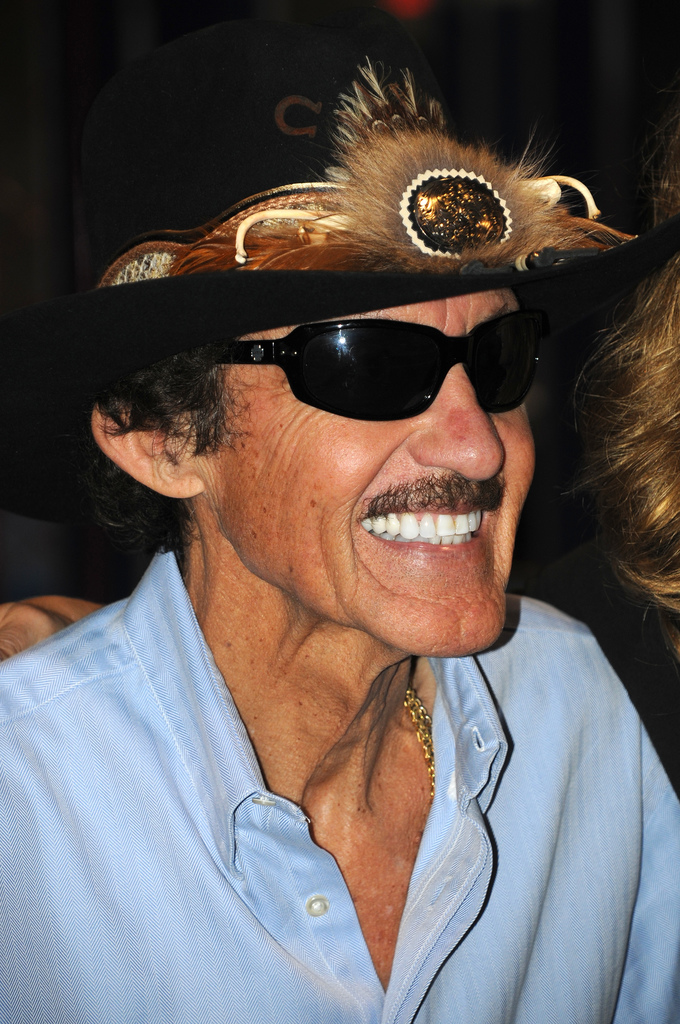
Richard Petty
Washington, District of Columbia
Petty is known as the "The King" for winning the Nascar Championship seven times, winning a record 200 races during his career, winning the Daytona 500 a record seven times, and winning a record 27 races in the 1967 season alone. He made an appearance at an AARP event in Washington, DC.
Wallpaper
Need a new background for your computer or mobile device?
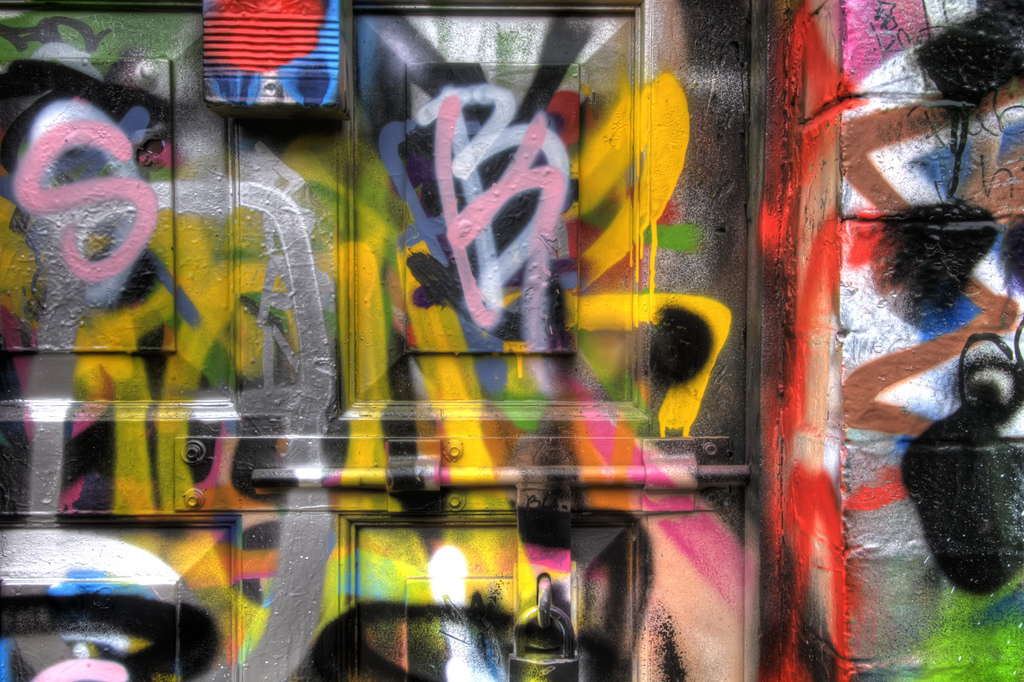
Windmill Lane
Dublin, Ireland
On Dublin's Windmill Lane sits Windmill Lane Recording Studios, used by many notable artists over the years. The site is a popular cult symbol and pilgrimage destination for music fans due to the studio's history with U2. Fans pay tribute by adding graffiti to the walls around the site.

Crazy Christmas Tree
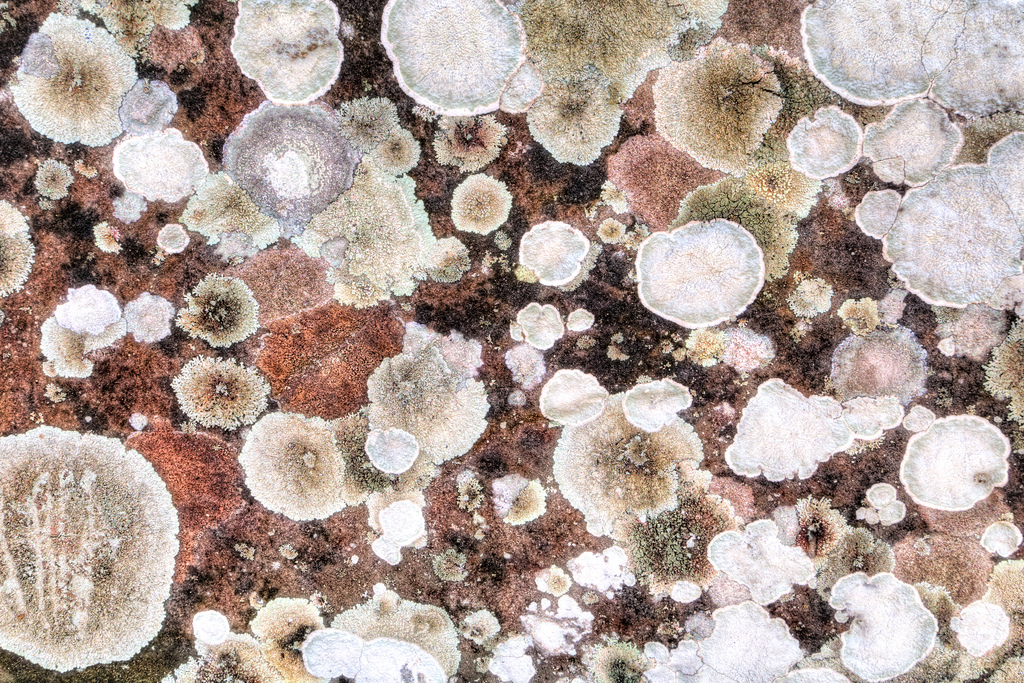
Angkor Wallpaper #1
Angkor Wat, Cambodia
Lichen on the stone walls of Angkor Wat.
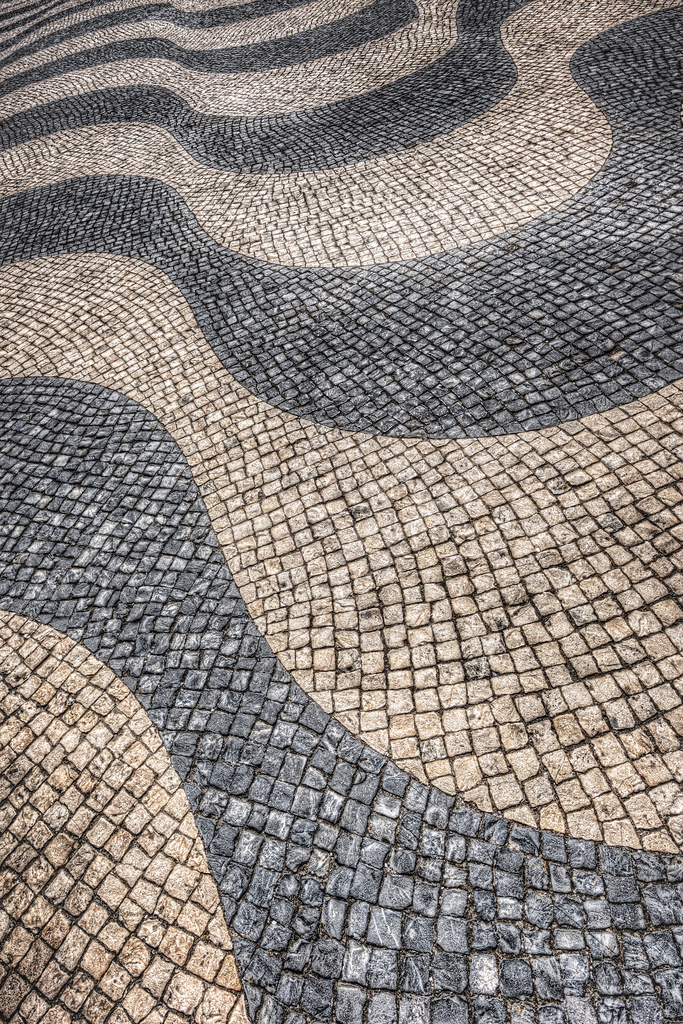
Portuguese Pavement
Lisbon, Portugal
Portuguese pavement is a traditional-style pavement used for many pedestrian areas in Portugal. It consists of small flat pieces of various different stones, arranged to form a pattern or picture, like a mosaic.

Basaltic Columns of Devils Tower
Devils Tower National Monument, Wyoming
As the lava cooled, hexagonal (and sometimes 4-, 5-, and 7-sided) columns formed. As the rock continued to cool, the vertical columns shrank horizontally in volume and cracks began to occur at 120 degree angles, generally forming compact 6-sided columns.
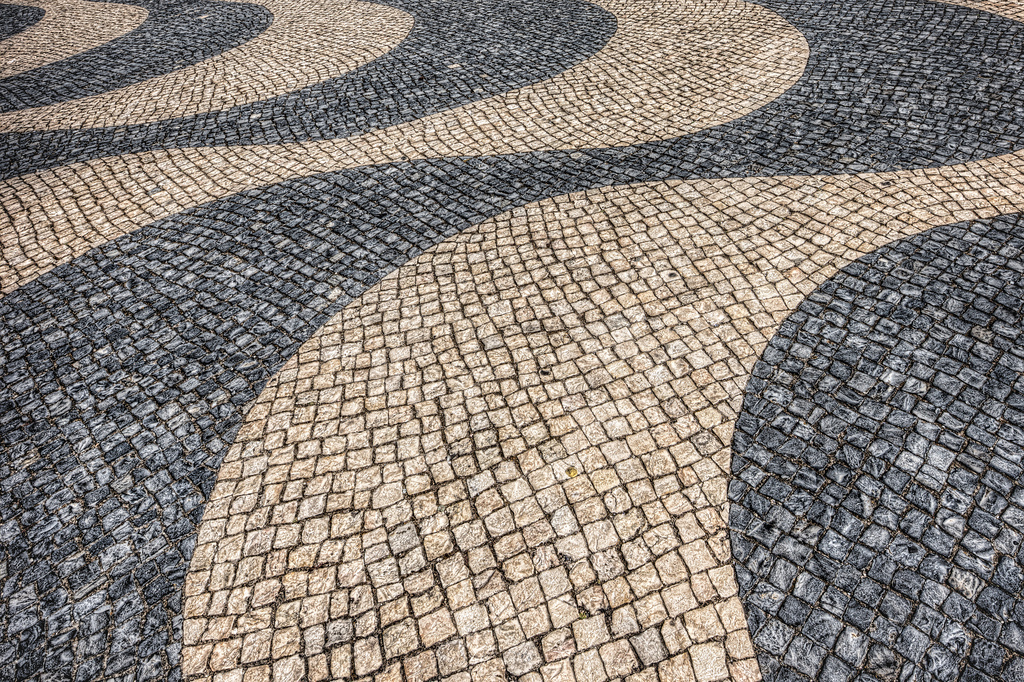
Portuguese Pavement
Lisbon, Portugal
Portuguese pavement is a traditional-style pavement used for many pedestrian areas in Portugal. It consists of small flat pieces of various different stones, arranged to form a pattern or picture, like a mosaic.
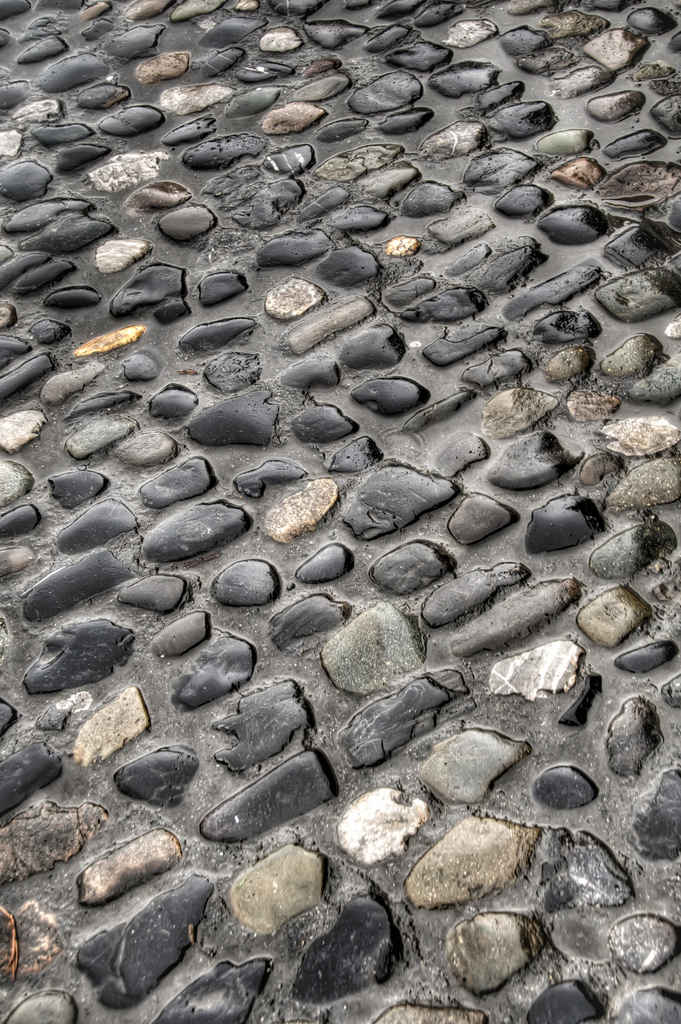
Trinity College Cobblestone
Dublin, Ireland
The college was founded in 1592 and modeled after the collegiate universities of Oxford and Cambridge.
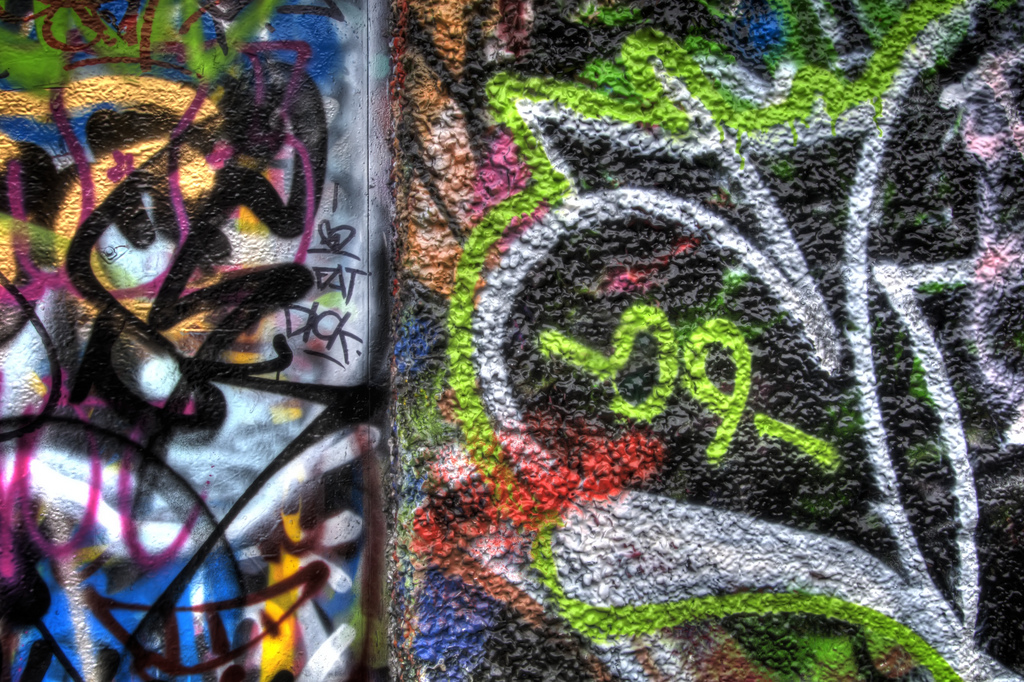
Windmill Lane
Dublin, Ireland
On Dublin's Windmill Lane sits Windmill Lane Recording Studios, used by many notable artists over the years. The site is a popular cult symbol and pilgrimage destination for music fans due to the studio's history with U2. Fans pay tribute by adding graffiti to the walls around the site.
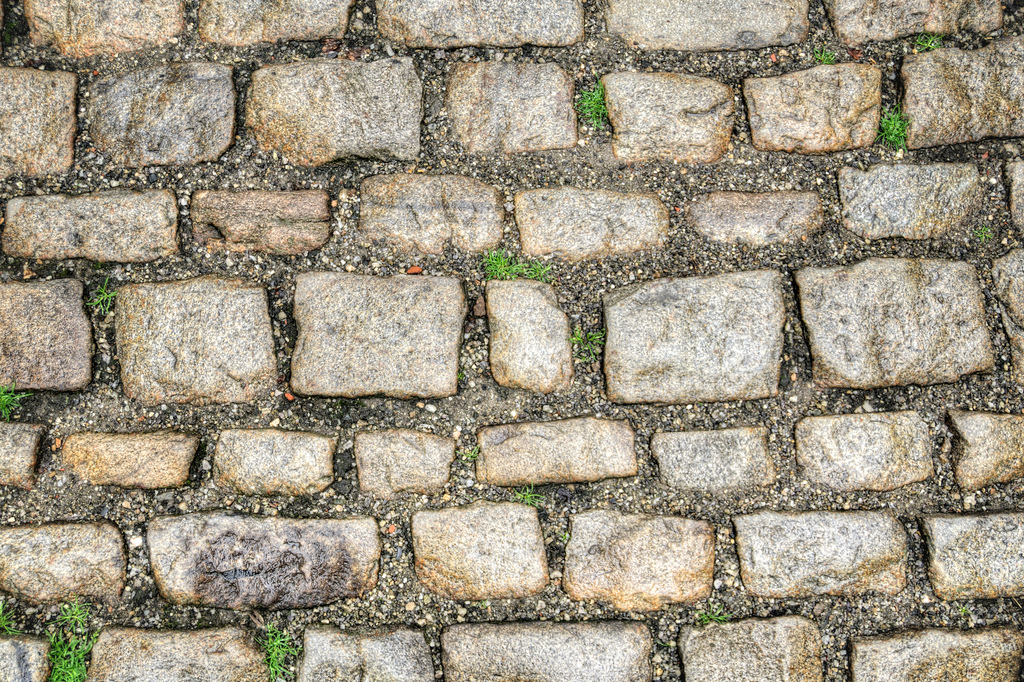
Cobblestone of Český Krumlov
Český Krumlov, Czech Republic

Roasted Coffee Beans
Monteverde, Costa Rica
At El Trapiche, a family-owned coffee plantation. Roasted coffee beans develop their unique flavor due to the Maillard and other chemical reactions that occur during the process.
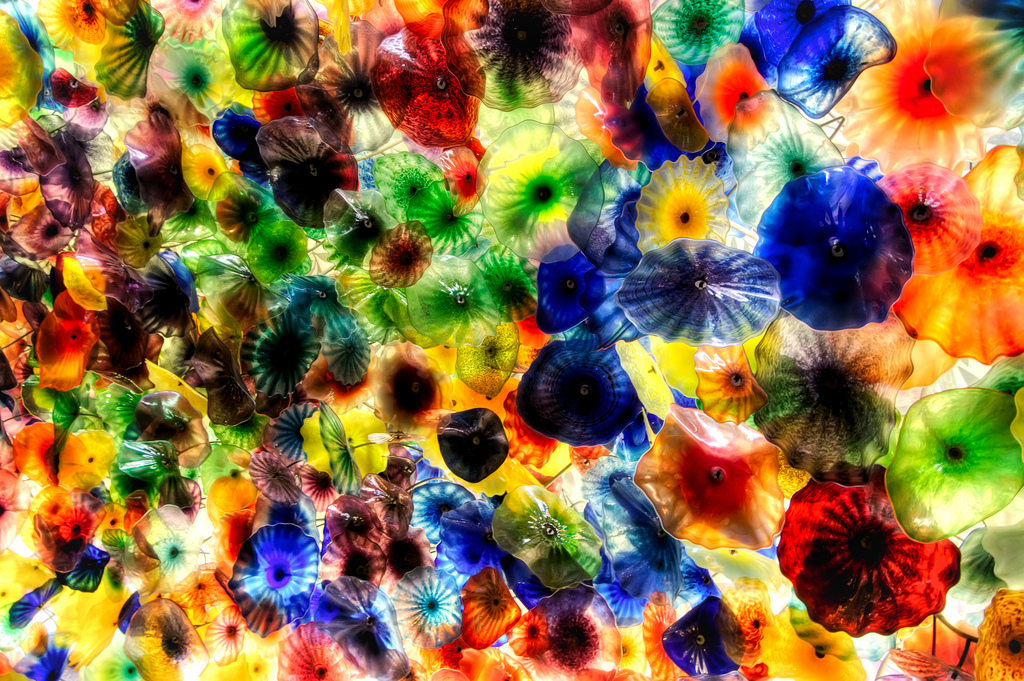
Ceiling of the Bellagio
Las Vegas, Nevada
In the lobby of the Bellagio, one of the Las Vegas strip's fancy casino hotels.
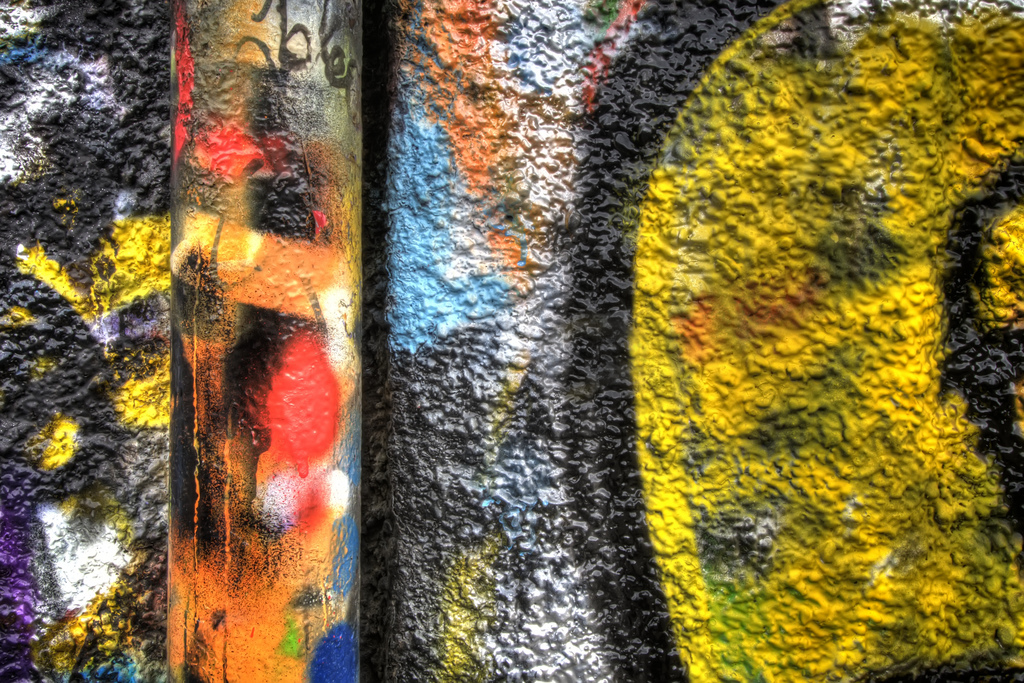
Windmill Lane
Dublin, Ireland
On Dublin's Windmill Lane sits Windmill Lane Recording Studios, used by many notable artists over the years. The site is a popular cult symbol and pilgrimage destination for music fans due to the studio's history with U2. Fans pay tribute by adding graffiti to the walls around the site.
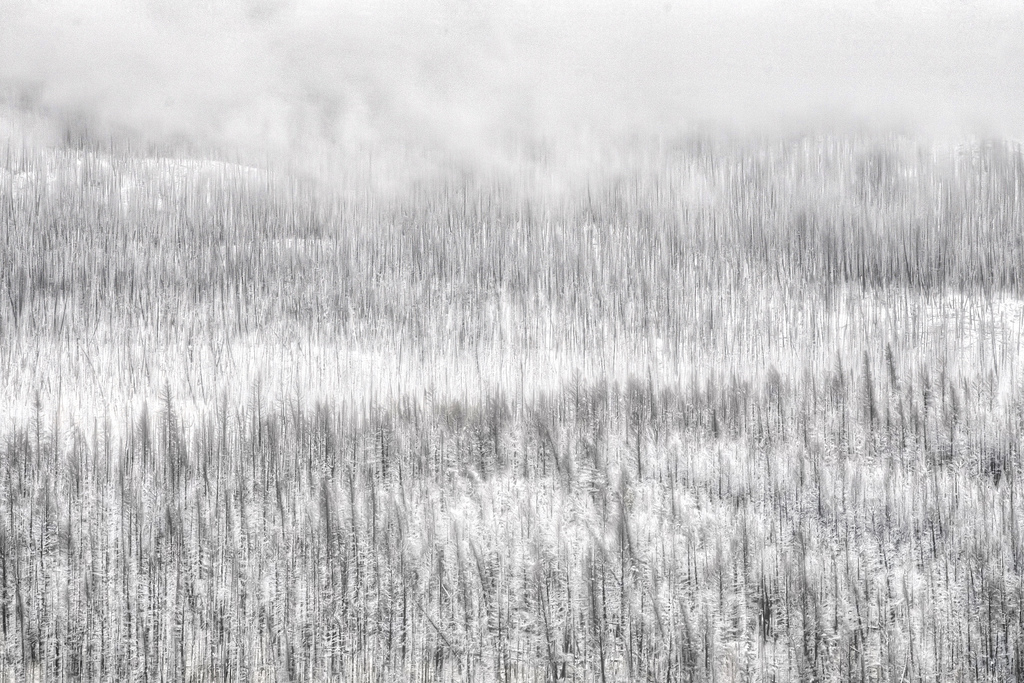
Impressionist Trees
Glacier National Park, Montana
The snow-covered trees near Glacier National Park were so picturesque that they didn't look real.
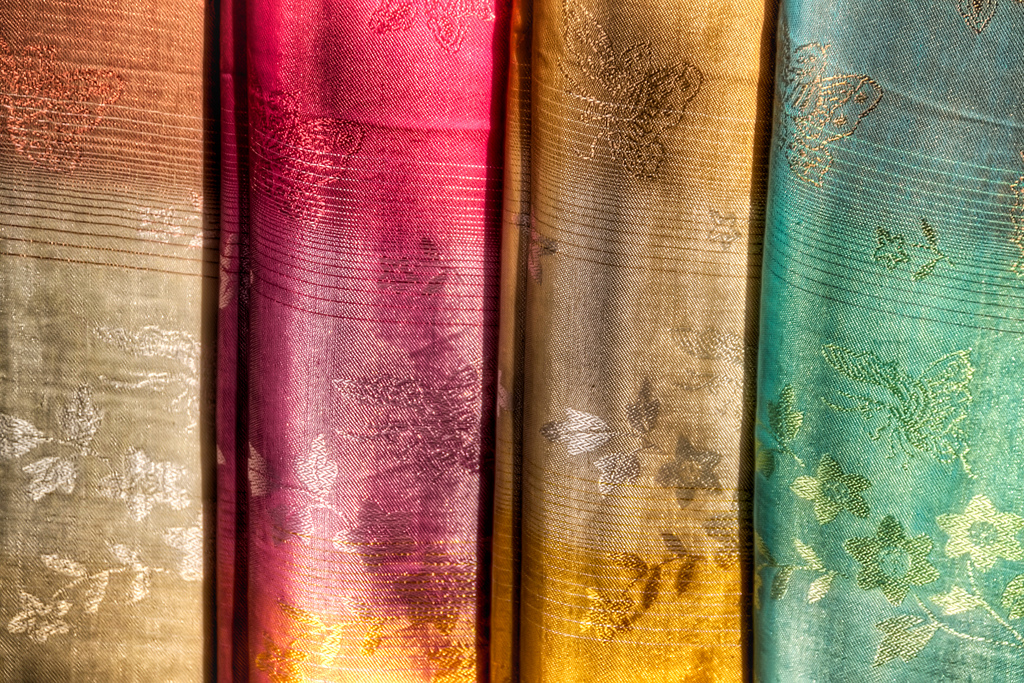
Scarves for Sale
Luang Prabang, Laos
In a street market where they were selling mostly prefabricated tourist crap. These looked authentic.
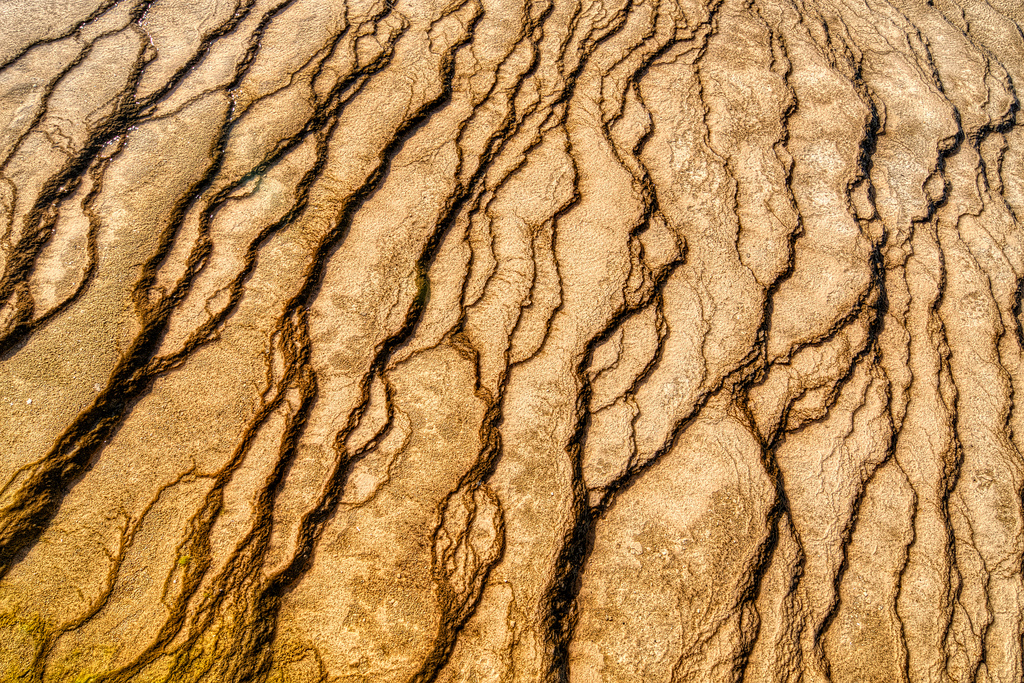
Bacterial Mats at Grand Prismatic Spring
Yellowstone National Park, Wyoming
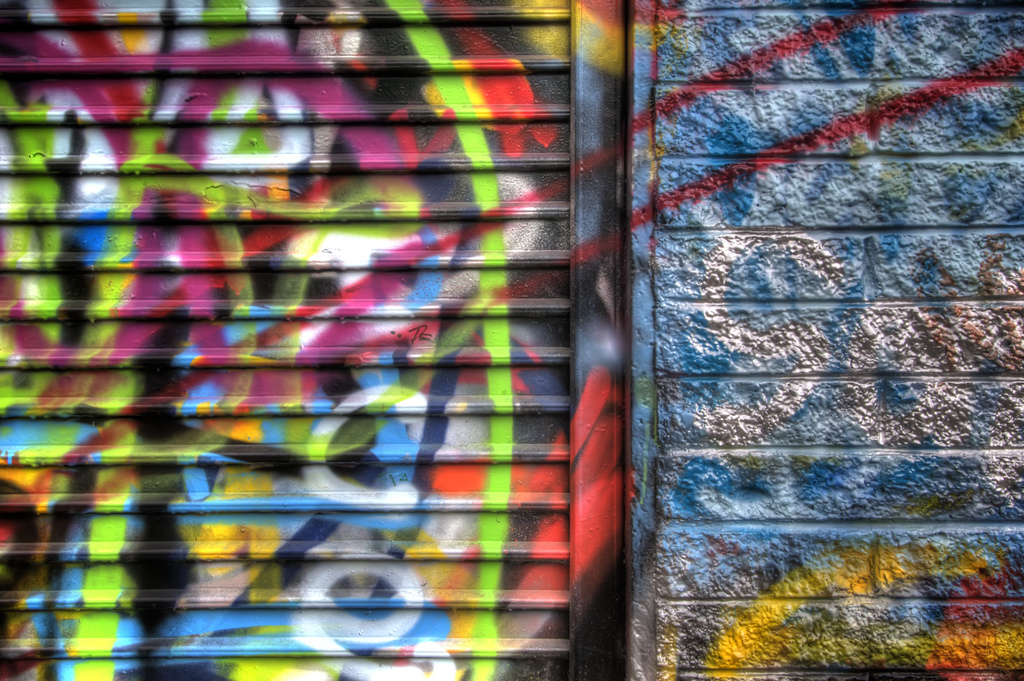
Windmill Lane
Dublin, Ireland
On Dublin's Windmill Lane sits Windmill Lane Recording Studios, used by many notable artists over the years. The site is a popular cult symbol and pilgrimage destination for music fans due to the studio's history with U2. Fans pay tribute by adding graffiti to the walls around the site.

Glacier Close-Up
Perito Moreno Glacier, Los Glaciares National Park, Argentina
A close look at the fracturing ice on the face of the Perito Moreno Glacier.
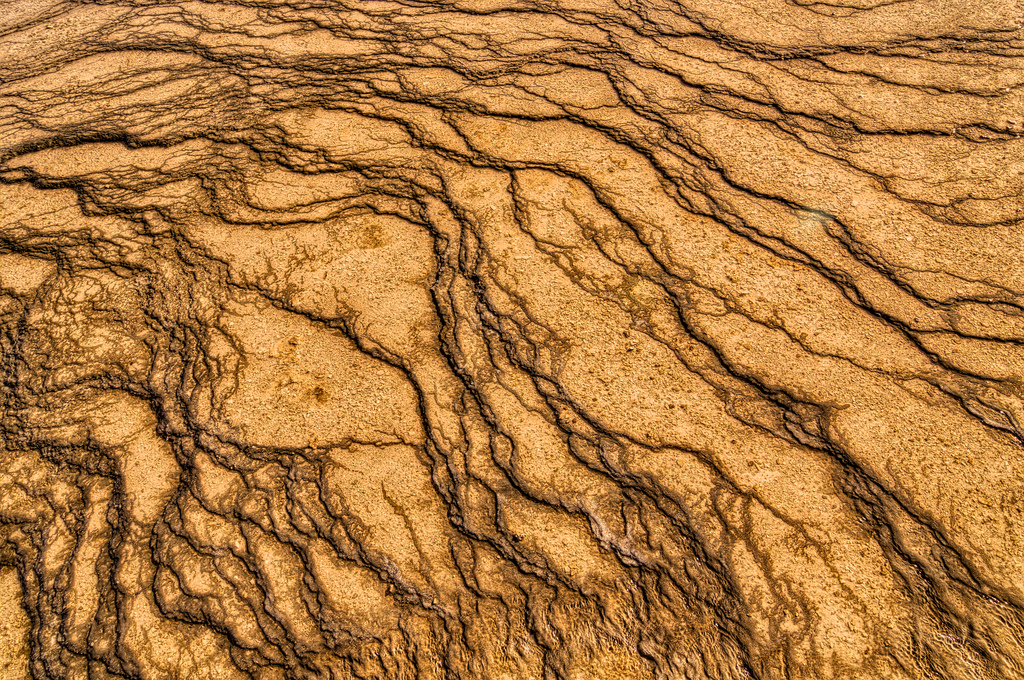
Bacterial Mats at Grand Prismatic Spring
Yellowstone National Park, Wyoming
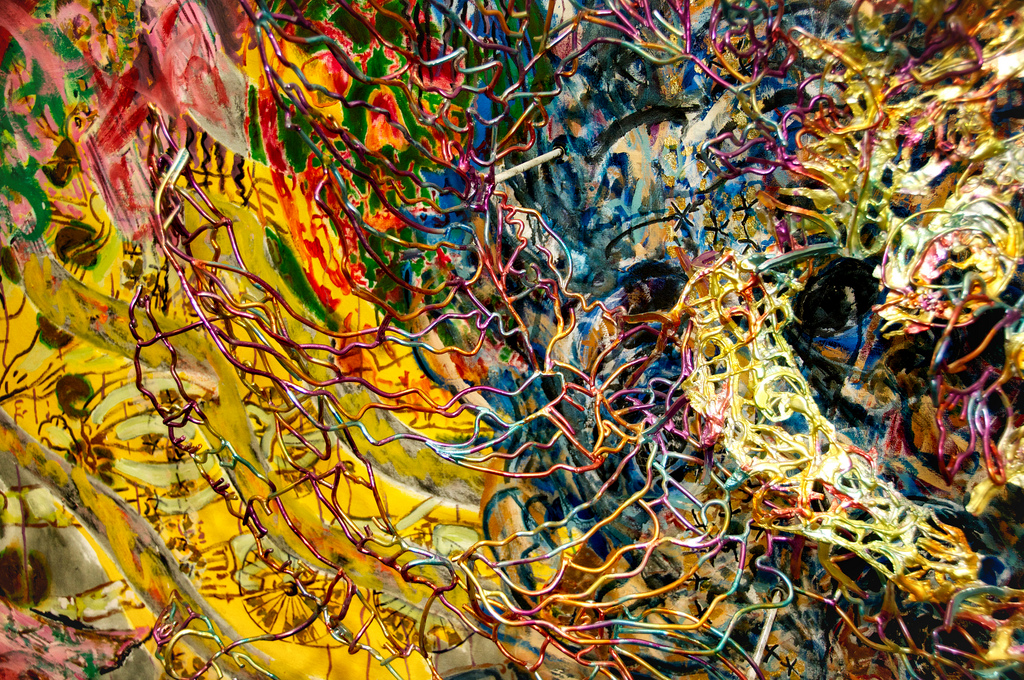
Color Splash
Washington, District of Columbia
Detail of a sculpture at National Museum of Women in the Arts.
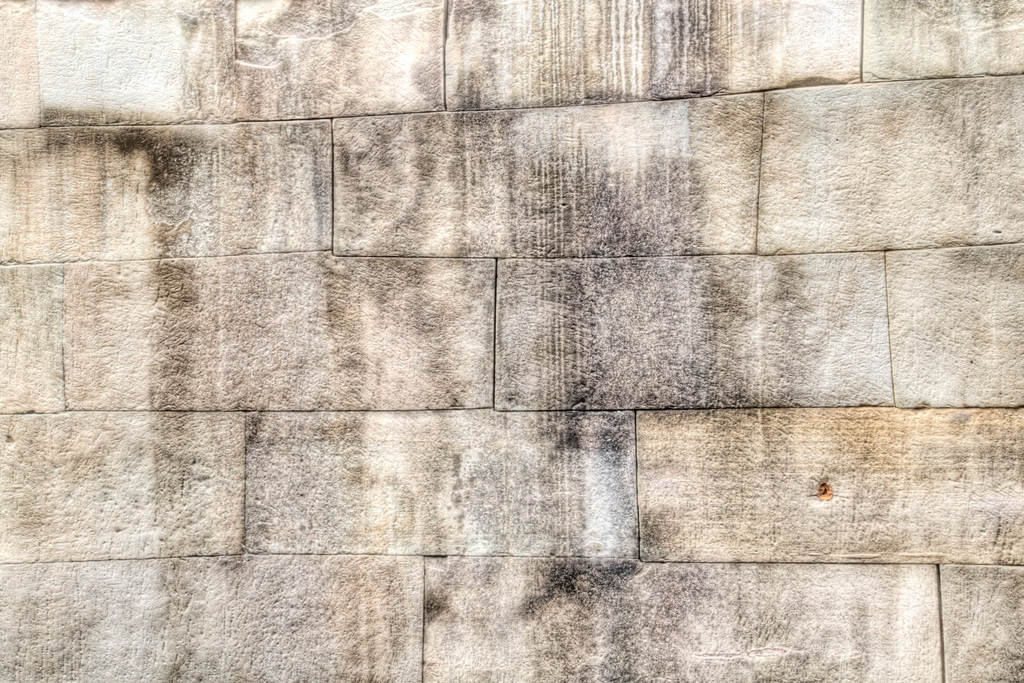
Angkor Wallpaper #1
Angkor Wat, Cambodia
A mildewy stone wall at Angkor Wat.

Grassy Cobblestone of Český Krumlov
Český Krumlov, Czech Republic
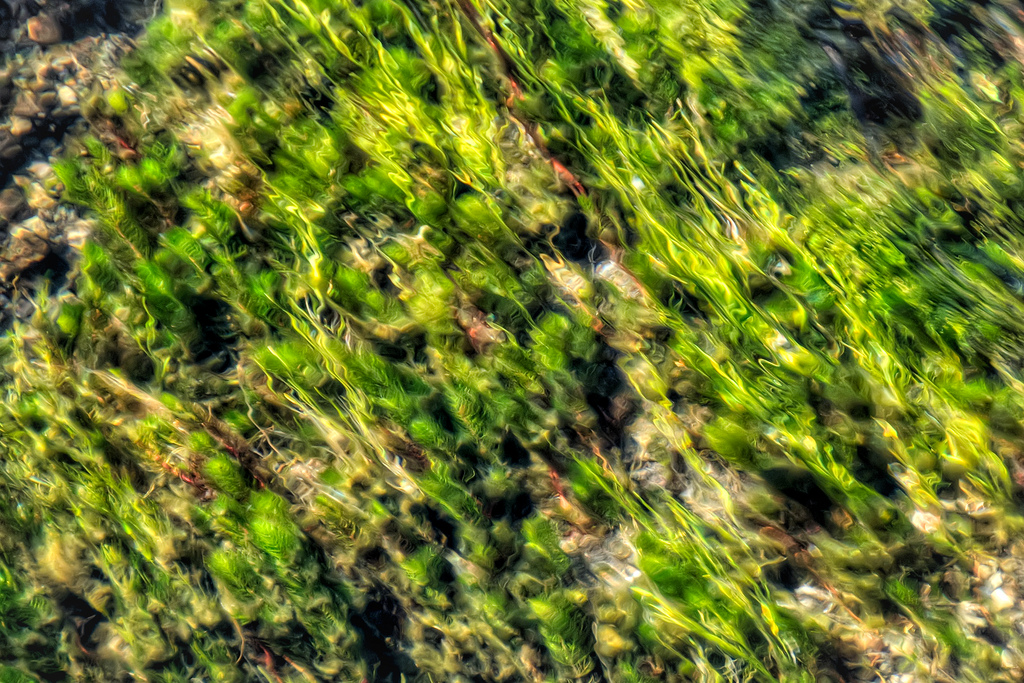
Shallows of Firehole River
Yellowstone National Park, Wyoming
One of the countless warm streams in Yellowstone National Park. Water entering the river from geothermal features contains dissolved chemicals and minerals. Levels of boron and arsenic have been found to be above the standard limits for protection of aquatic organisms. Despite these levels, brown and rainbow trout live and spawn in the river.
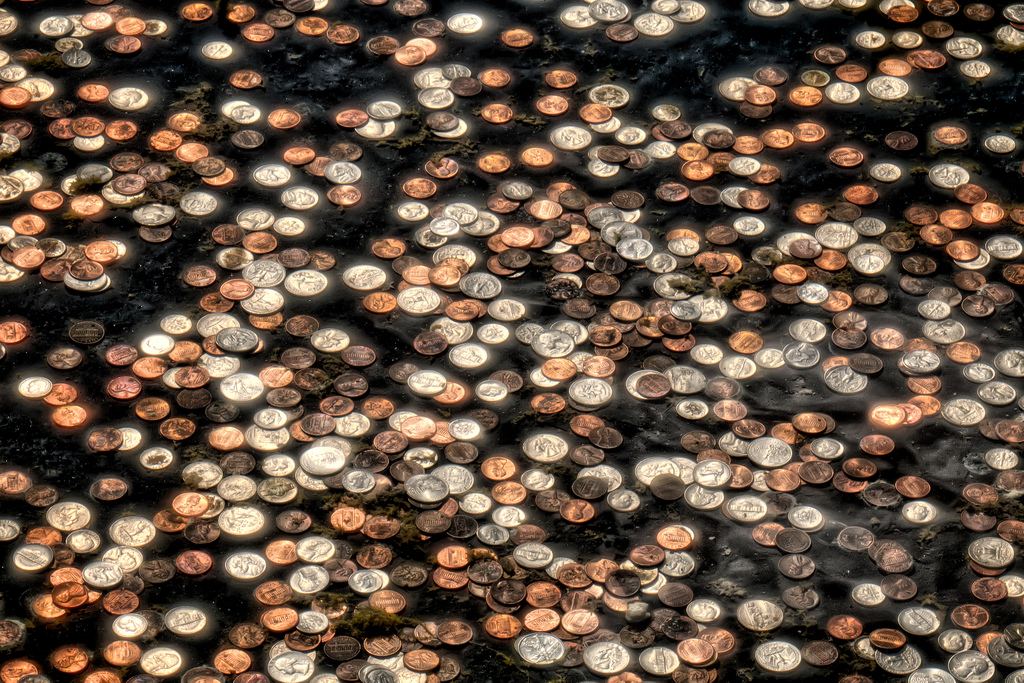
Coins at Crazy Horse
Crazy Horse Memorial, South Dakota
In a shallow pool of water on the viewing platform at the Crazy Horse Memorial.

Yellow Lichen on the Rocks
Ushuaia, Argentina
Awesome yellow lichen on rocks on a trail.
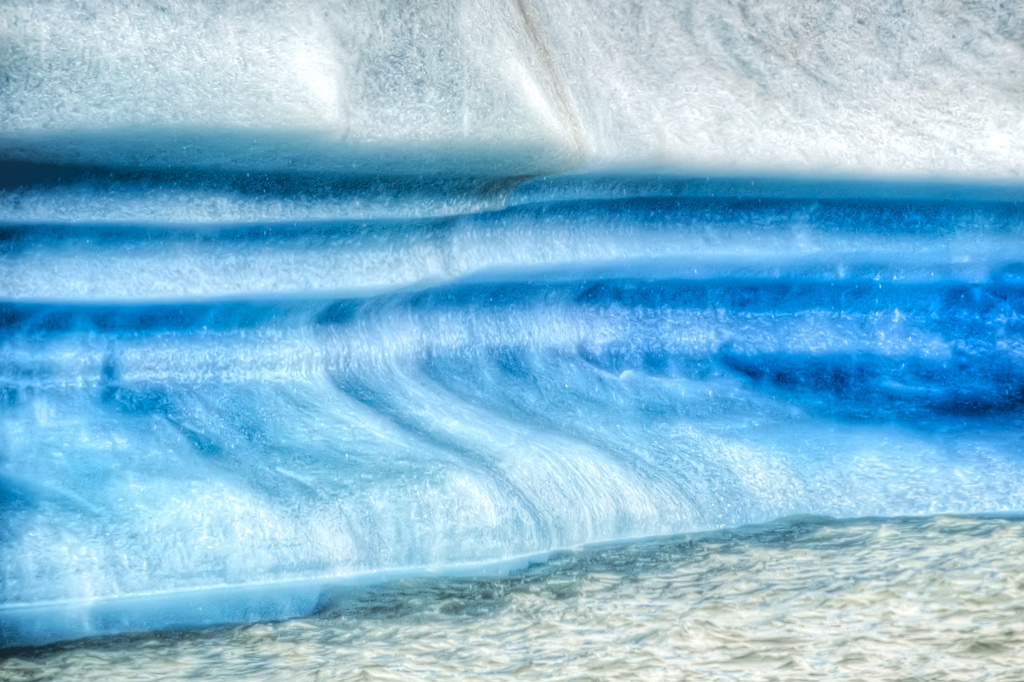
Iceberg Close-Up
Perito Moreno Glacier, Los Glaciares National Park, Argentina
A close look at the base of one of the icebergs broken off from the Perito Moreno Glacier.

Glacier Close-Up
Perito Moreno Glacier, Los Glaciares National Park, Argentina
A close look at the fracturing ice on the face of the Perito Moreno Glacier.
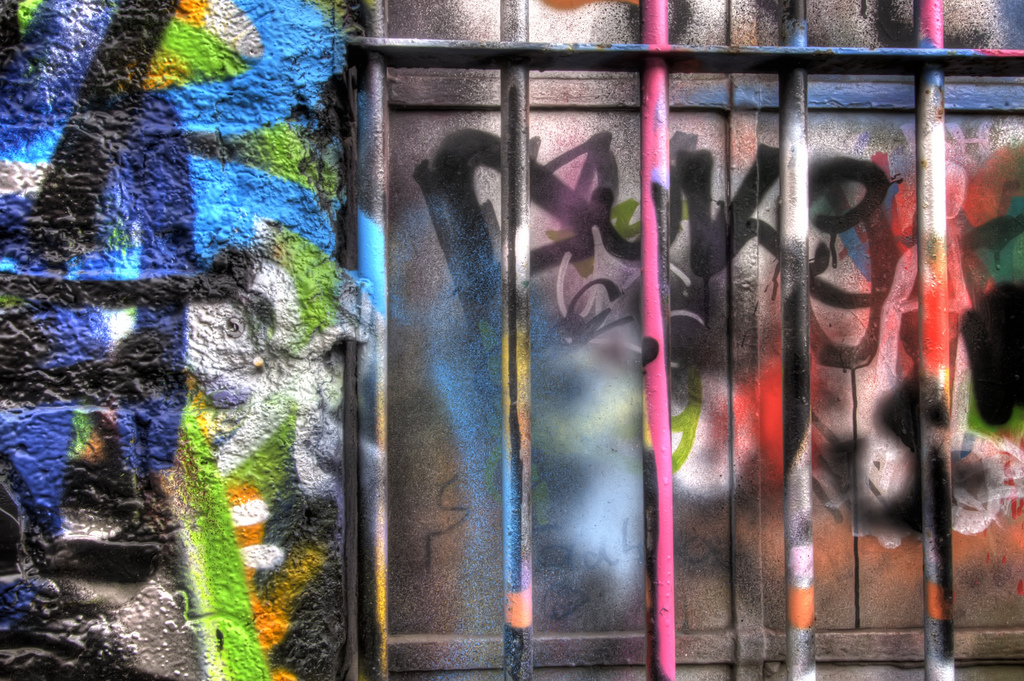
Windmill Lane
Dublin, Ireland
On Dublin's Windmill Lane sits Windmill Lane Recording Studios, used by many notable artists over the years. The site is a popular cult symbol and pilgrimage destination for music fans due to the studio's history with U2. Fans pay tribute by adding graffiti to the walls around the site.
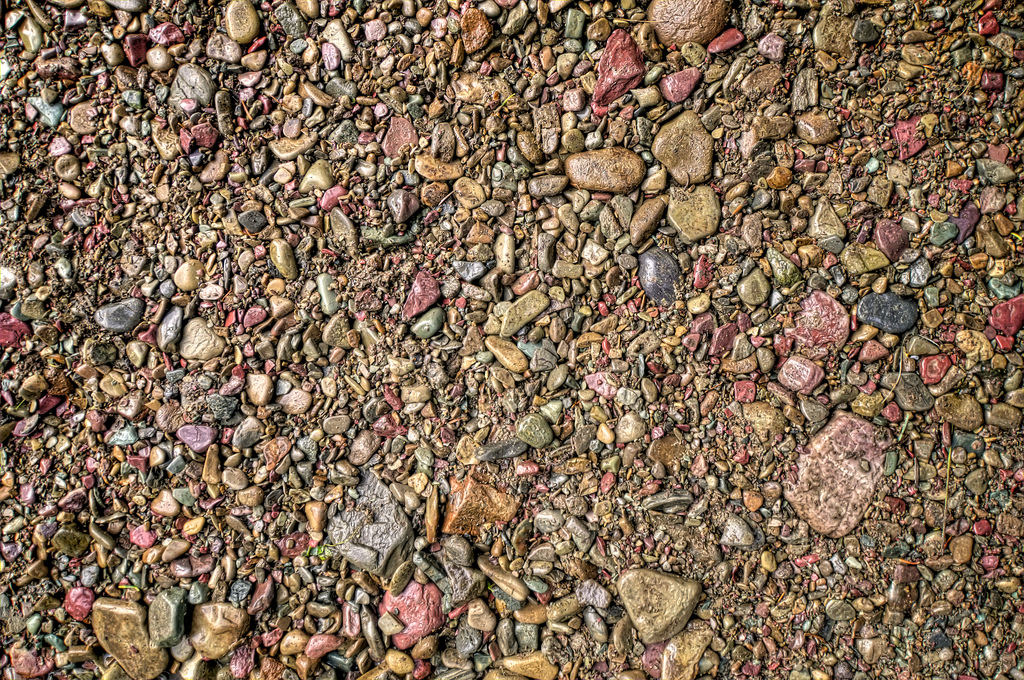
Crushed Rock
Glacier National Park, Montana
Weathered by millions of years of erosion, scattered along a trail in Glacier National Park.

Shell Beach
Shell Beach, Western Australia, Australia
The beach in the Shark Bay region of Western Australia was named due to the great abundance of shells from the cockle species Fragum erugatum. The shells reach a depth of 7 to 10 meters and eventually form a limestone that is known as coquina.
My latest travel photos.
Philosophies
Some thoughts on photography.
On choosing a subject:
Choose interesting subjects. For travel pictures in particular, figure out what really makes the place unique. Once you have a subject, simplify. Learn how to remove the distractions that might draw attention away from your subject or confuse your message.
On why to take a photo:
Does your shot tell a story? Does the subject mean anything to you or anyone else? Does your shot offer a unique perspective? Make it personal. Don't just duplicate the pictures that have already been taken a thousand times, and don't waste your time trying to outdo what other people have done using more expensive equipment and better vantage points. You will not be able to do better than the guy who is taking pictures from a helicopter at sunset.
On developing your eye:
Developing your "eye" as a photographer comes from taking a hard look at photos and learning how to articulate what it is that you like and don't like about them. Find the nearest photograph. Your gut will tell you right away if you like it or not. But WHY? What is it specifically about the photo that works or doesn't work? Critical thinking will help you develop your eye before you even pick up your camera.
On composition:
Observe the common rules for composition. Learn about the rule of thirds and golden ratio. Don't put anything along the edge of the frame or right in the middle. Either shoot straight-on to your subject, or take your shots at an obvious angle. A shot that's just a little off will look sloppy. Break the rules only when you have a good reason for doing so.
On portraits:
Always focus on the eyes. In conversation, people always look at one another in the eyes. It's the same when you're looking at a face in a photograph. If they eyes are out of focus, we can't make a "connection" with the subject. If they're not looking at you, what are they looking at? If you're unsure, that also breaks the "connection" with the subject.
On black and white photography:
Make sure your subject is interesting enough and simple enough for black and white. In a lot of ways, it's harder to take a good black and white picture than a color one because the lack of color forces the viewer to concentrate more on tonality and composition, aspects of photography which can take a lot of time to understand and master.
On using a camera:
Conceptually, cameras aren't complicated, but some people just don't have a knack for gadgets. Unfortunately, it does take a certain amount of technical ability to operate a camera properly and get the best results out of it. Realize that ISO, aperture, shutter speed, and filters all work together to control exposure. Changing one of these components means that the others will also need to change, automatically or manually. Understand how these changes affect the quality of the image.
On shooting RAW:
If you have a beefy camera that can do it, shoot RAW, especially if you're visiting a place you'll probably never come back to. RAW gives you a lot more flexibility in post-processing. Just make sure you have a laptop or external drive with lots of storage space. These files are pretty big.
On post-processing:
Almost every photo will benefit from some degree of post-processing on the computer, so having technical ability there helps as well. Whether it's touch-ups or HDR, don't overdo it. Post-processing rarely makes a bad photo good.
On getting better:
Get out there and experiment. With a digital camera and a critical eye, the education is free and instantaneous. You are your best teacher. Examine your shot right after you take it, and examine it critically. Did it turn out the way you were expecting? Why not? What do you need to change to get what you want? Show your photos to family, friends, and online communities. Learn how to take criticism, and learn when to ignore it. Ask questions. Make photographer friends. Shoot with them, learn from them.
Contact
Selected photographs are available for purchase. I am also available for weddings, corporate events, family photos, and headshots. Need some photos? Send me a note below.